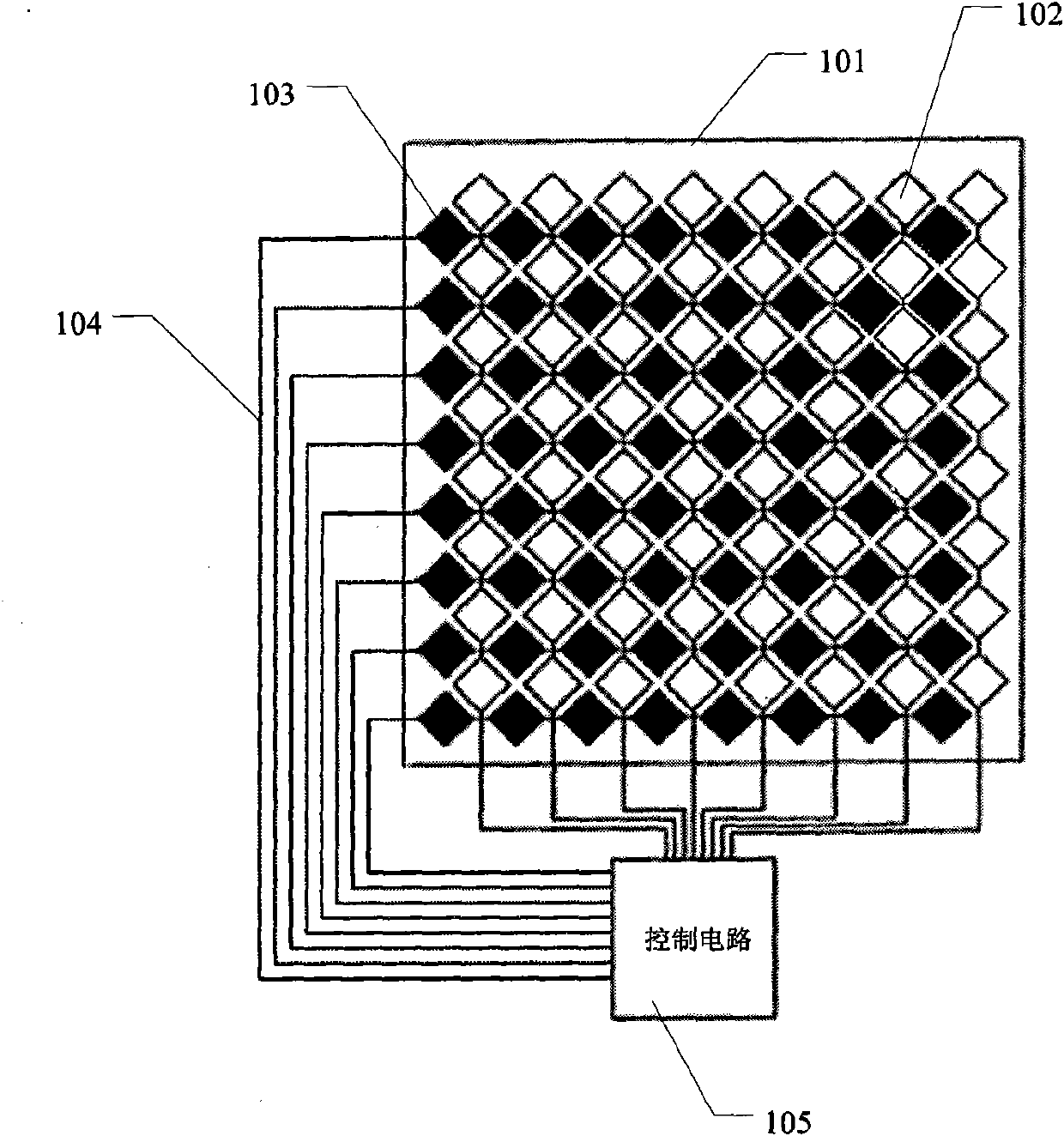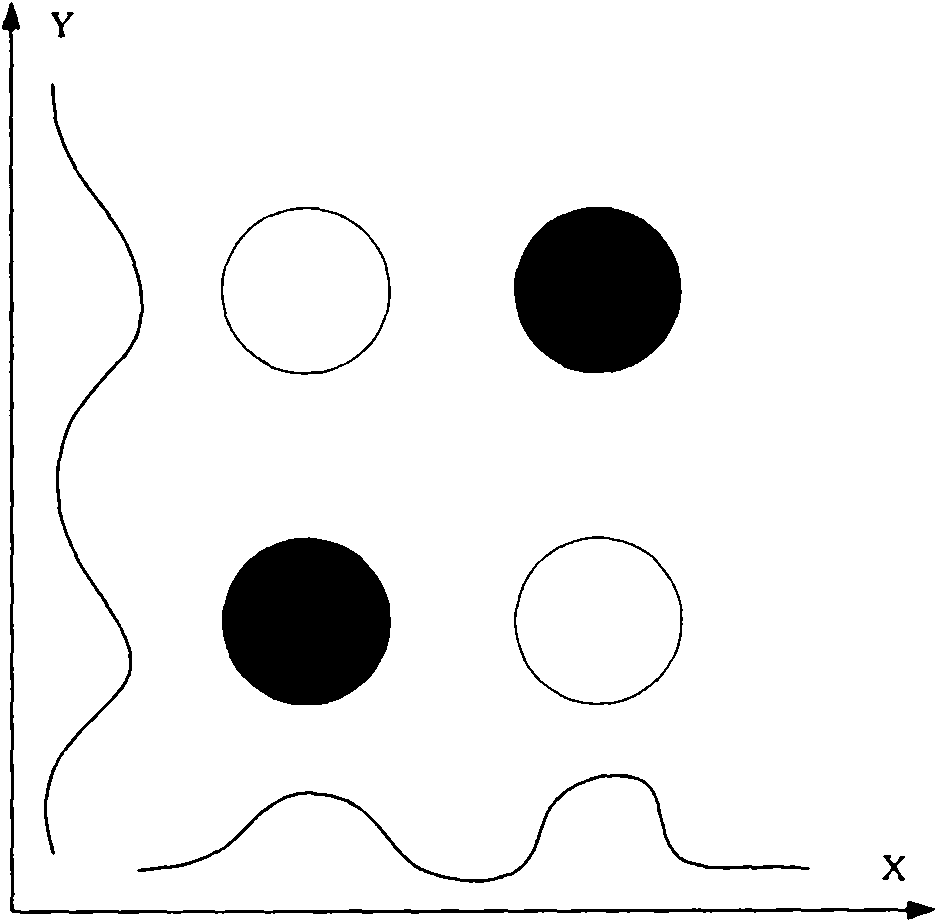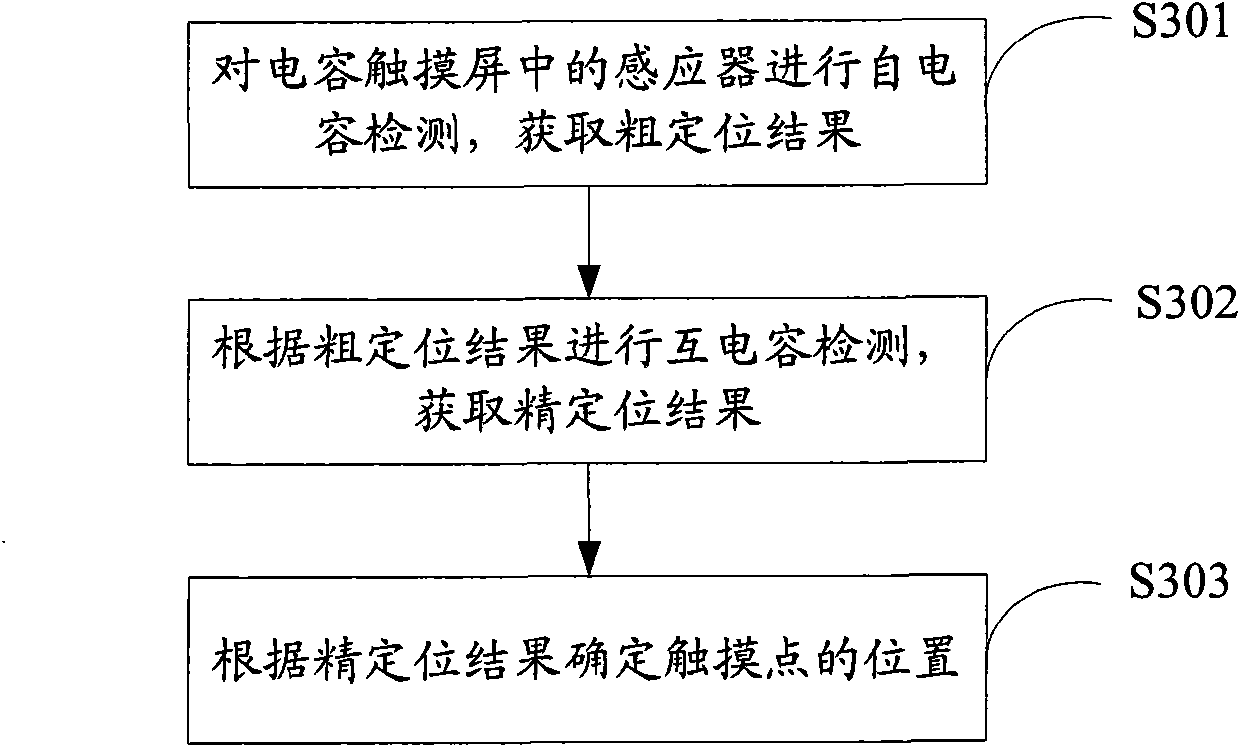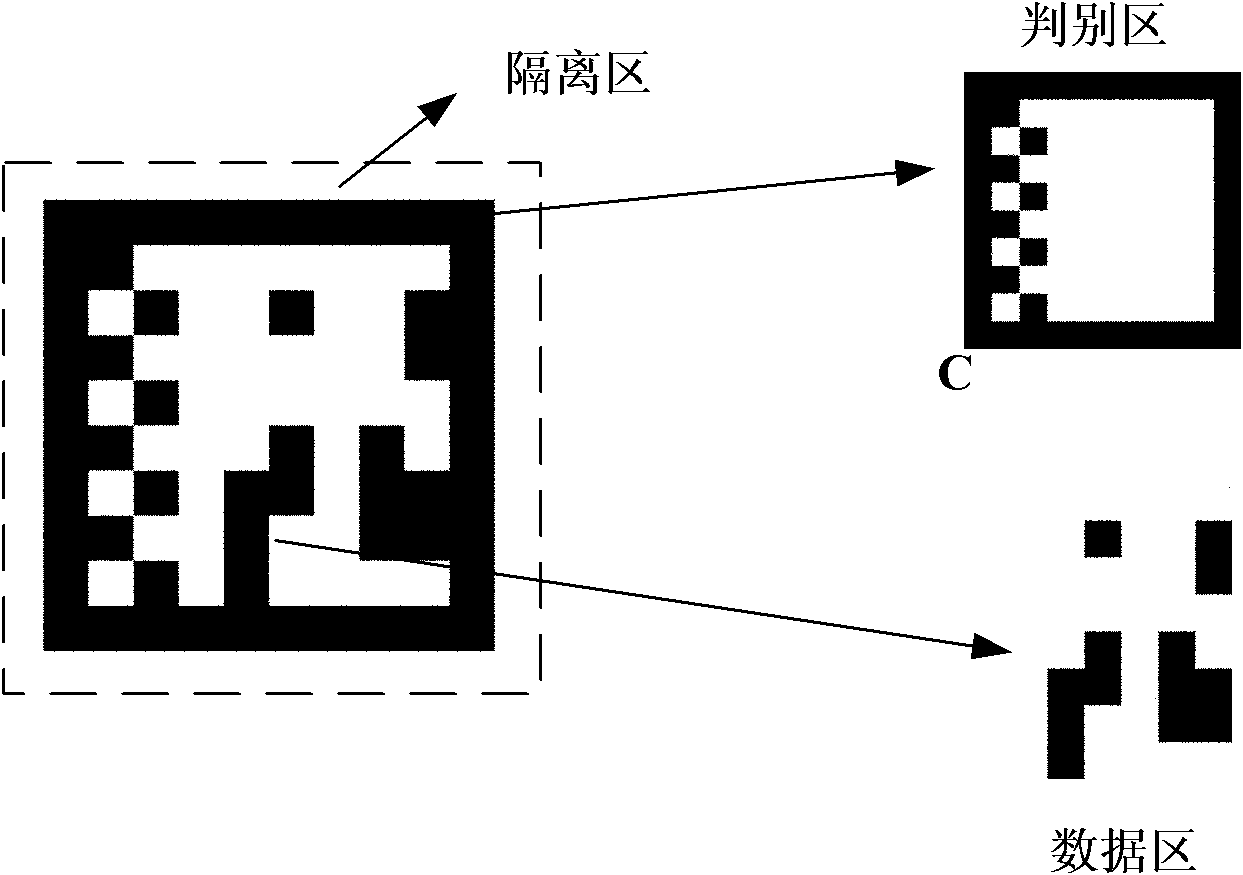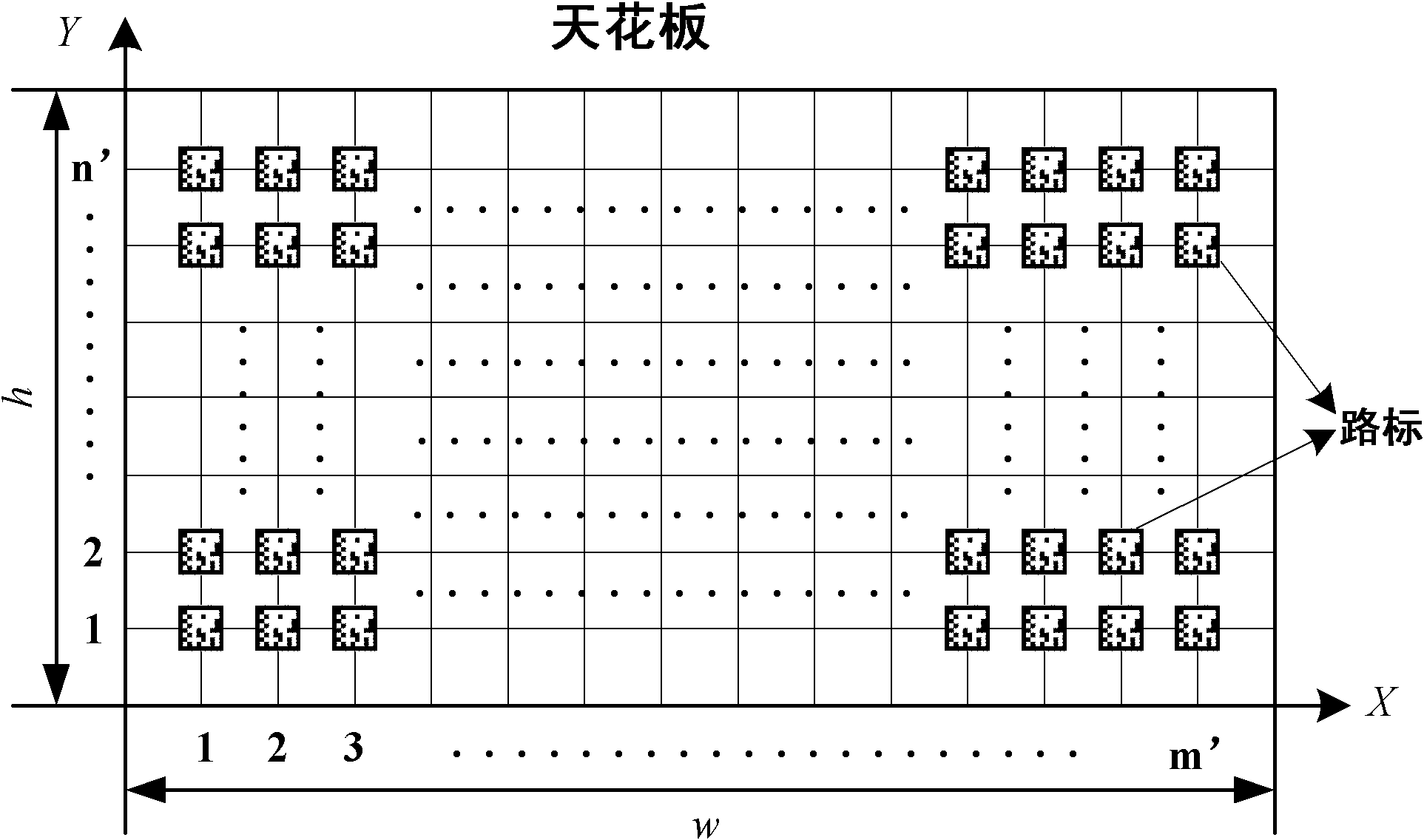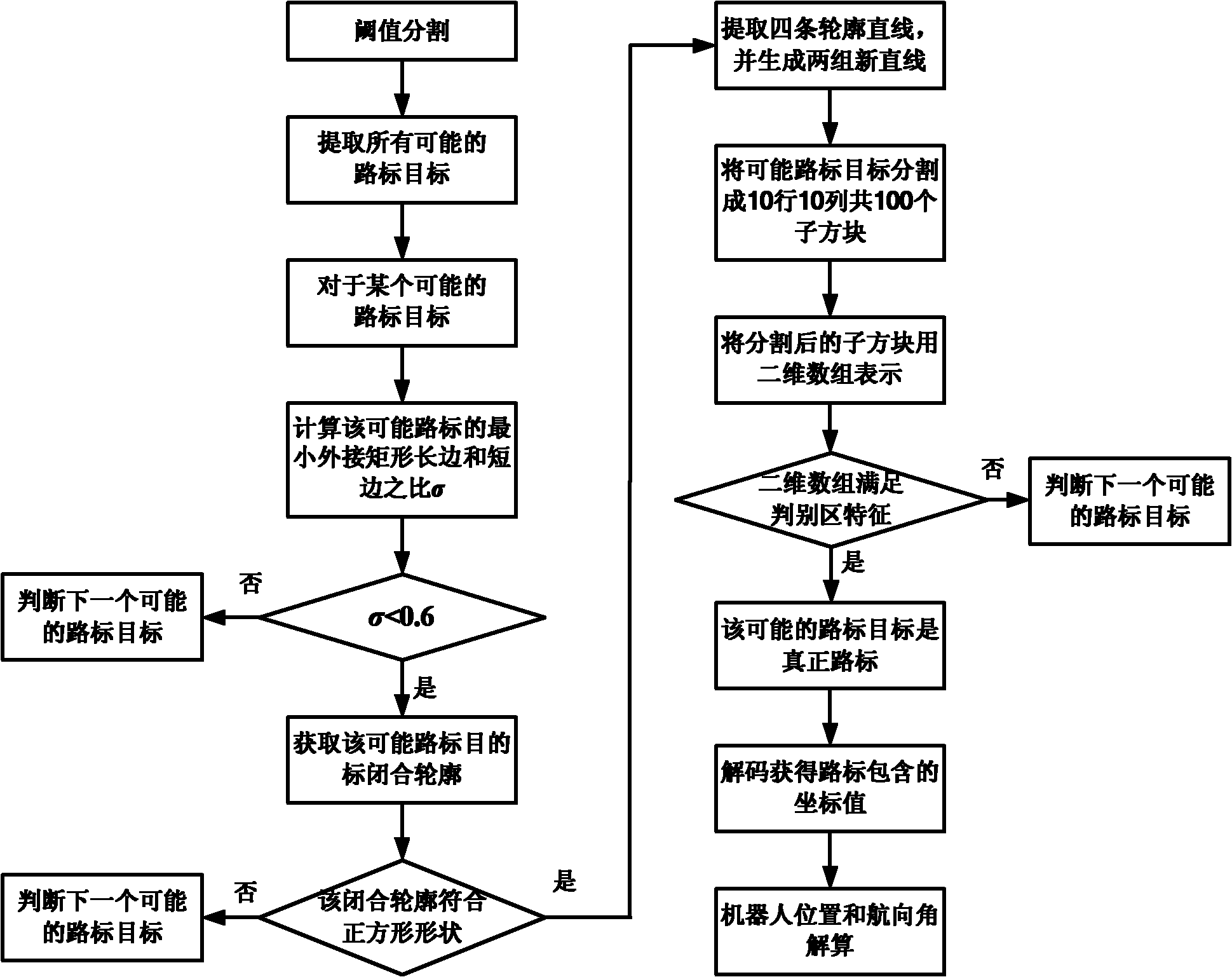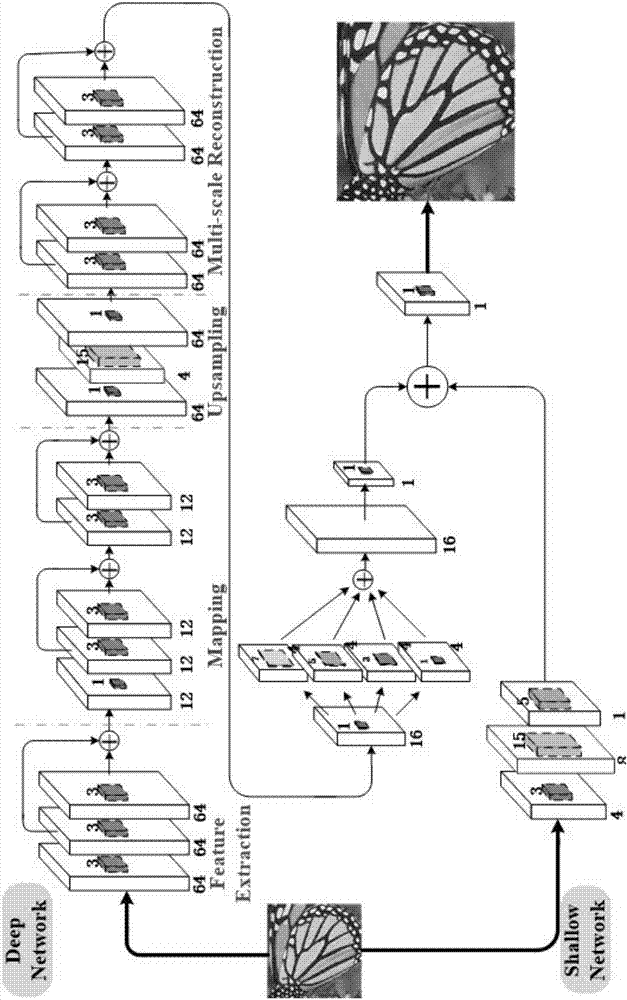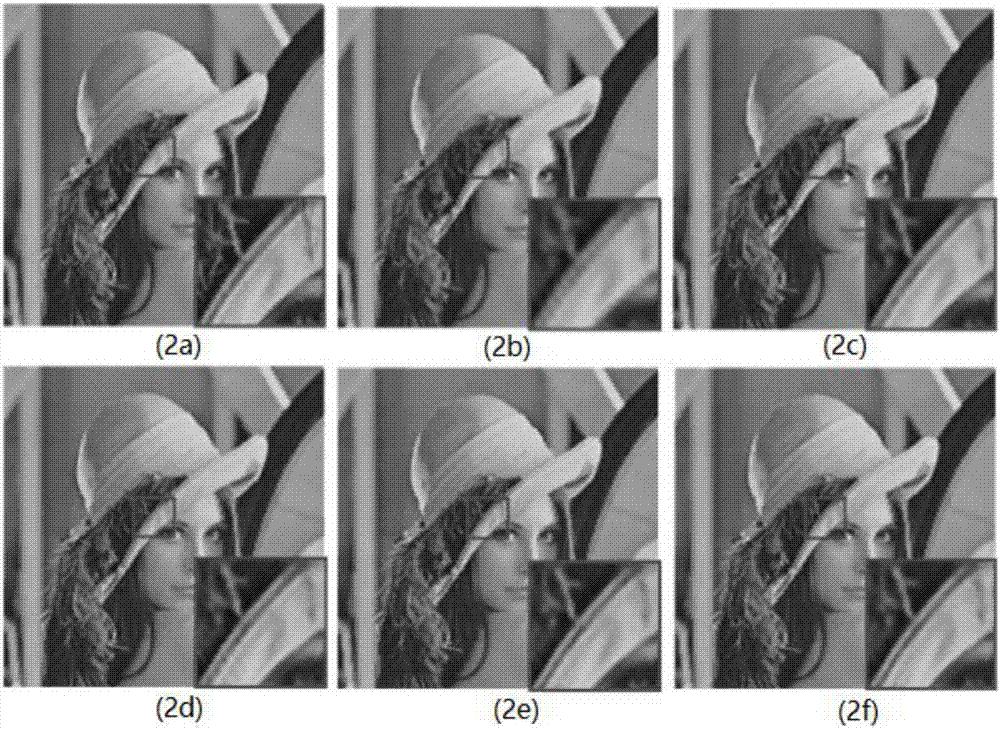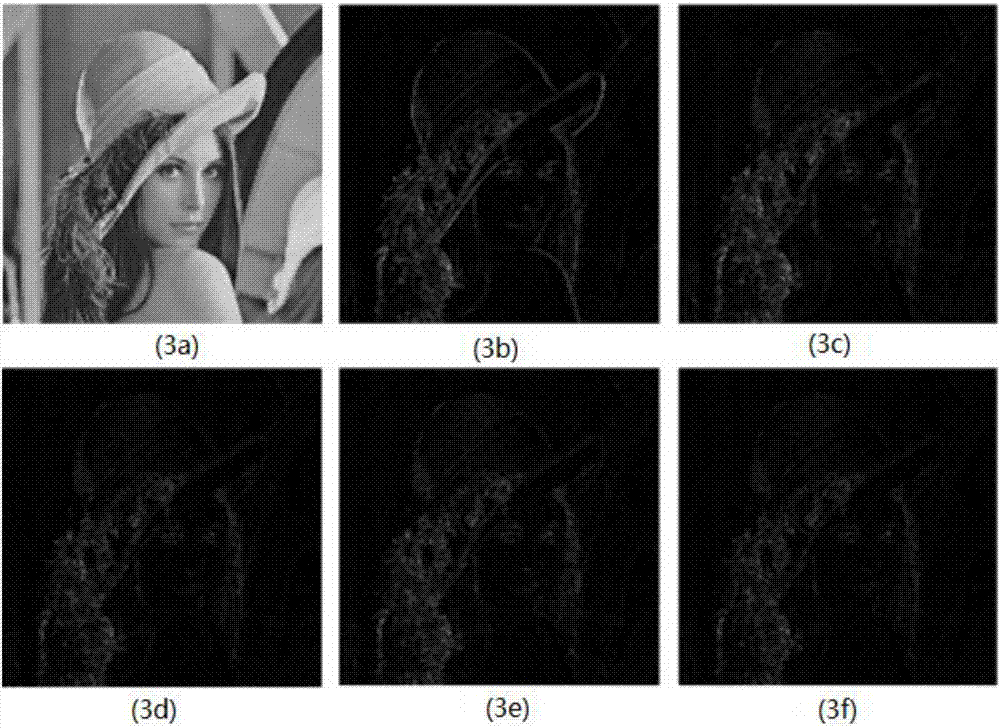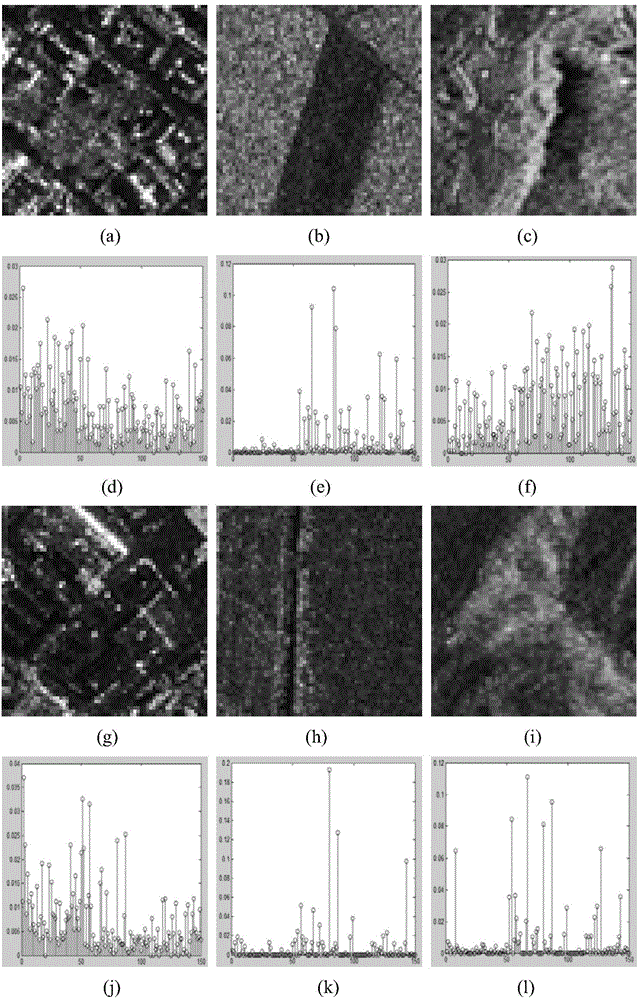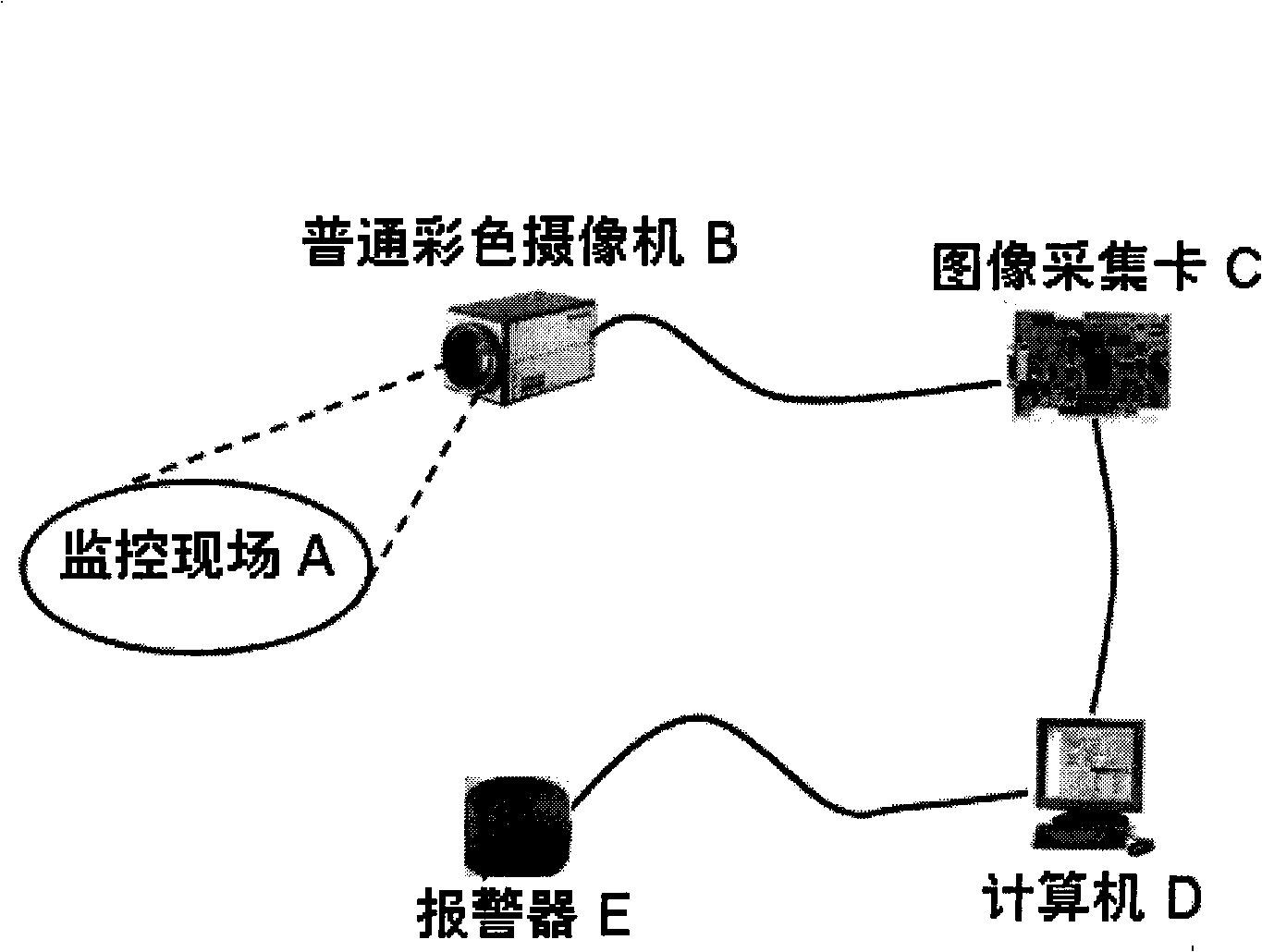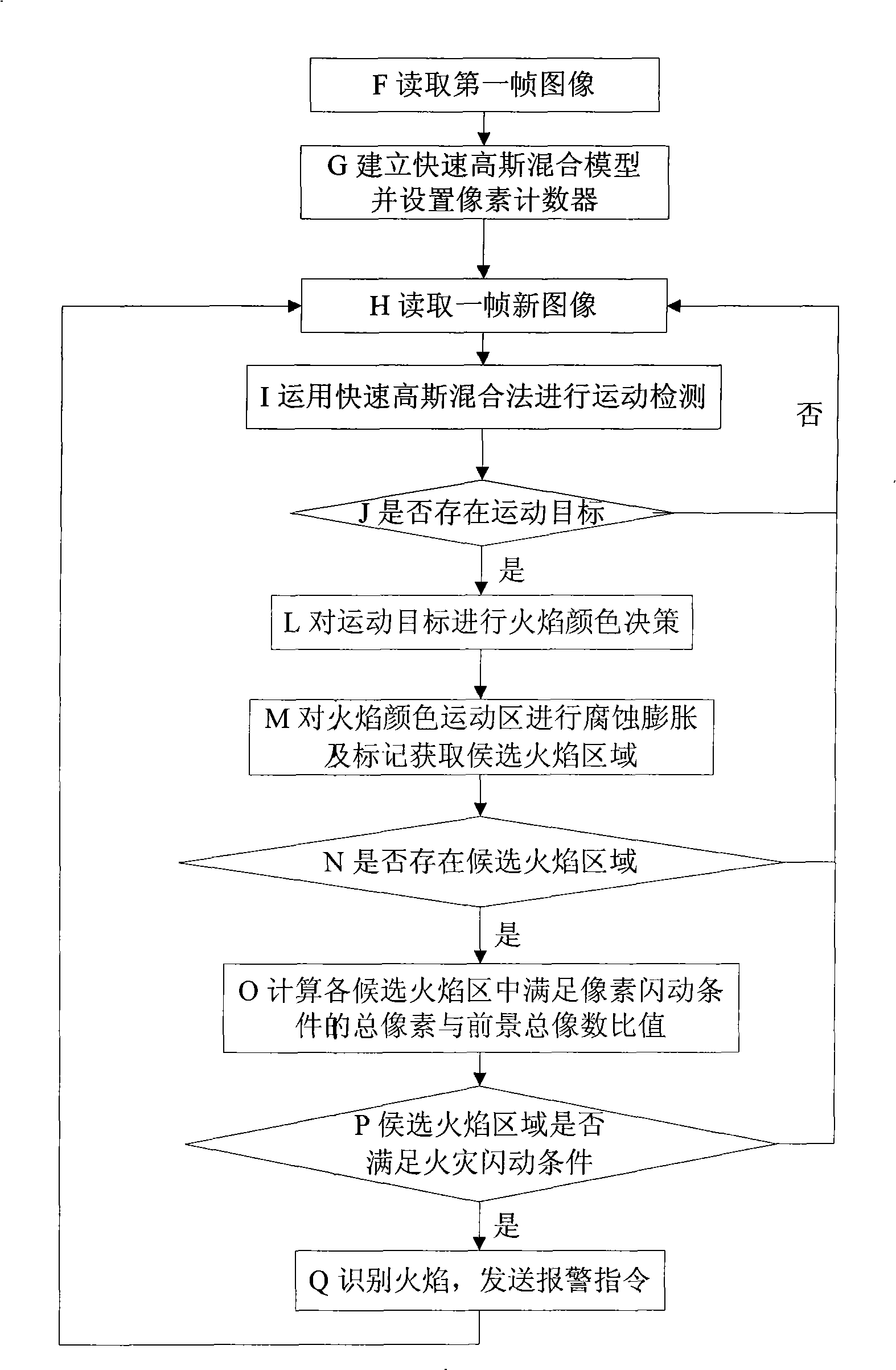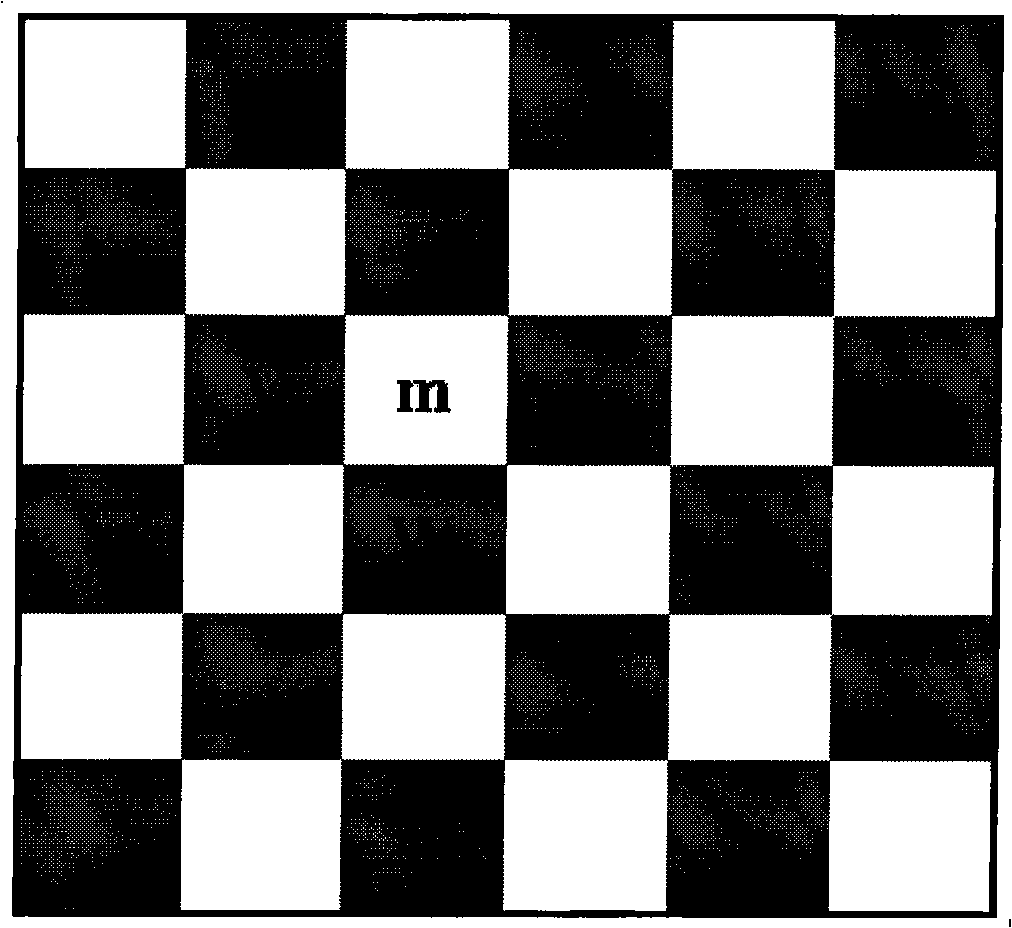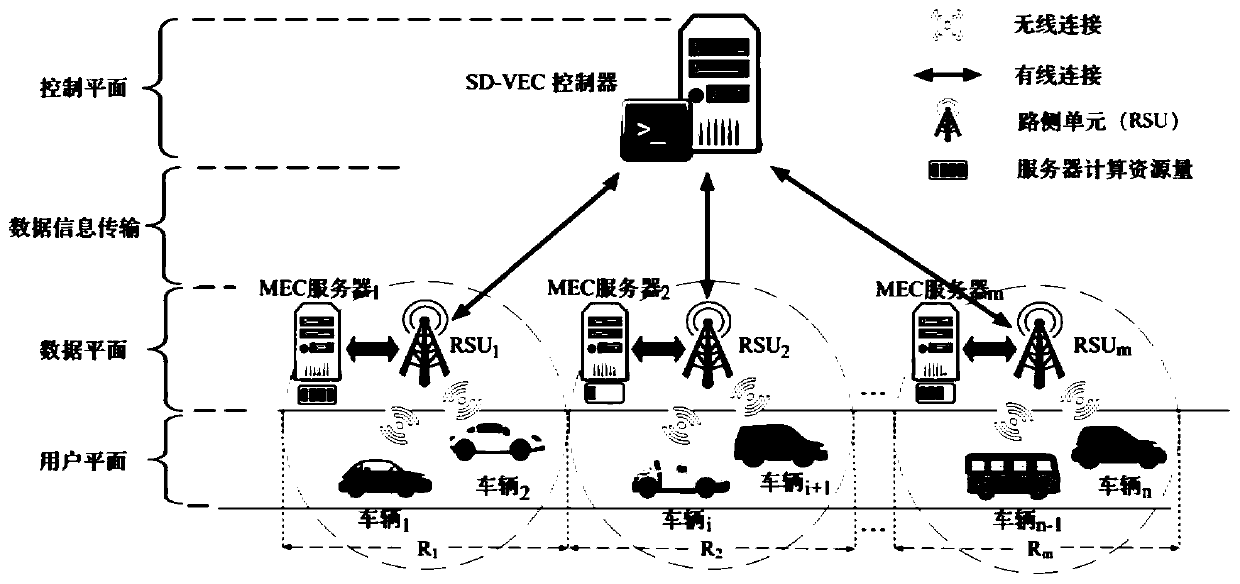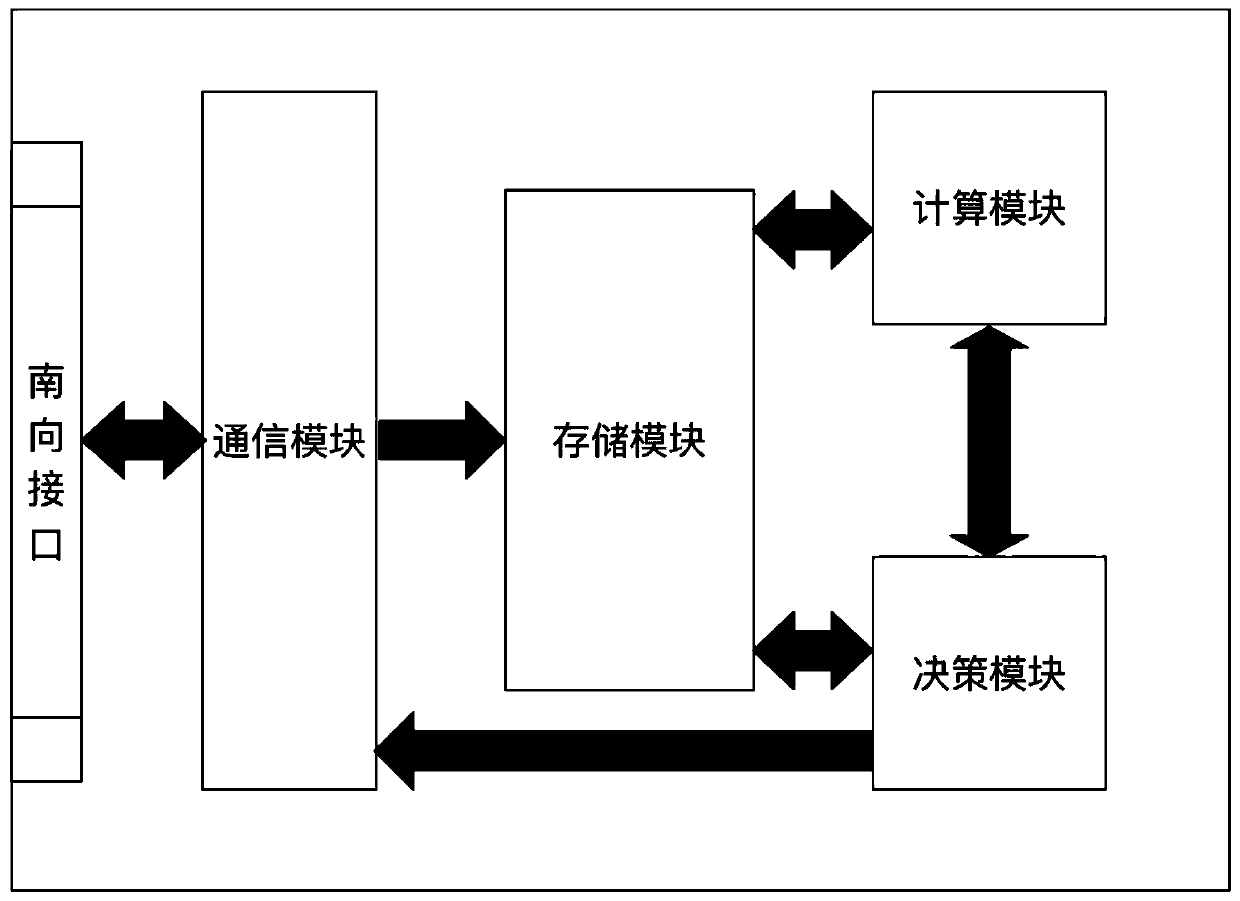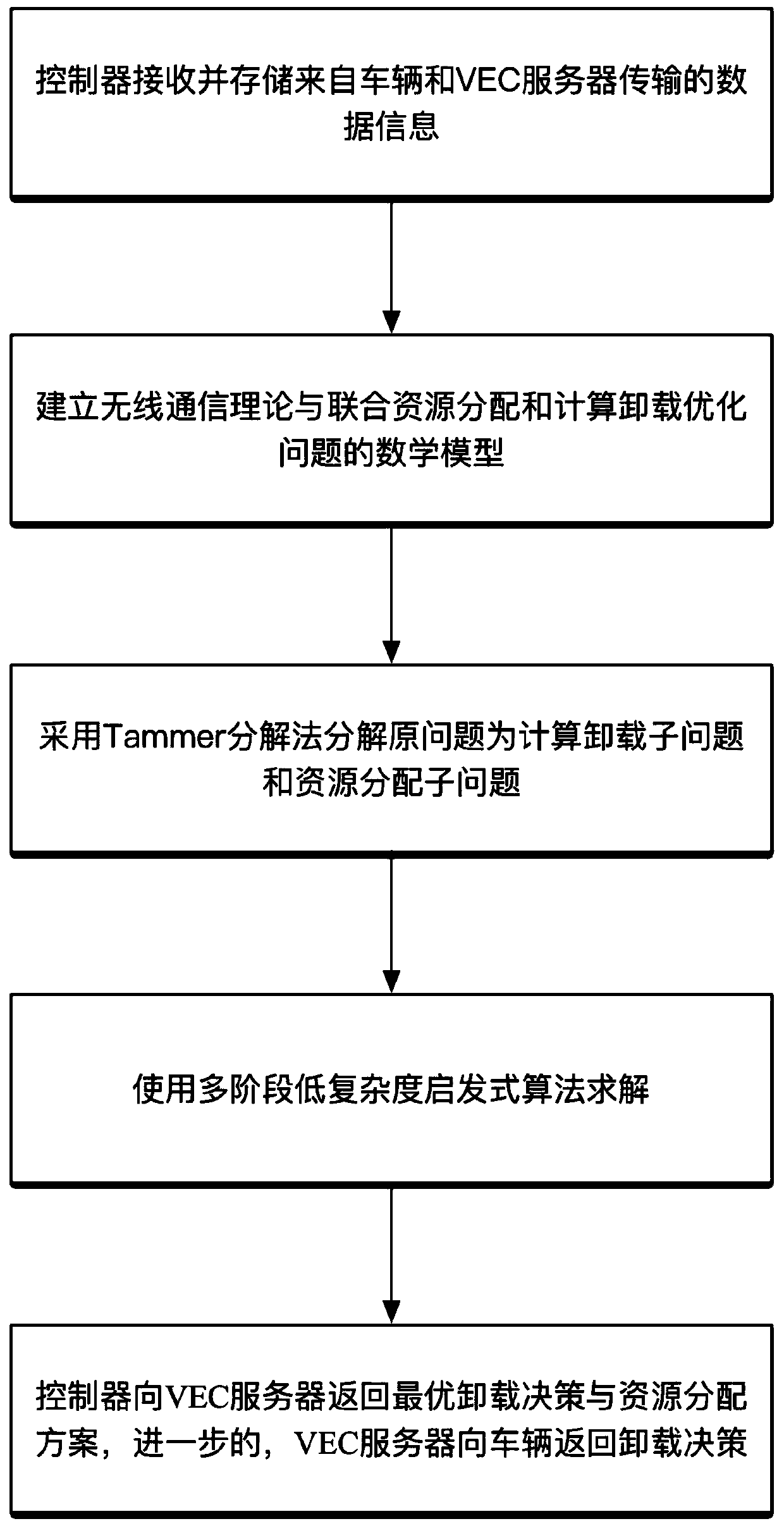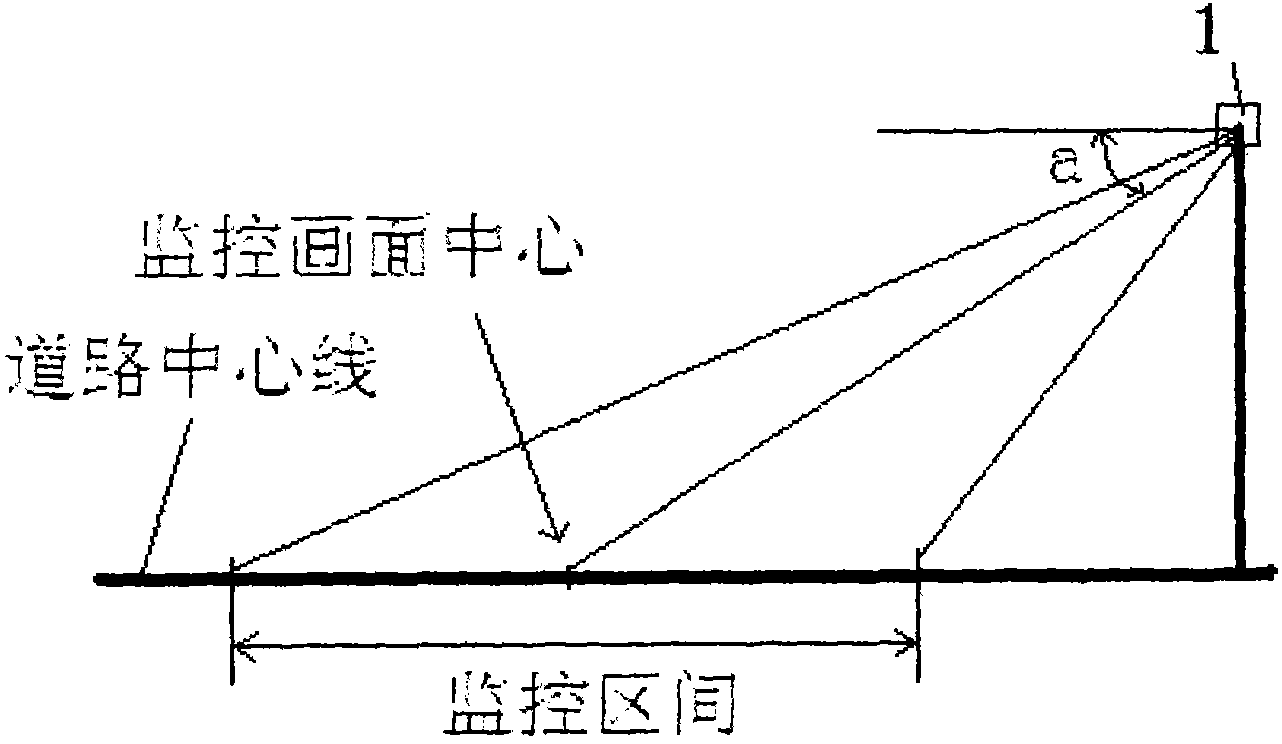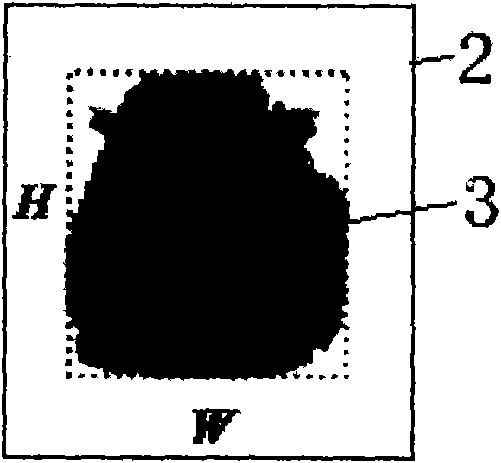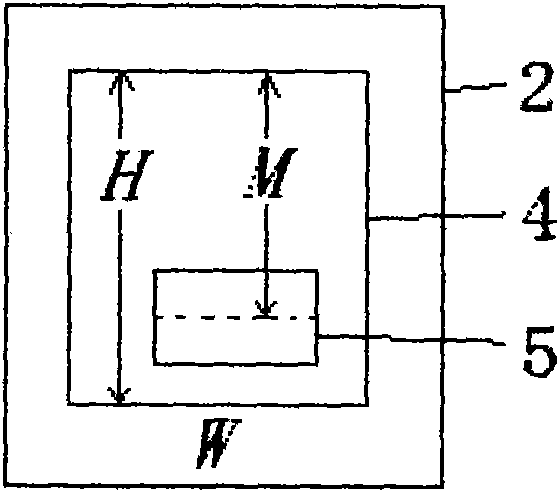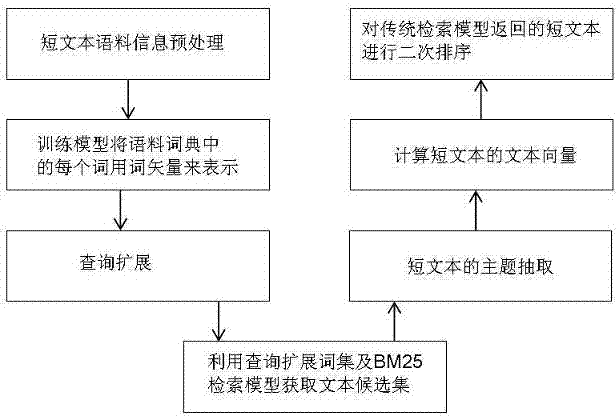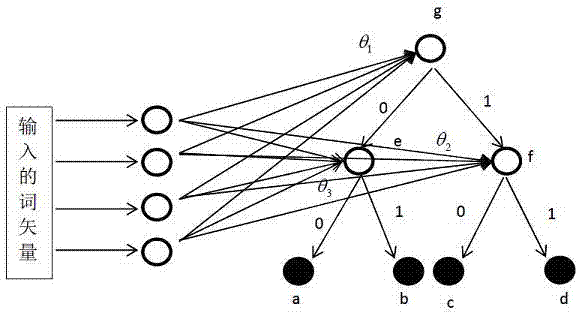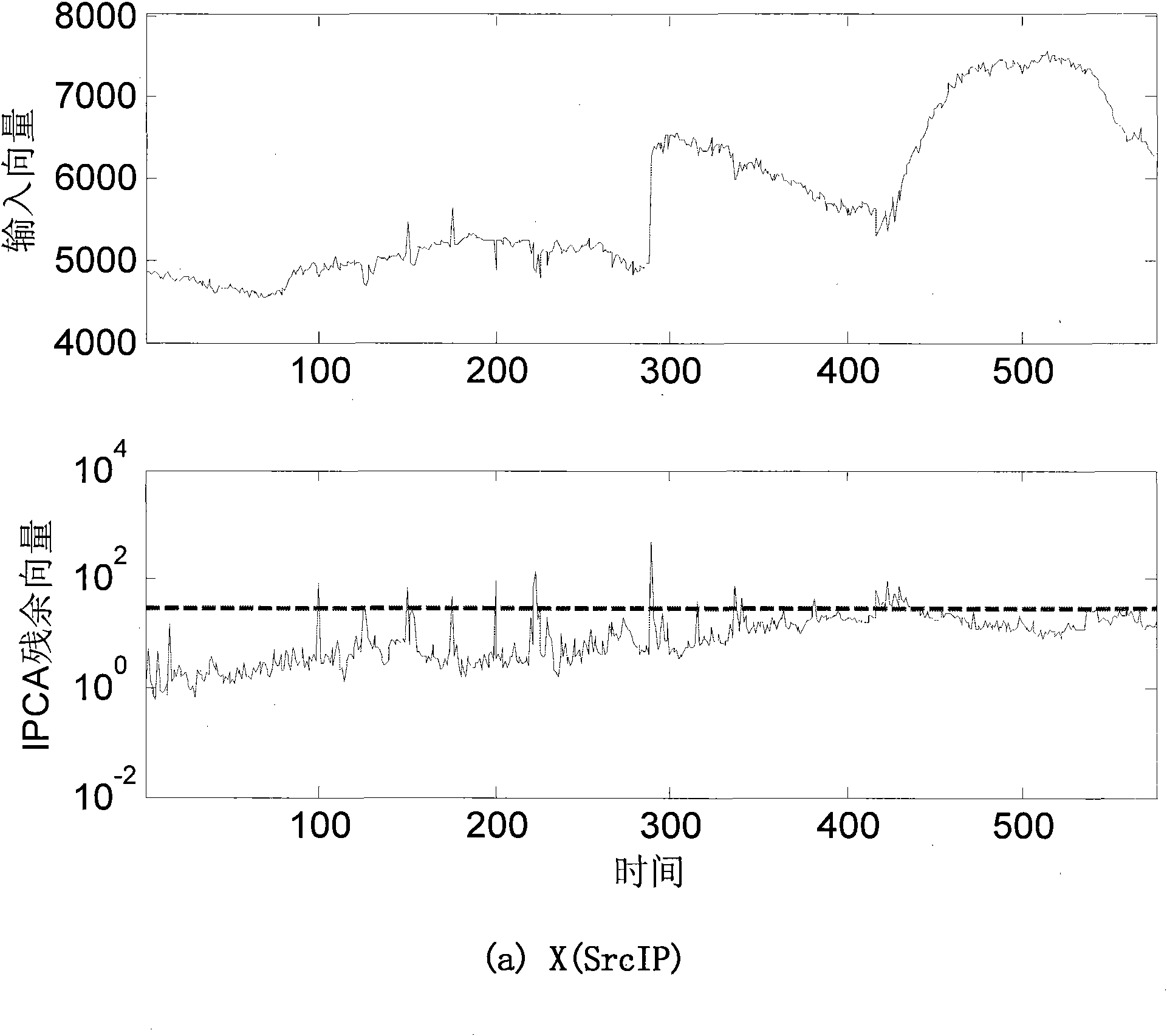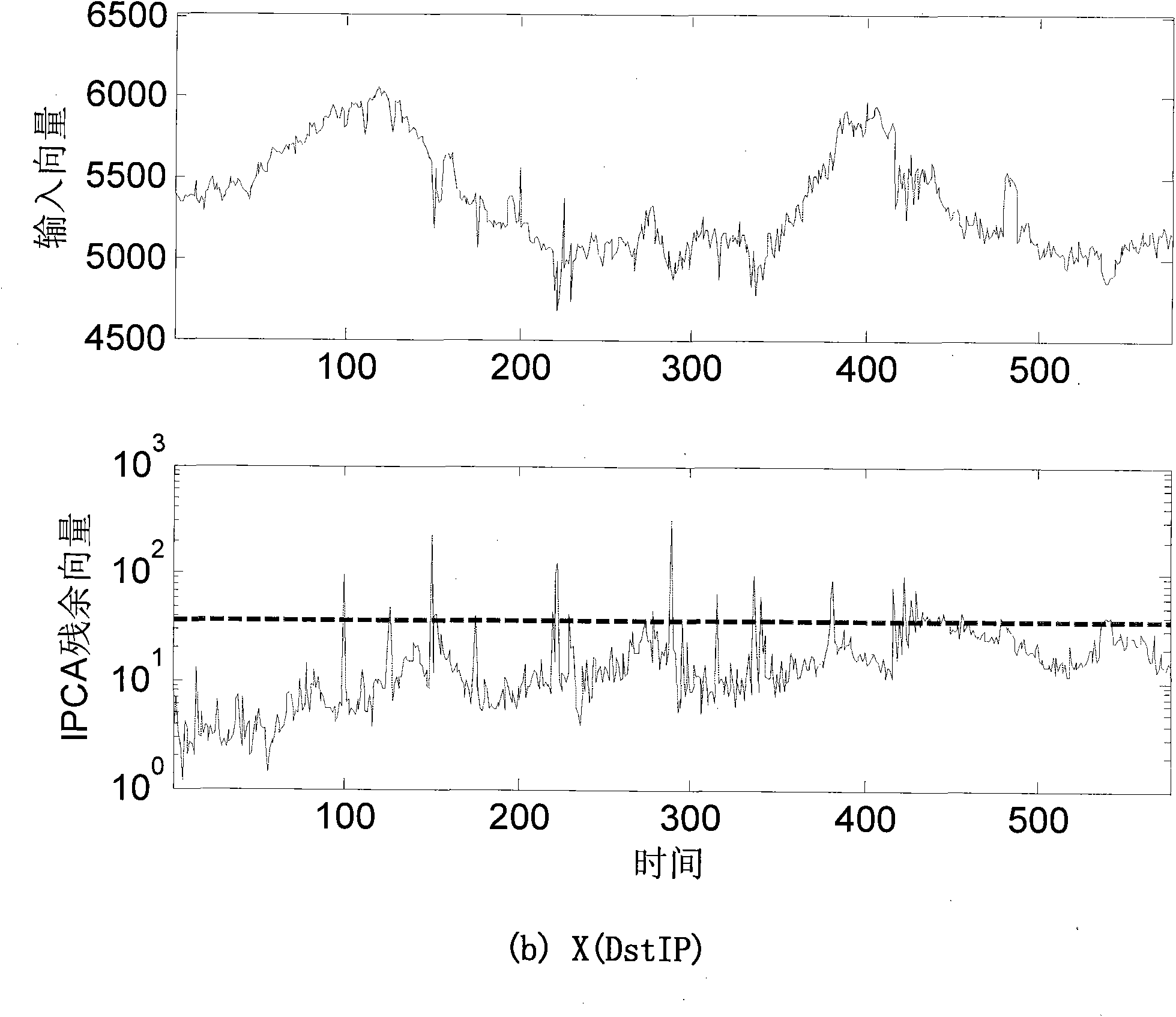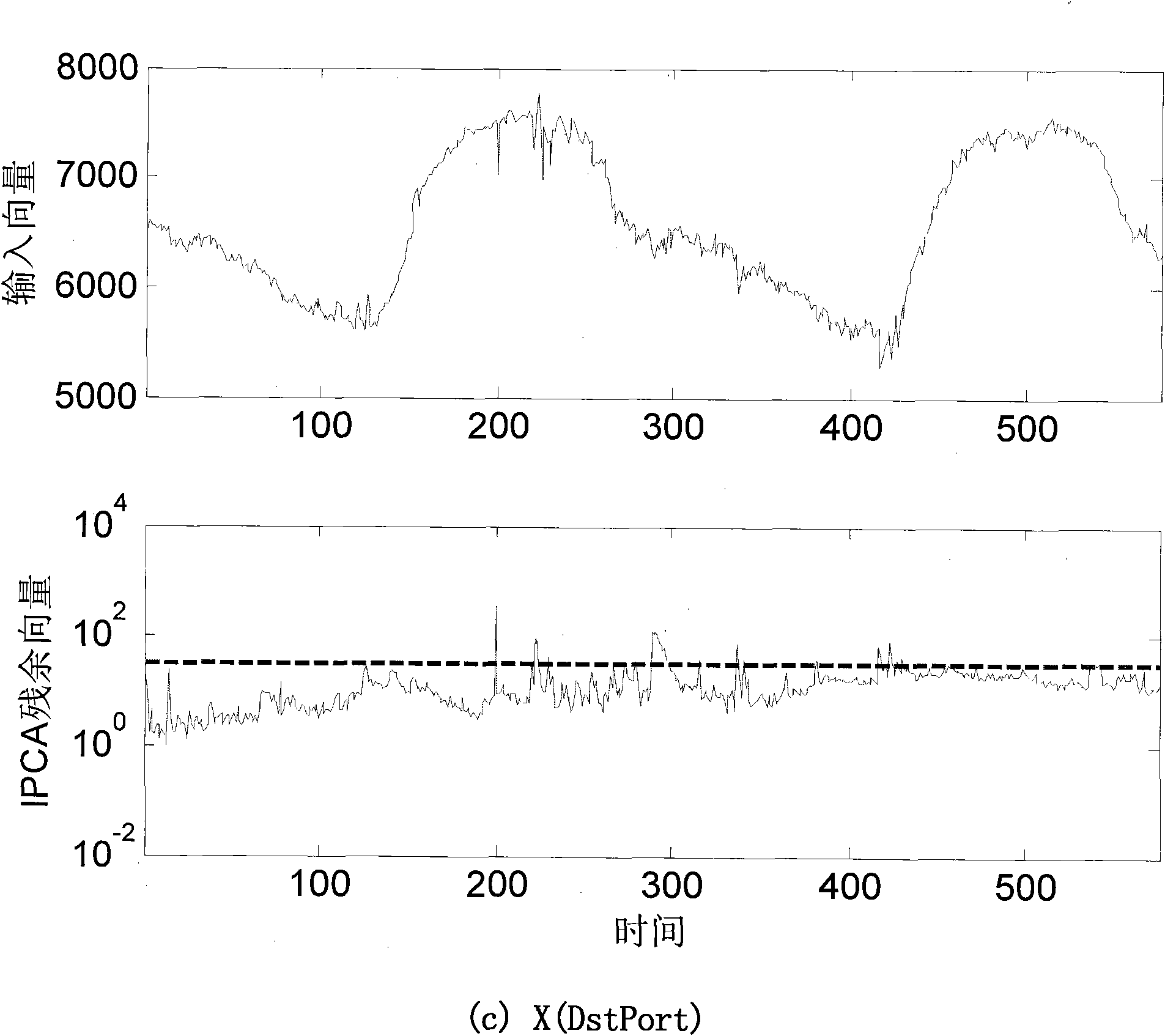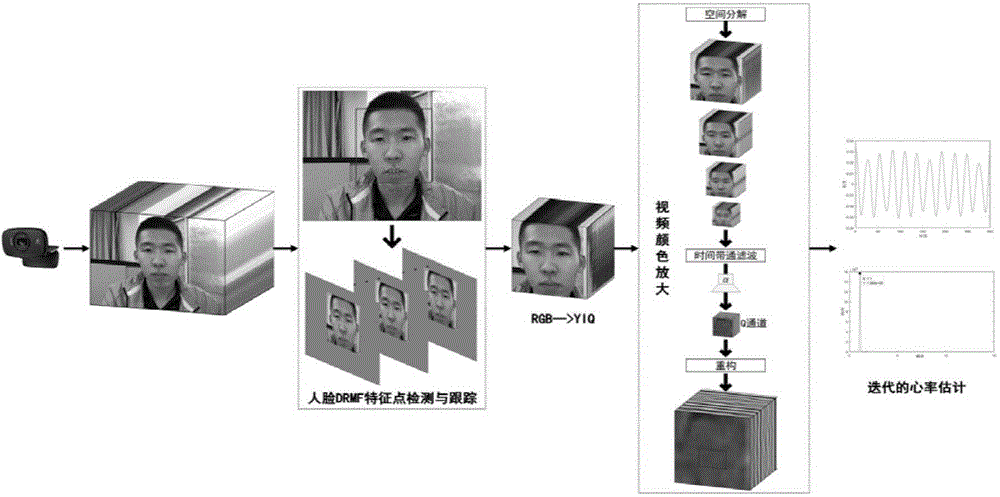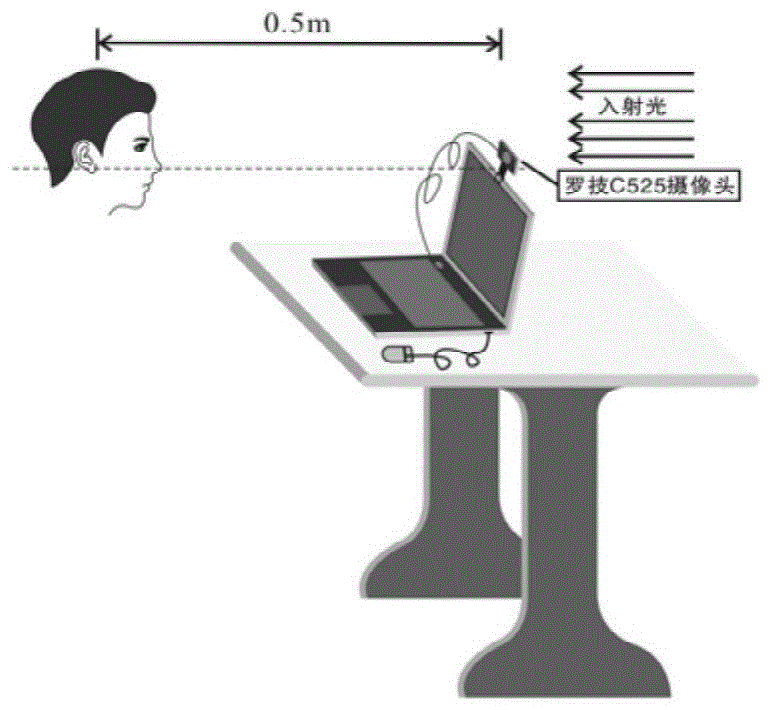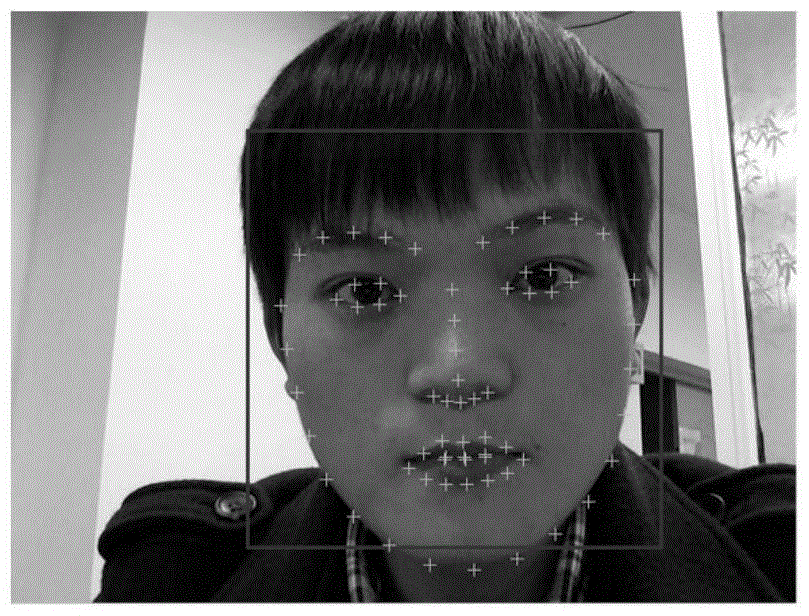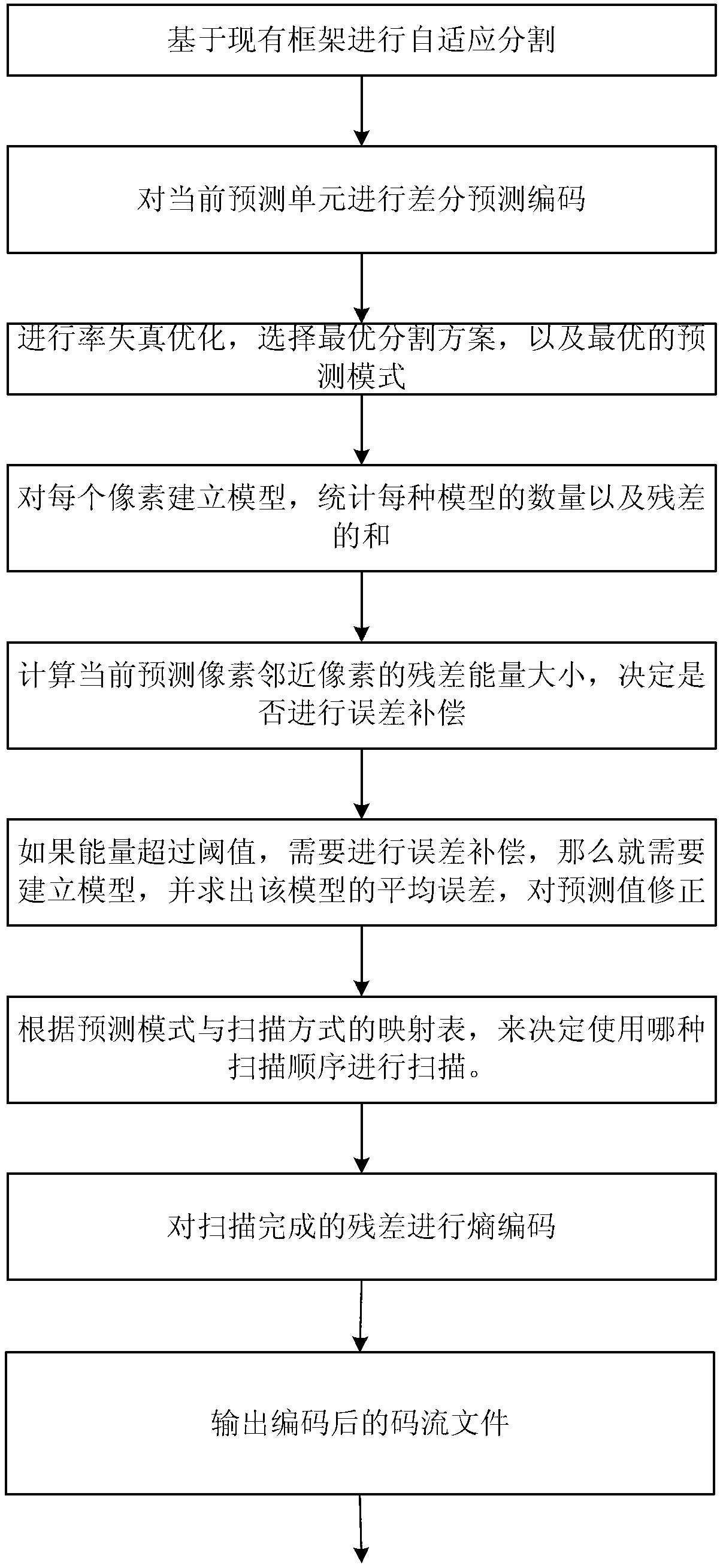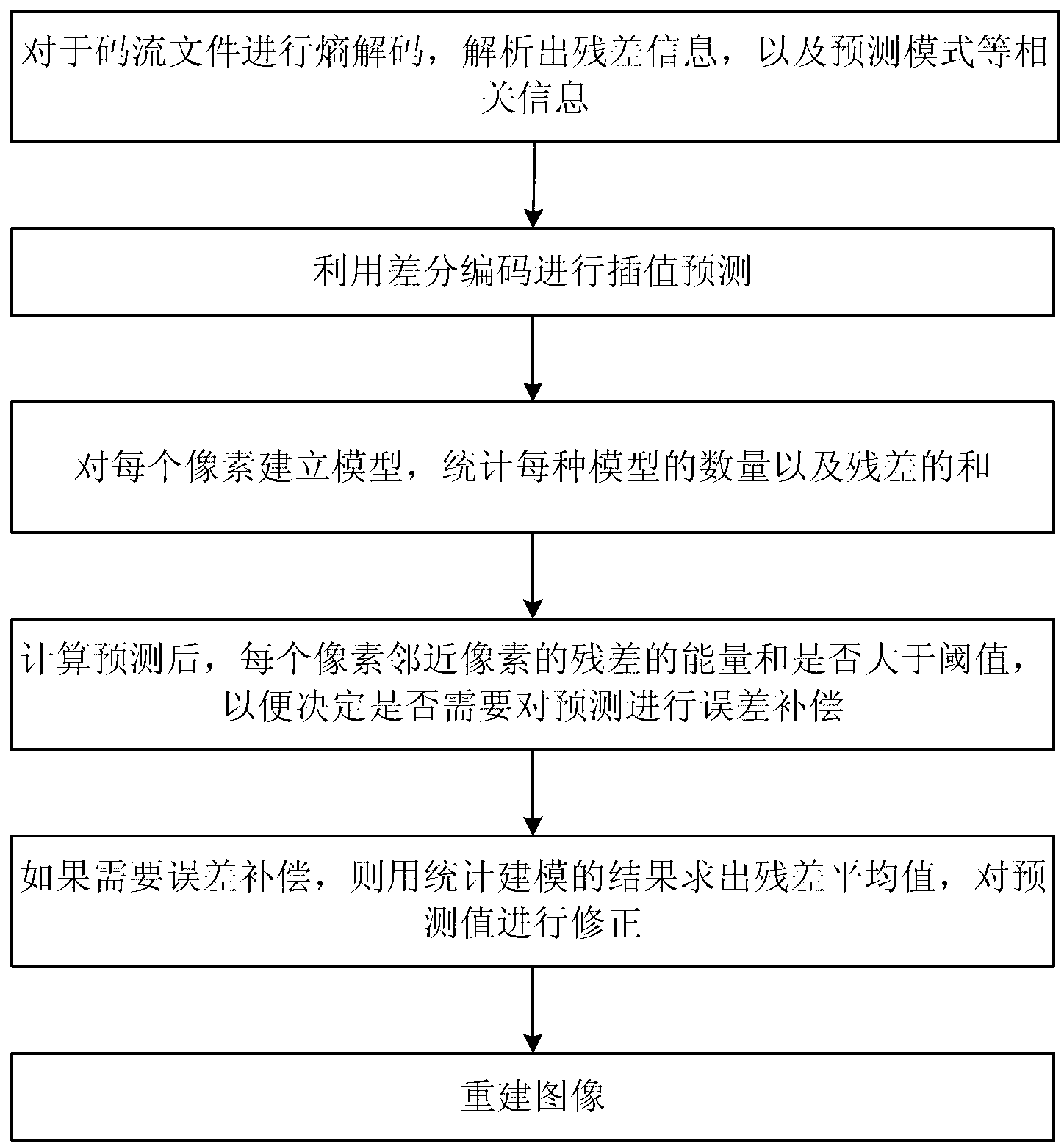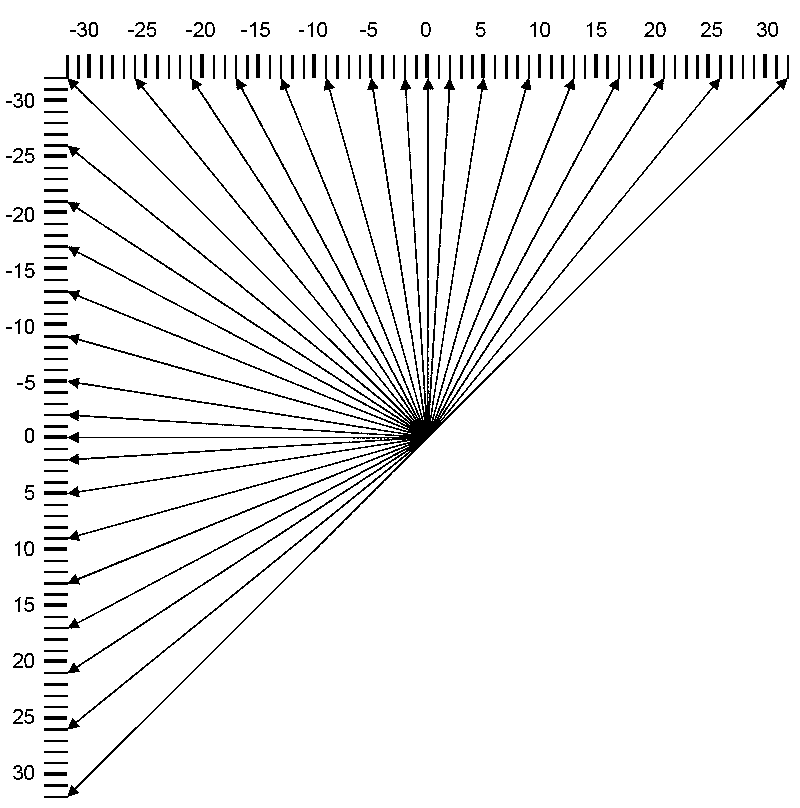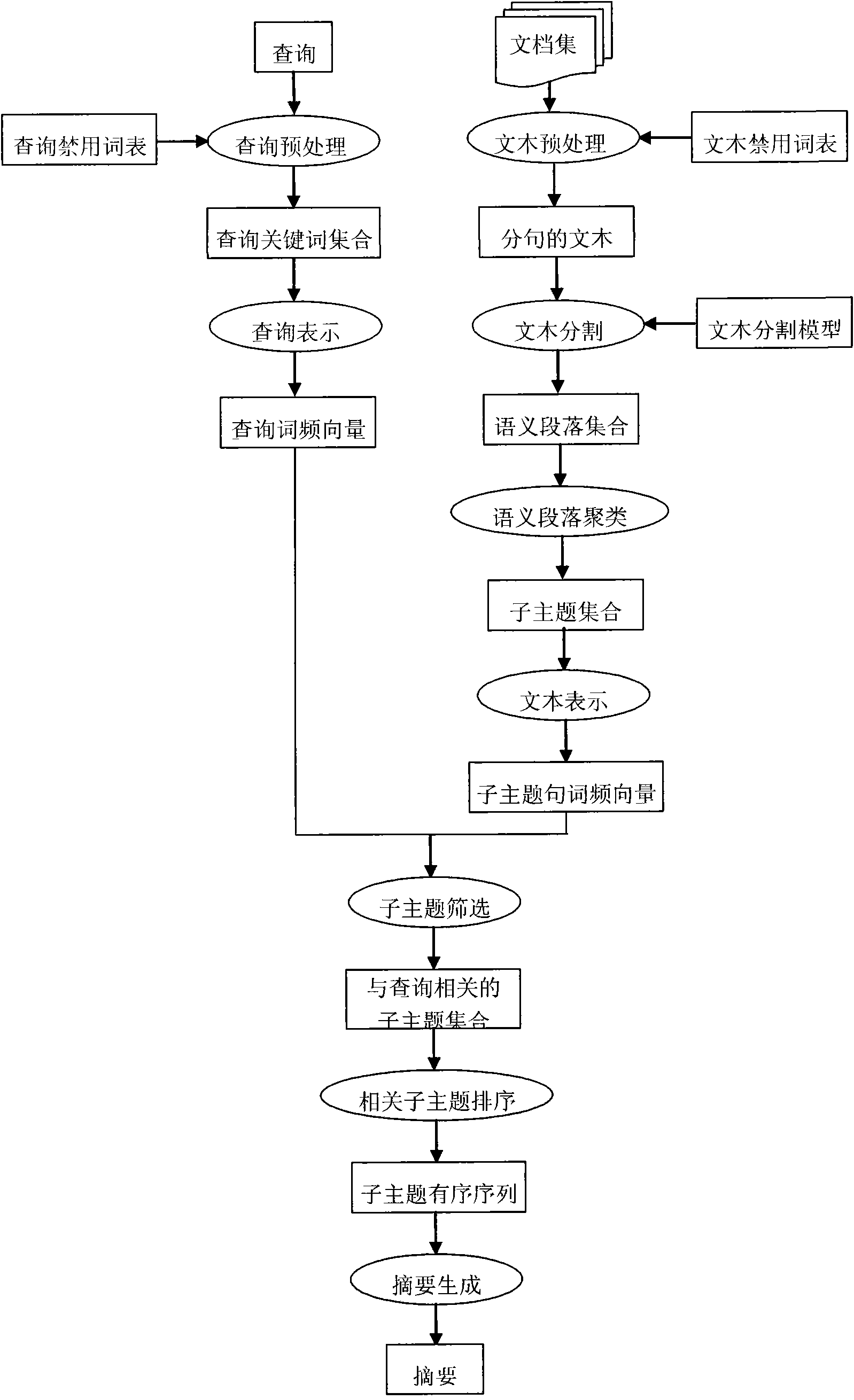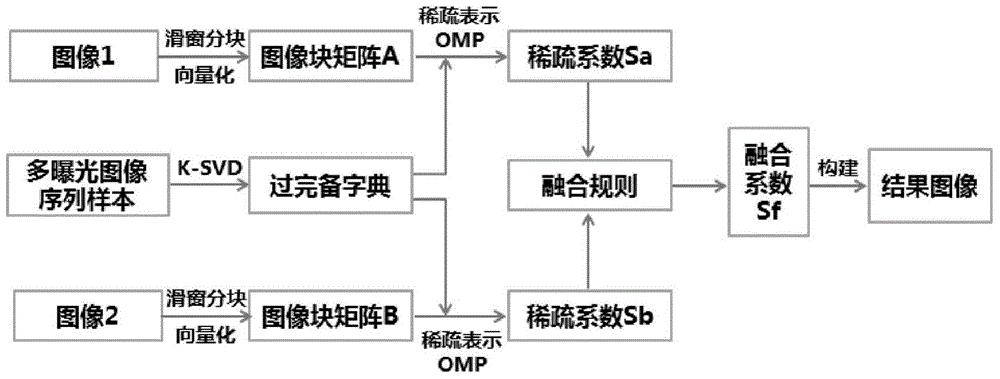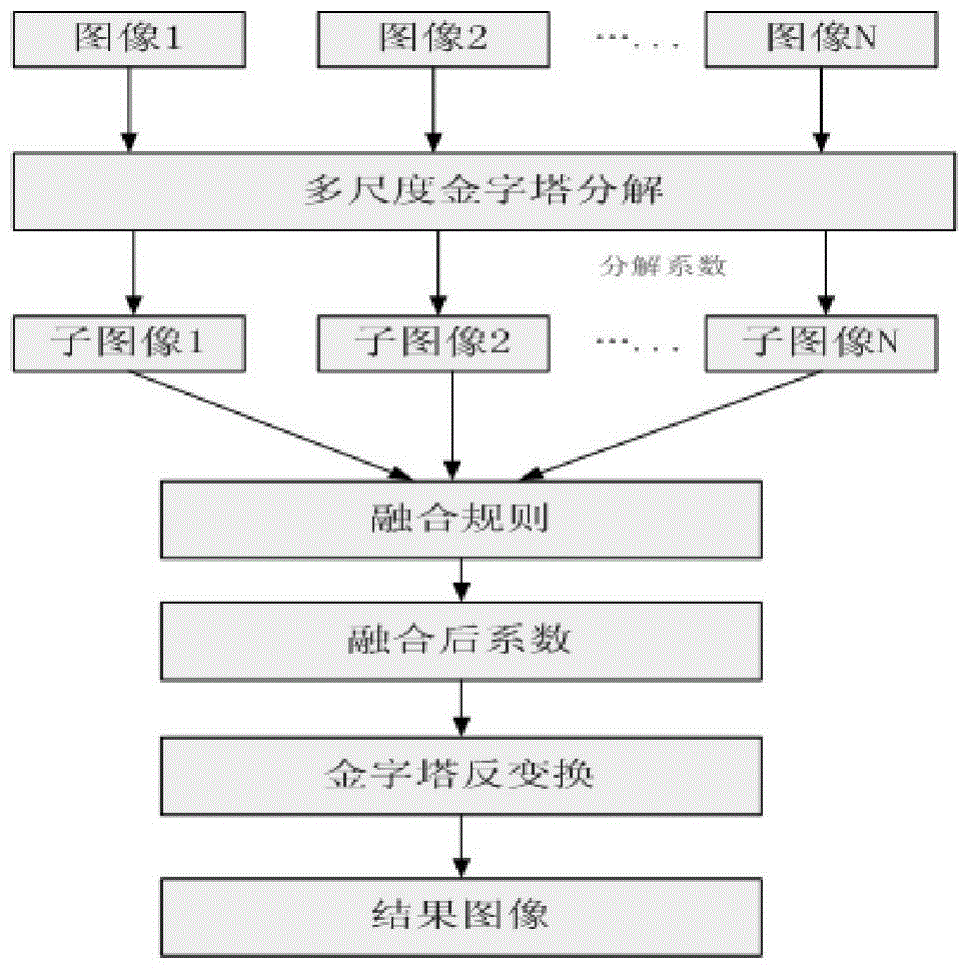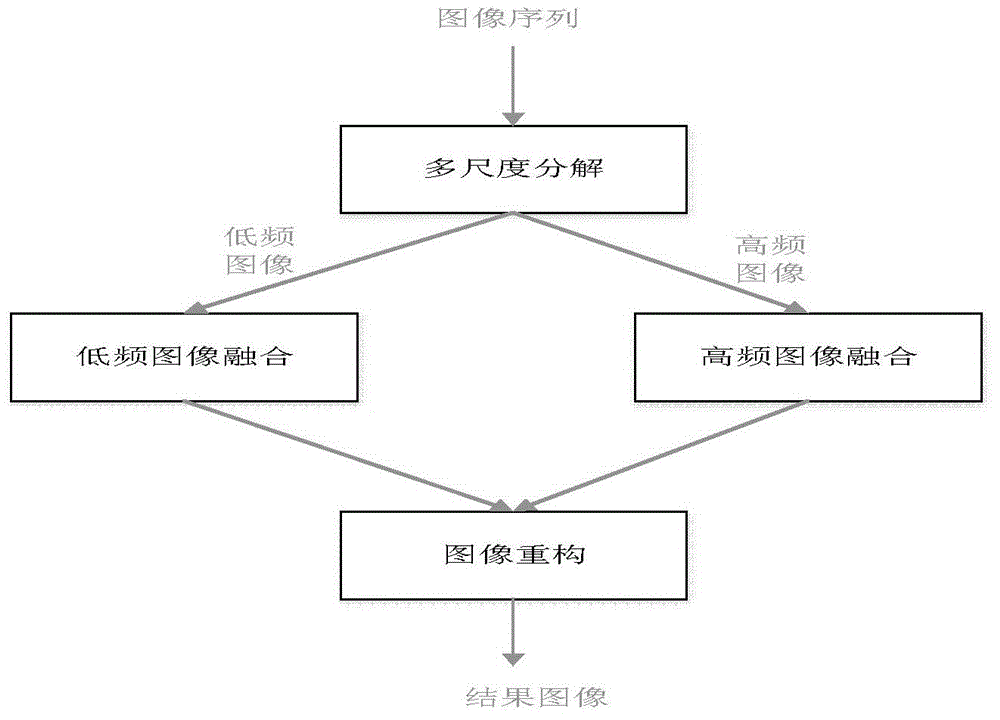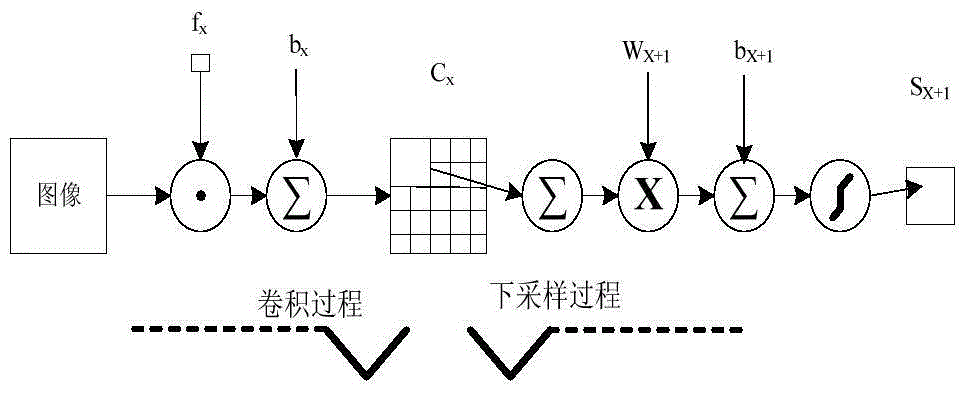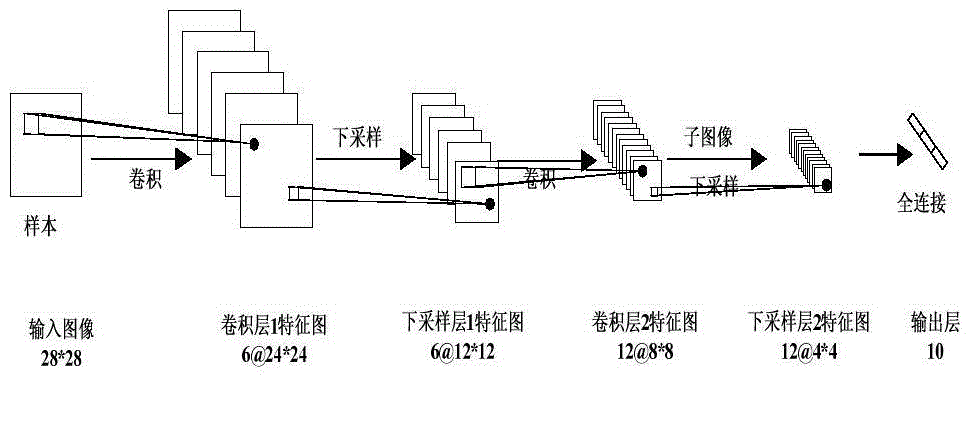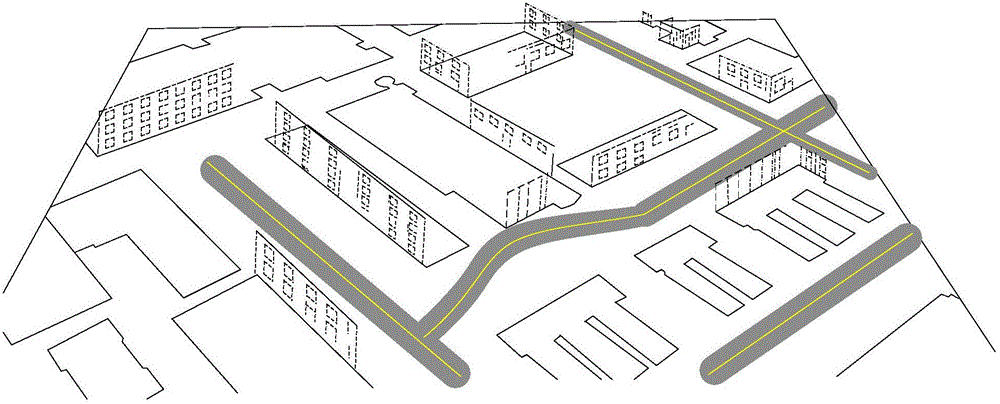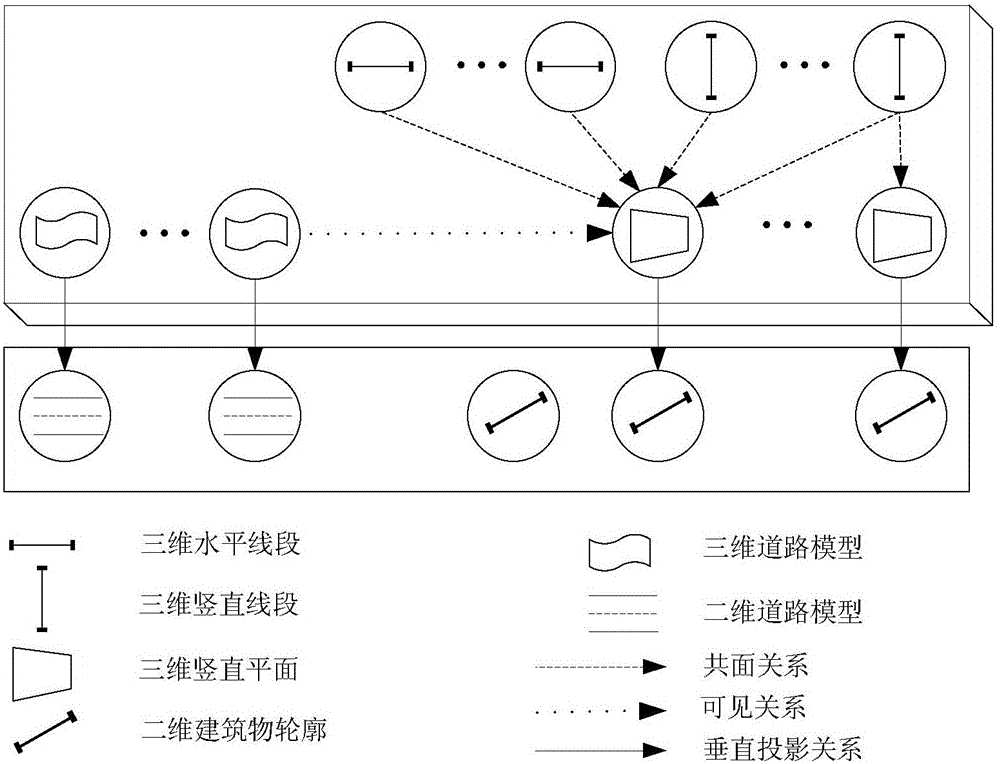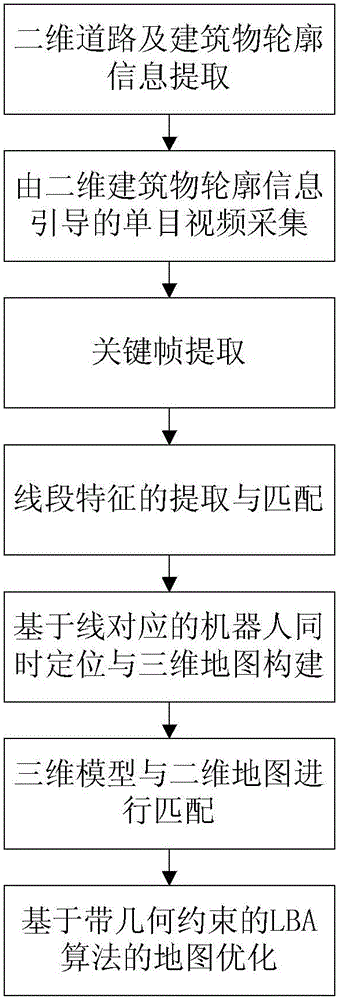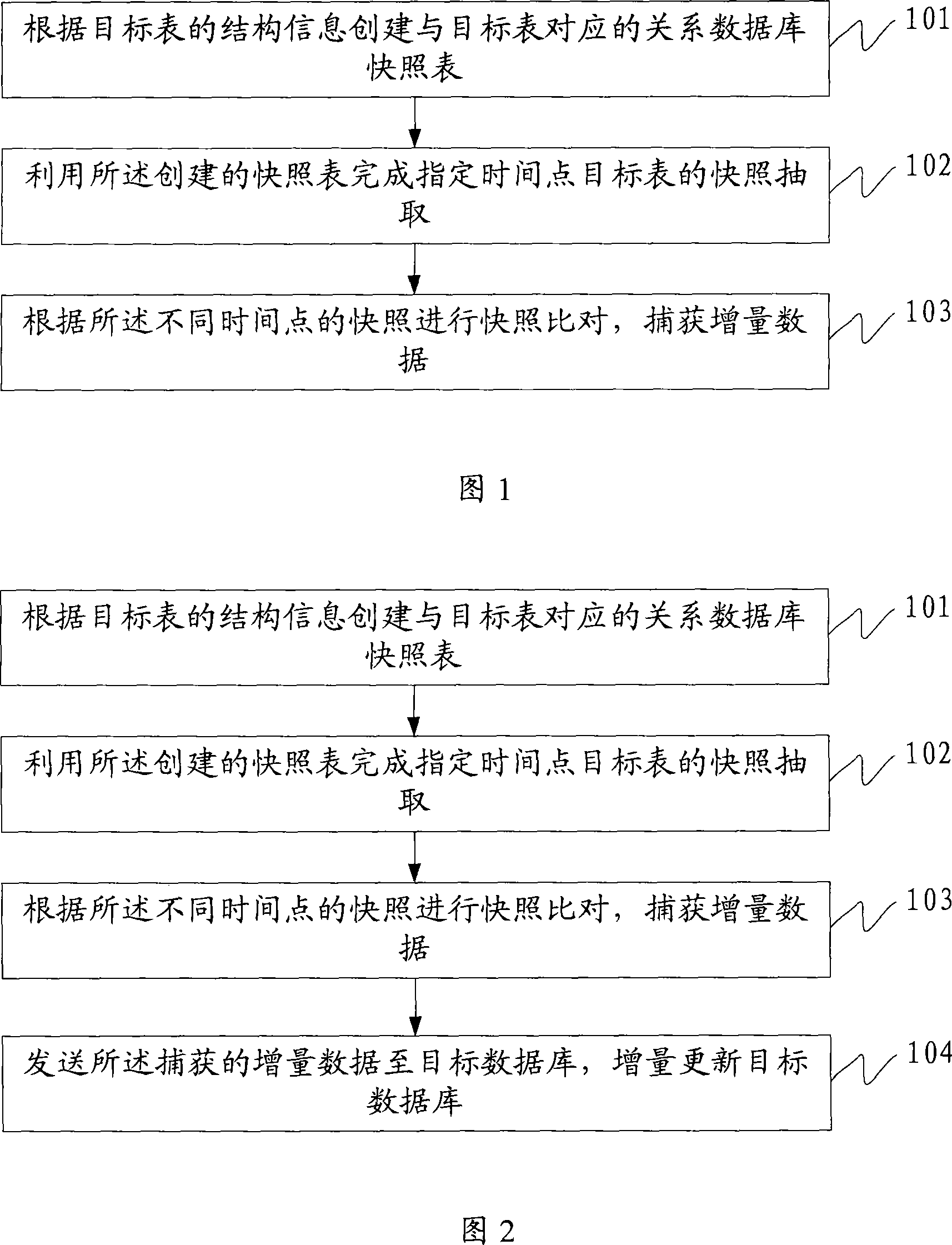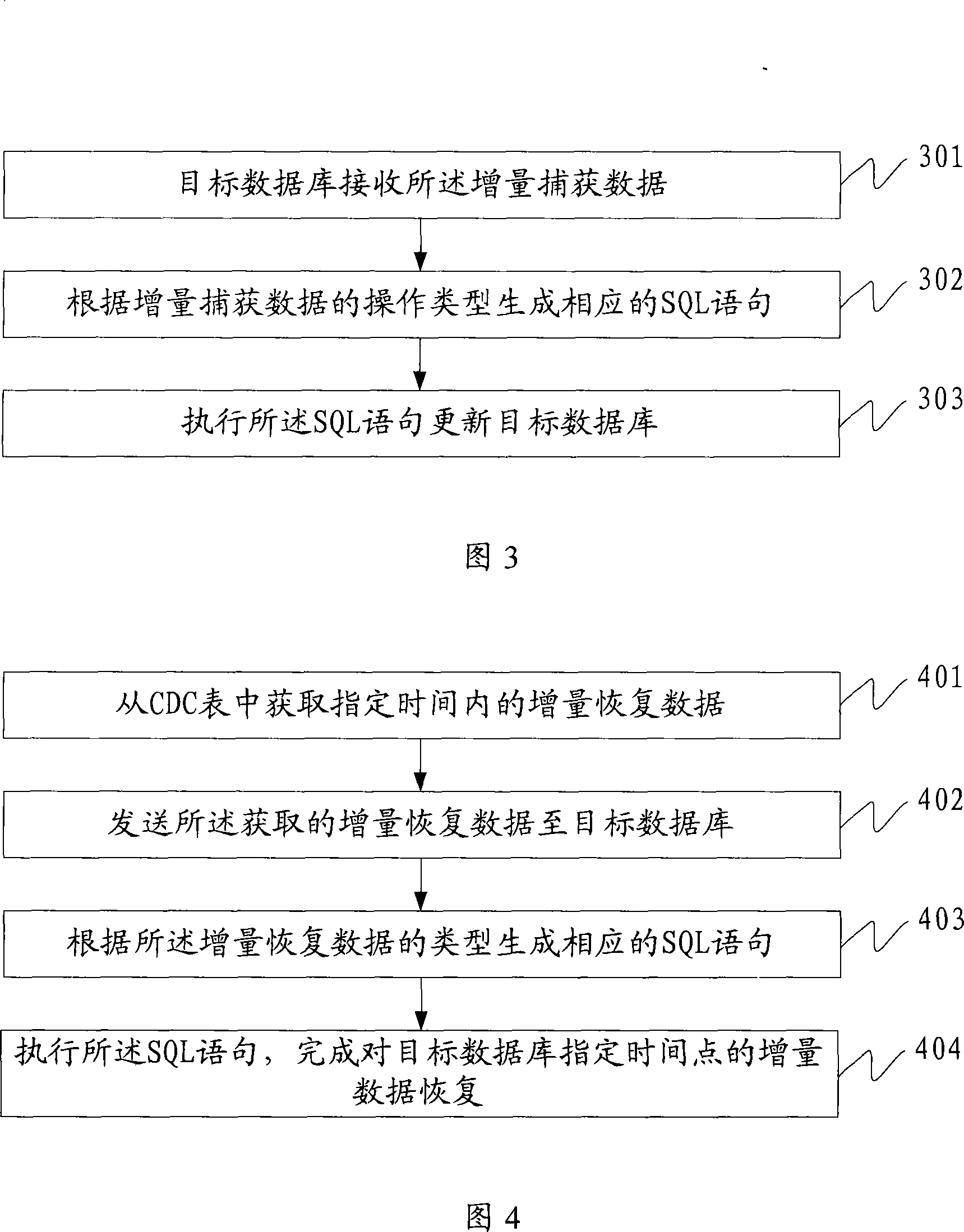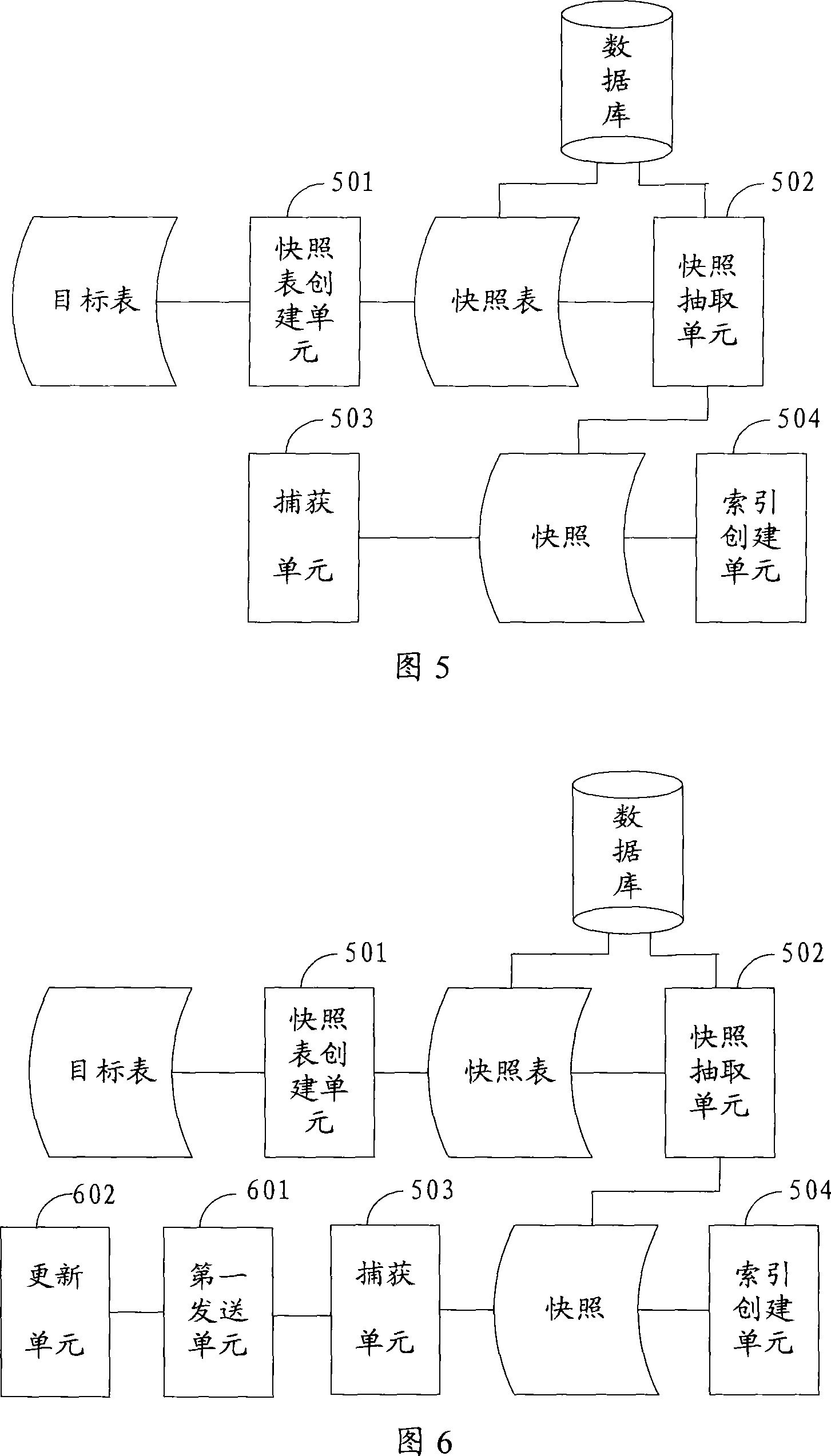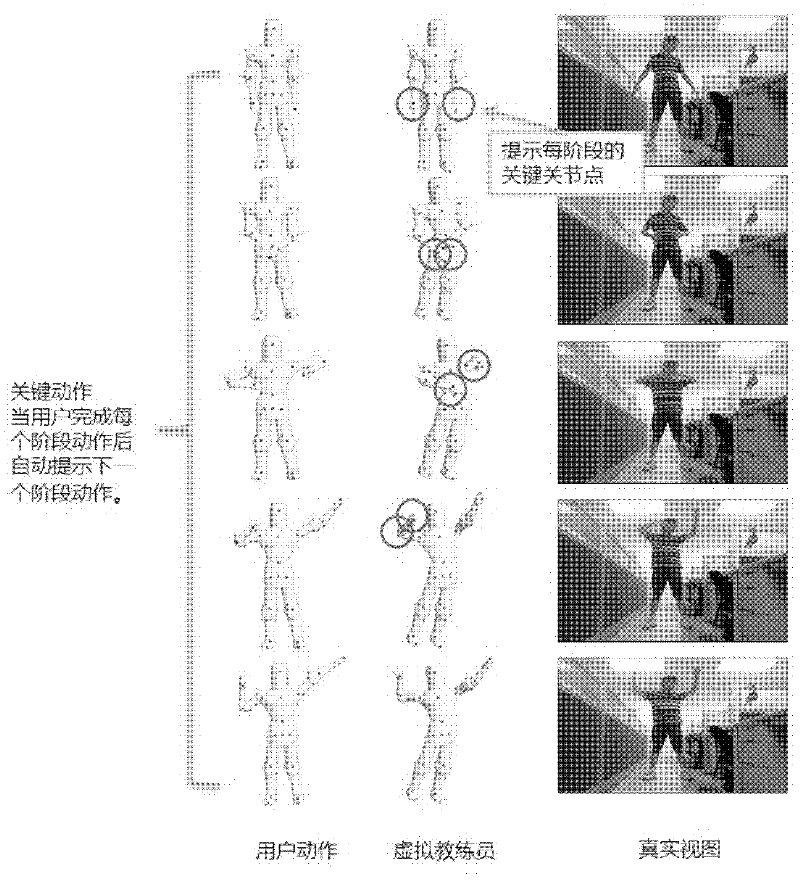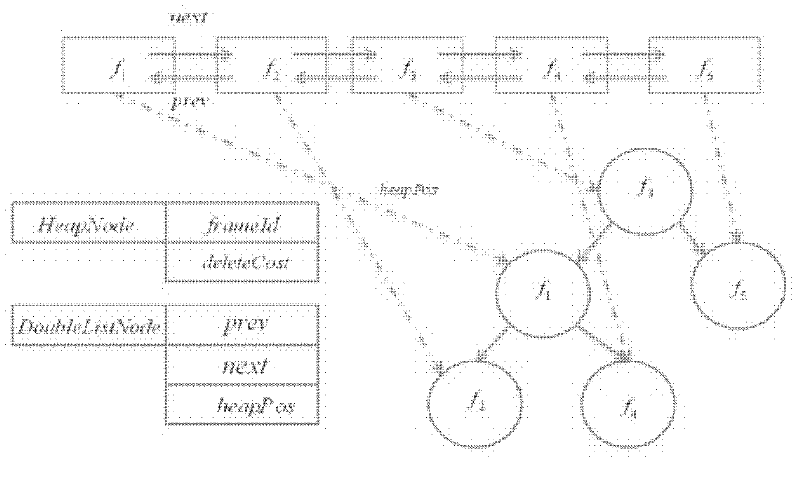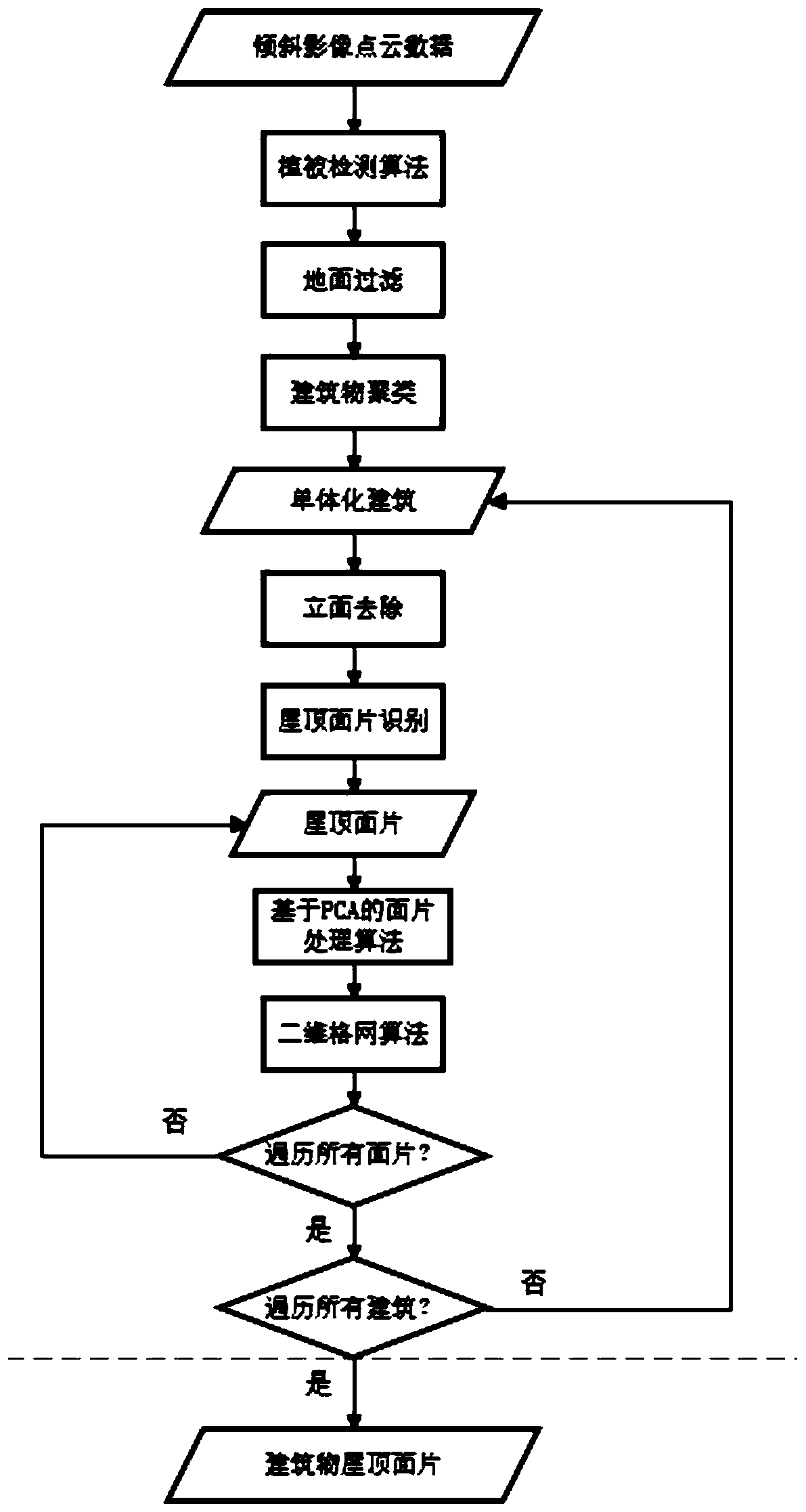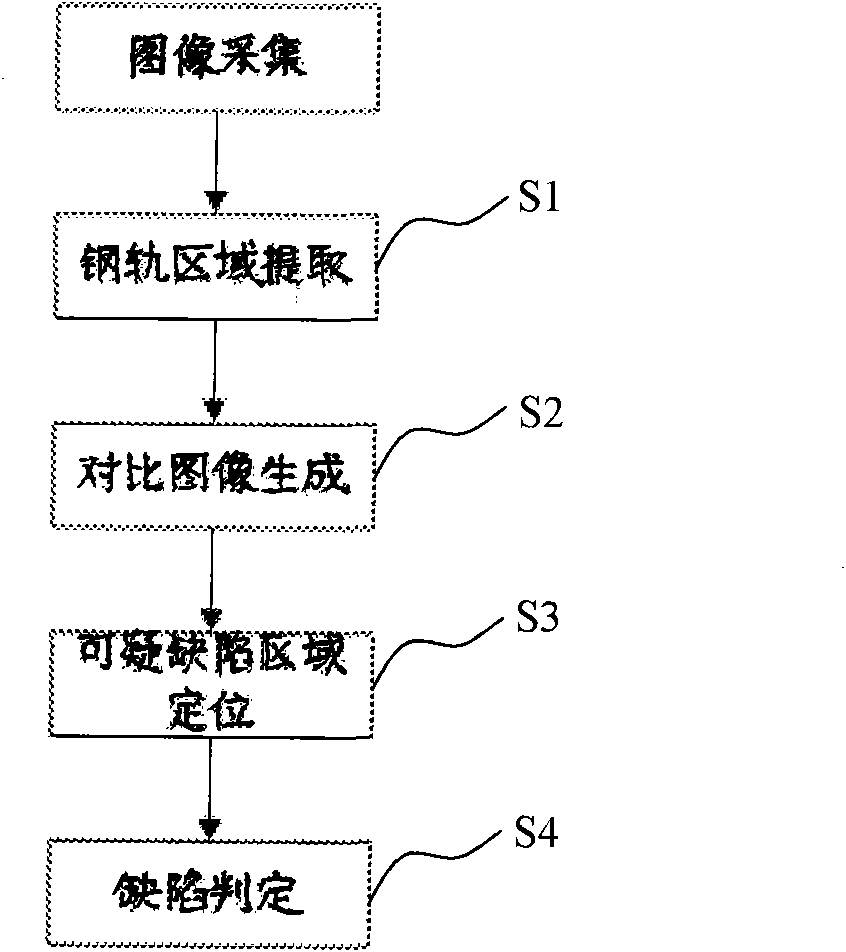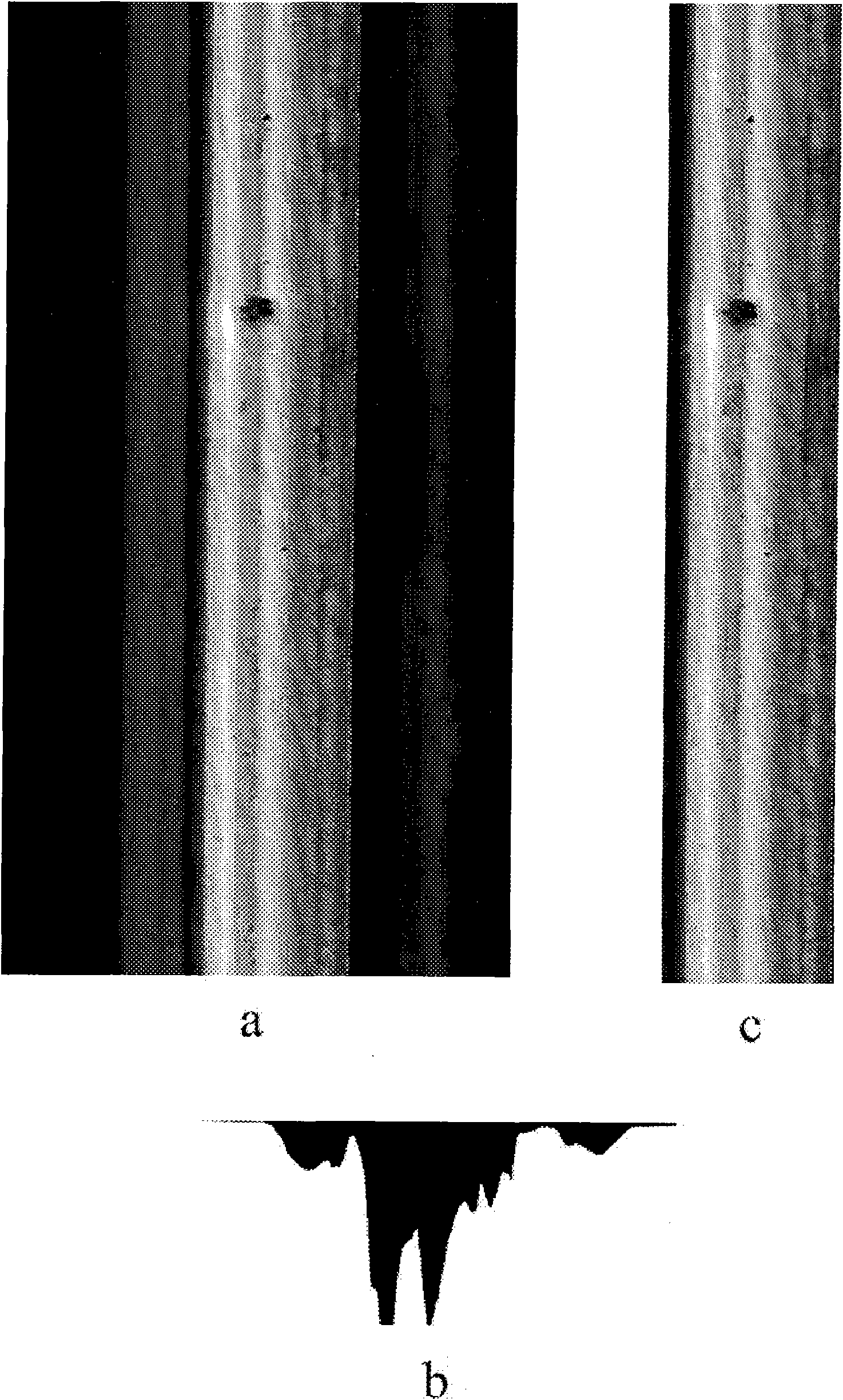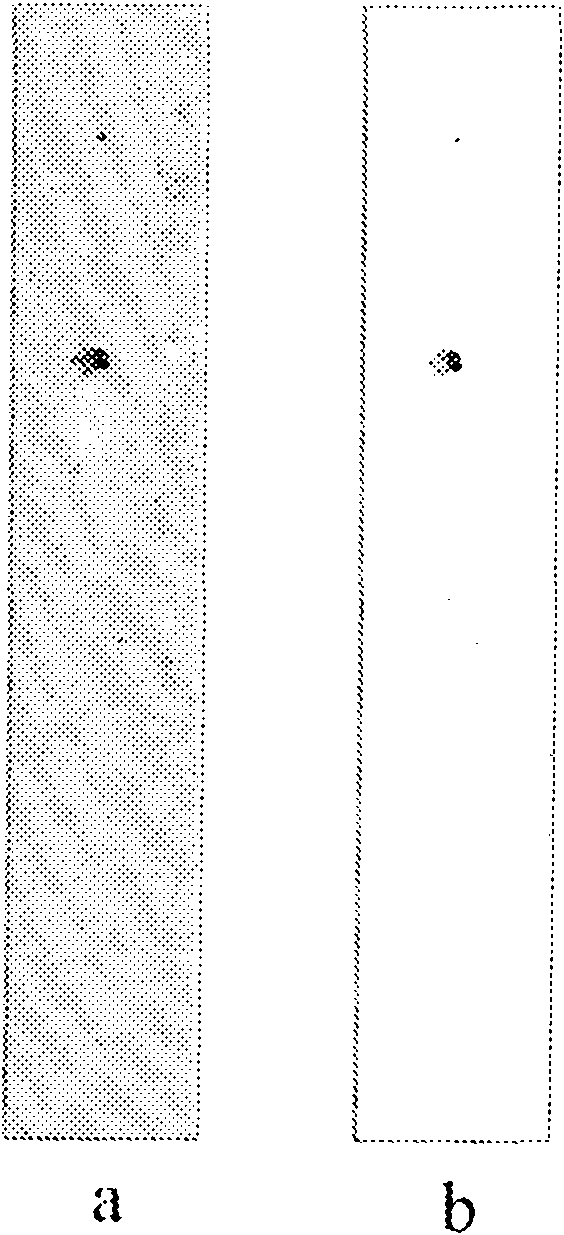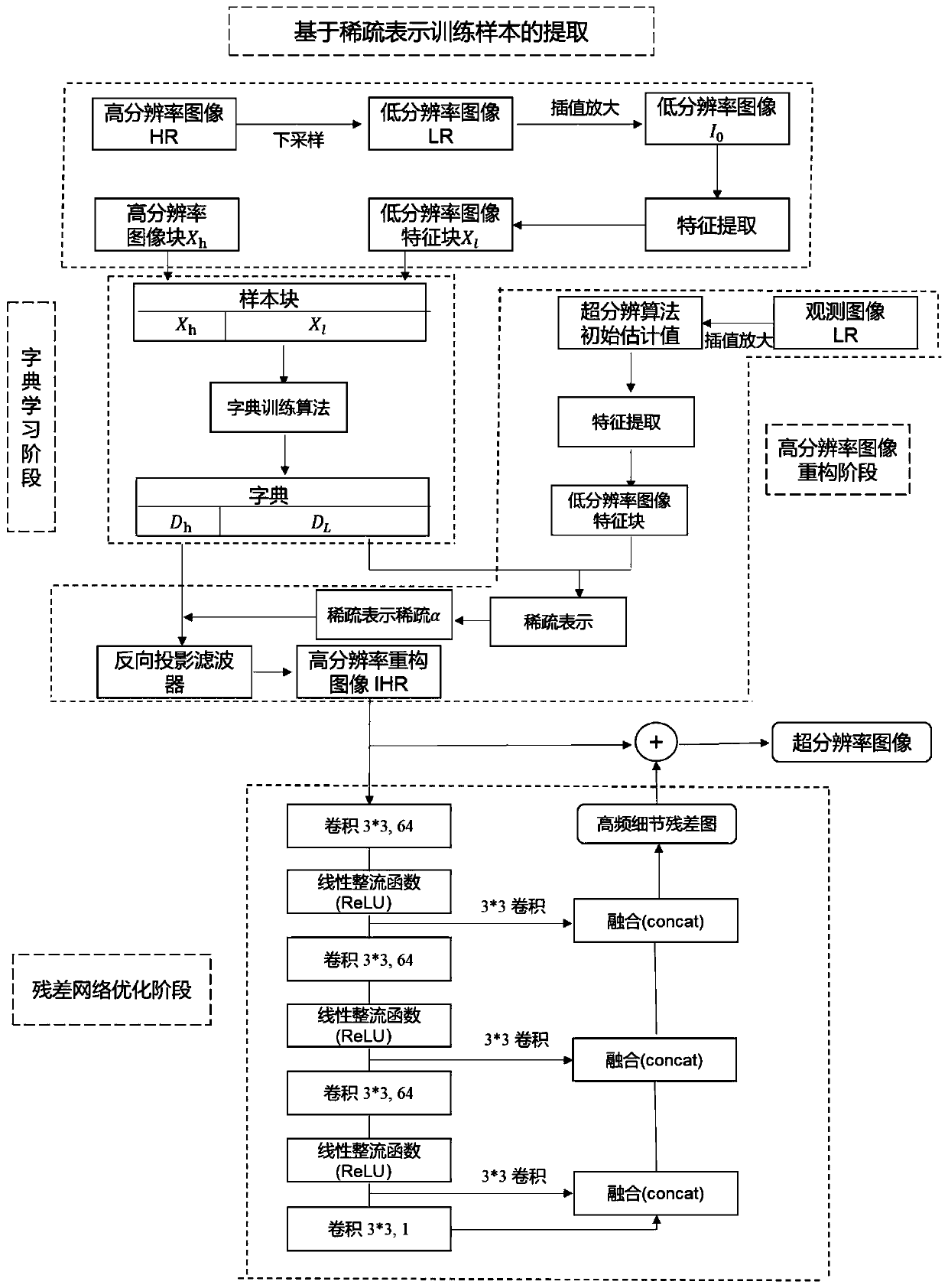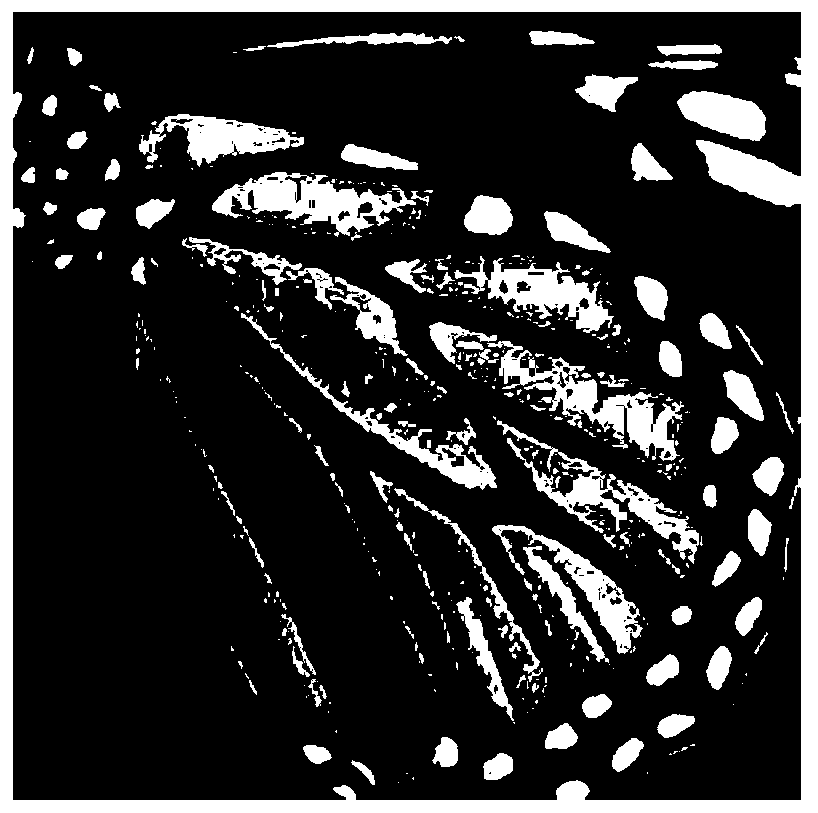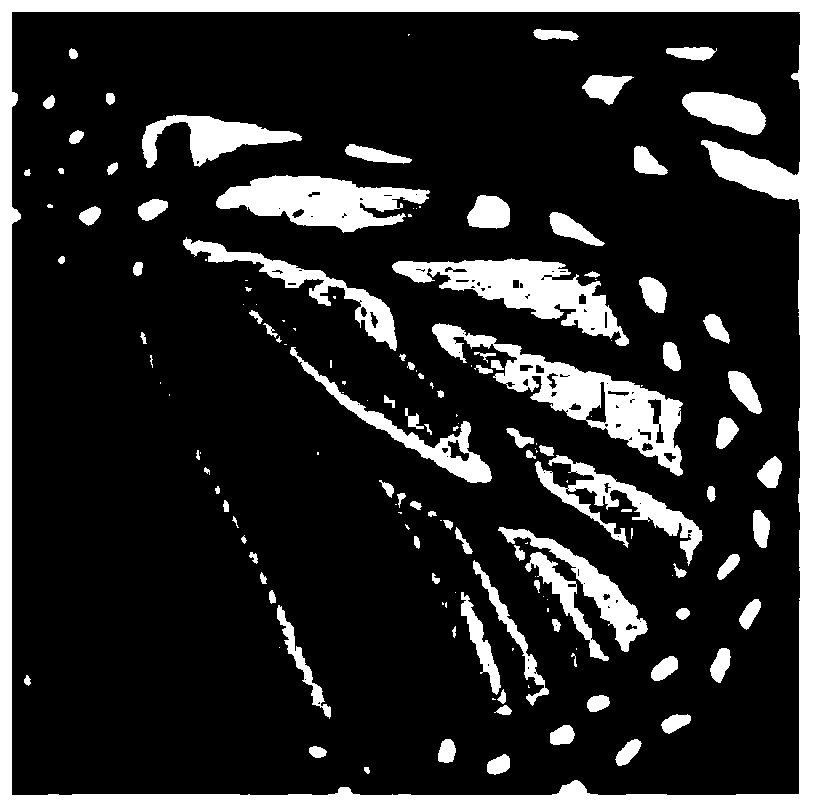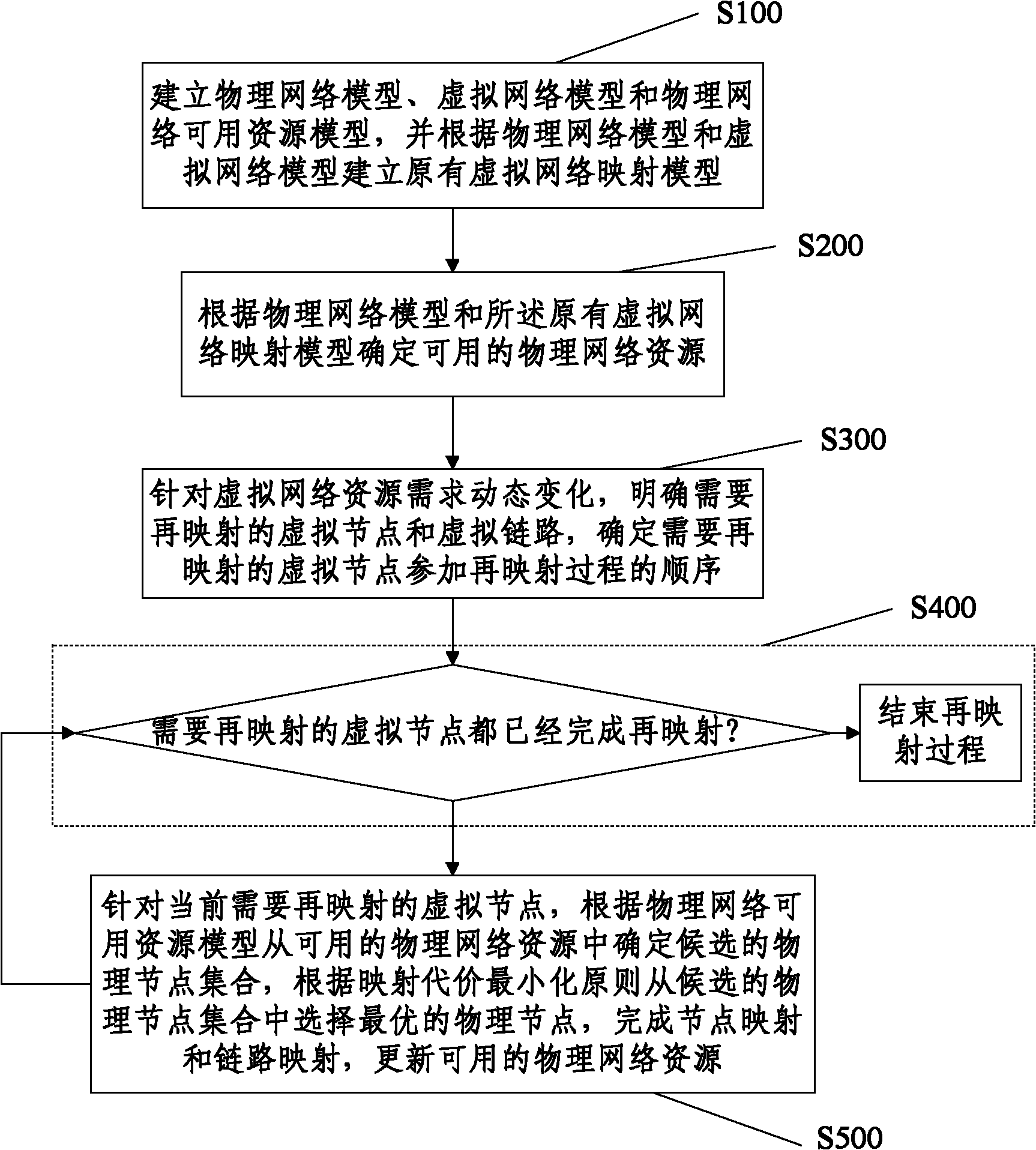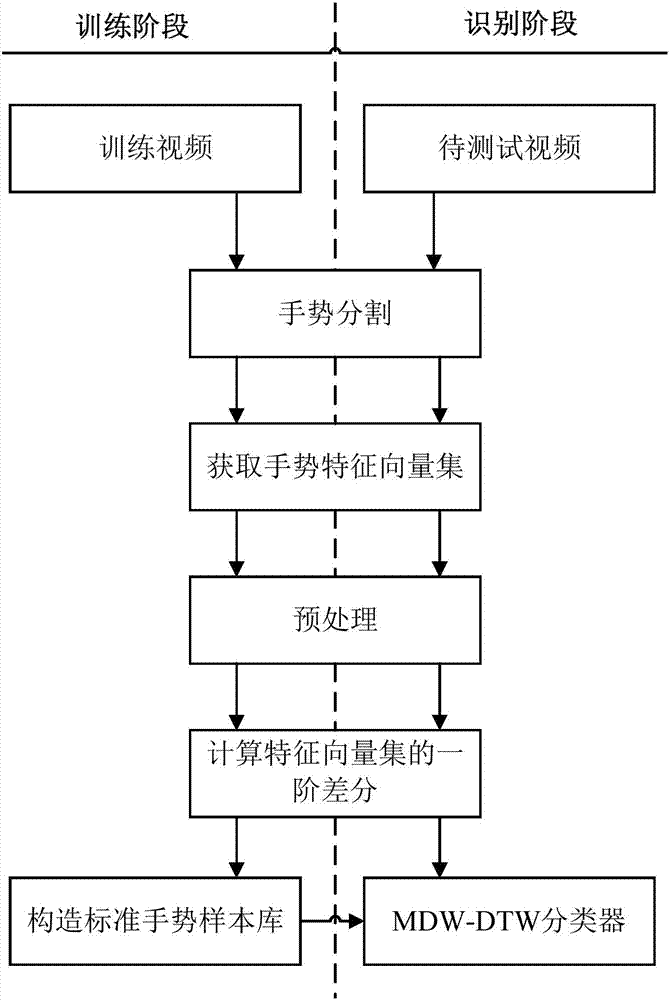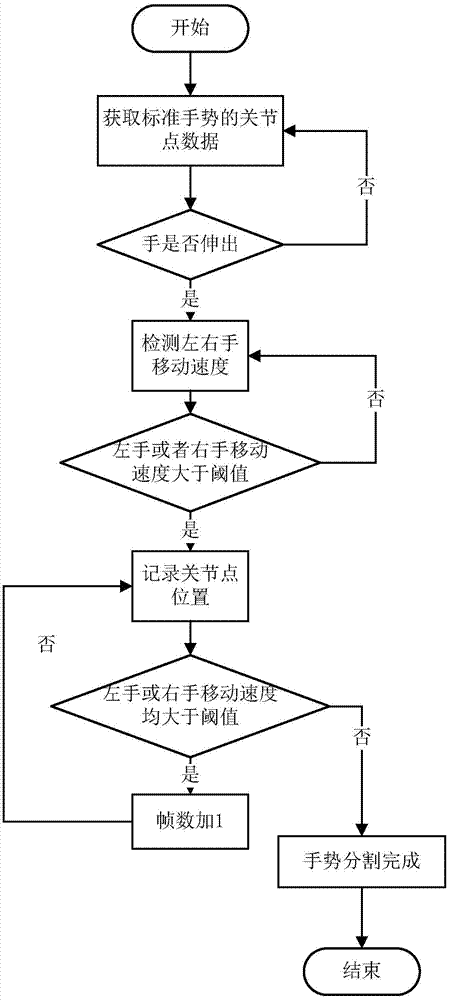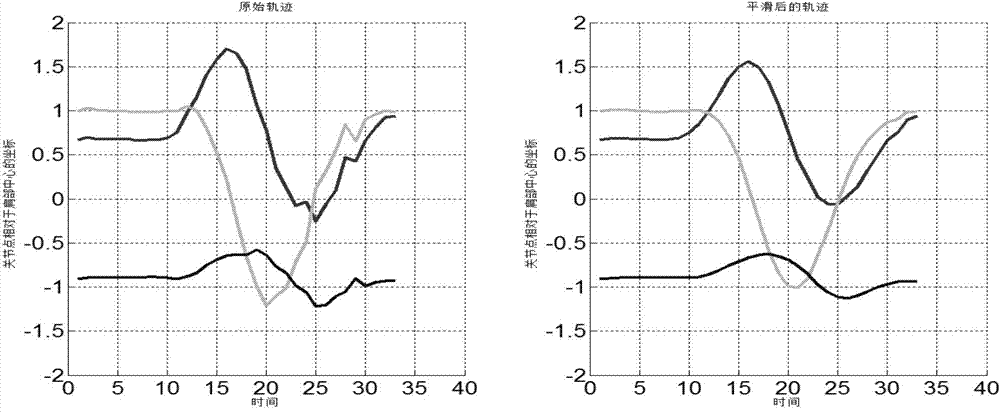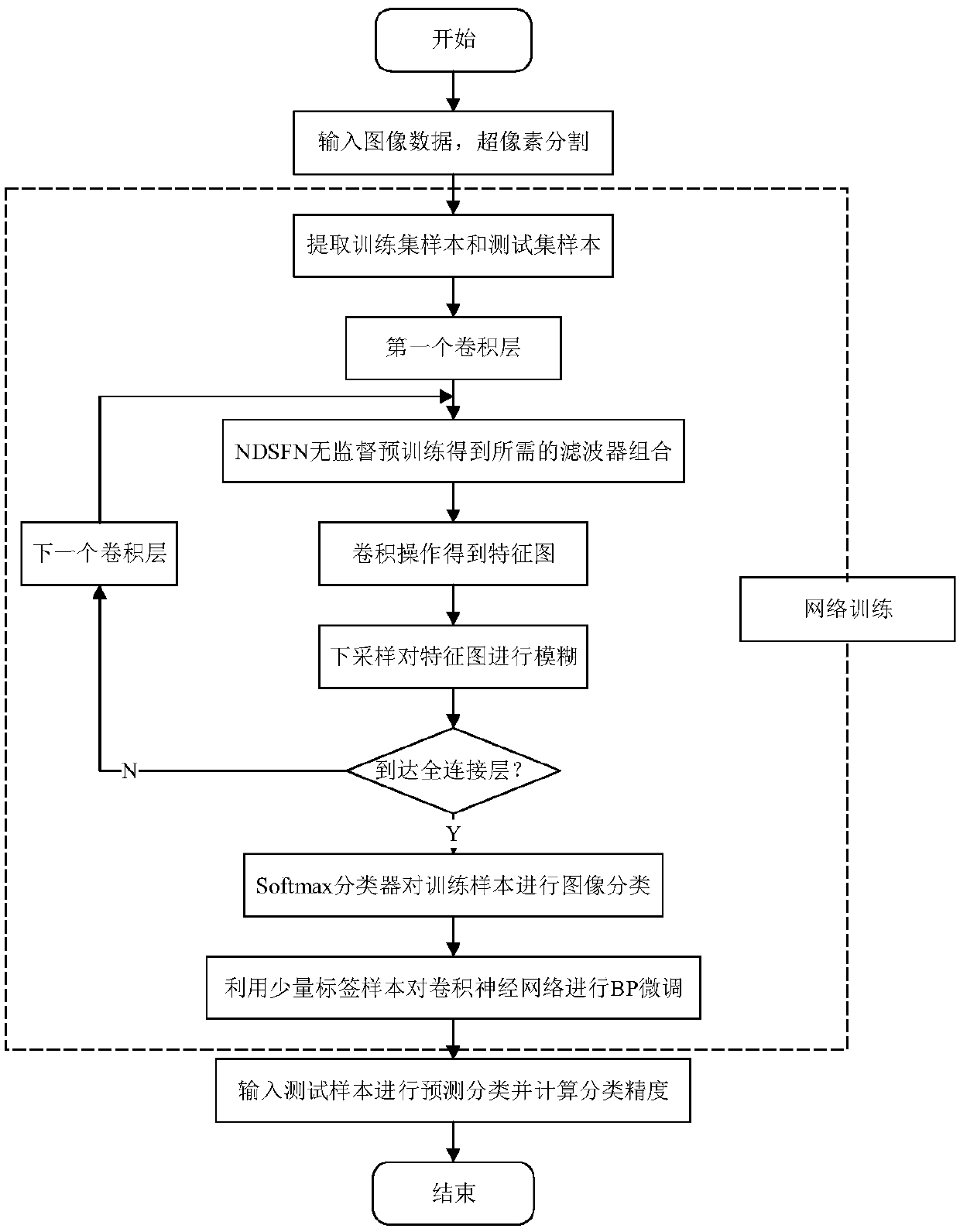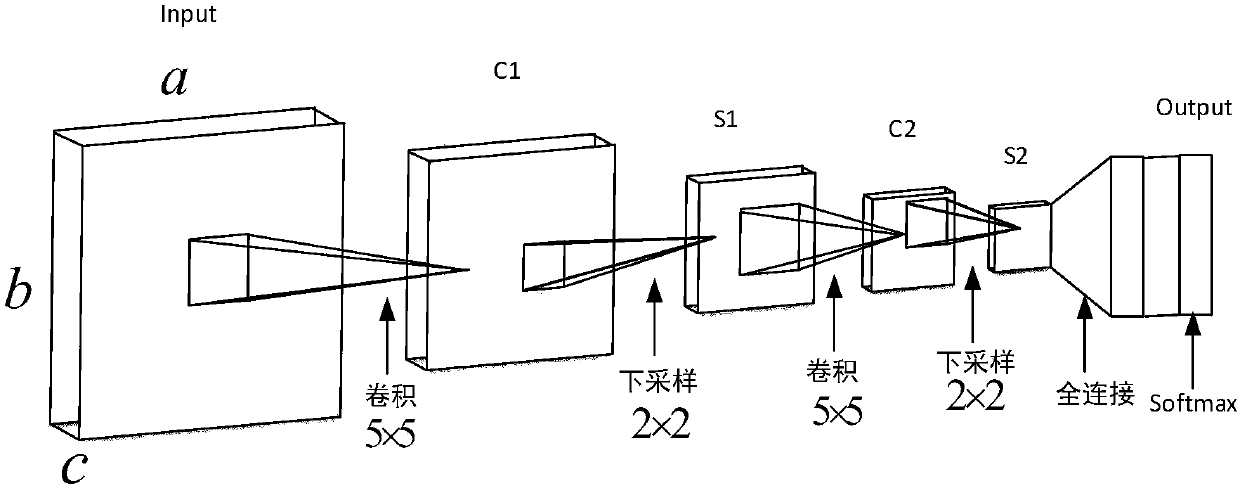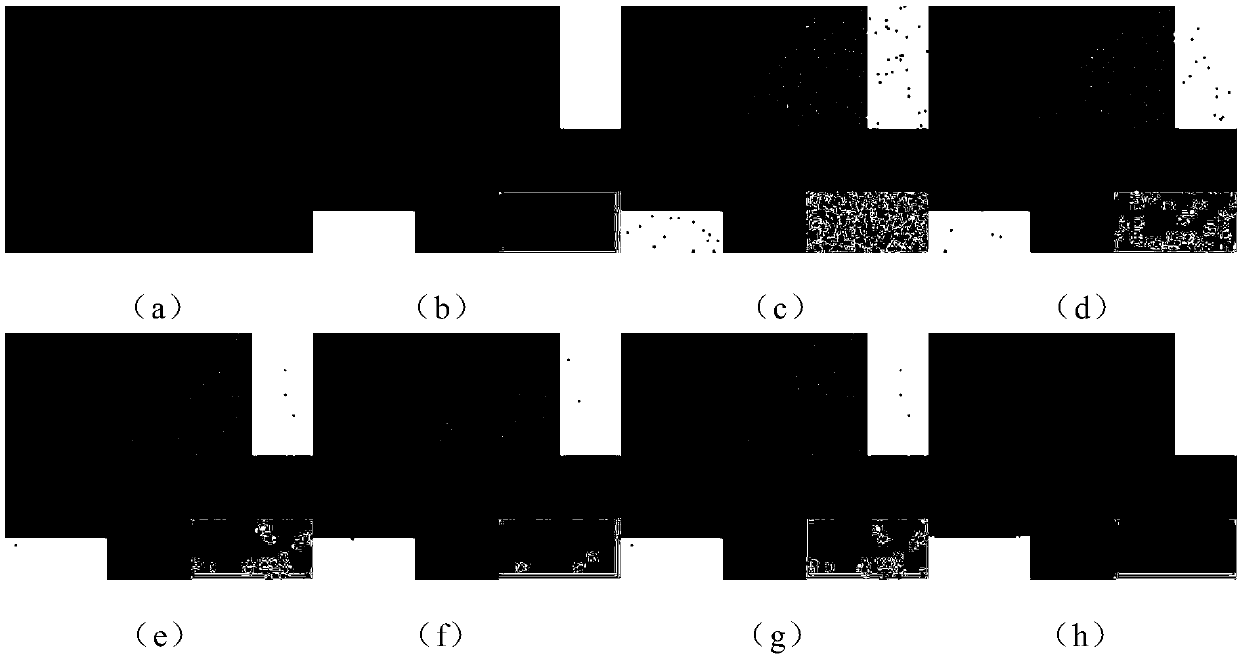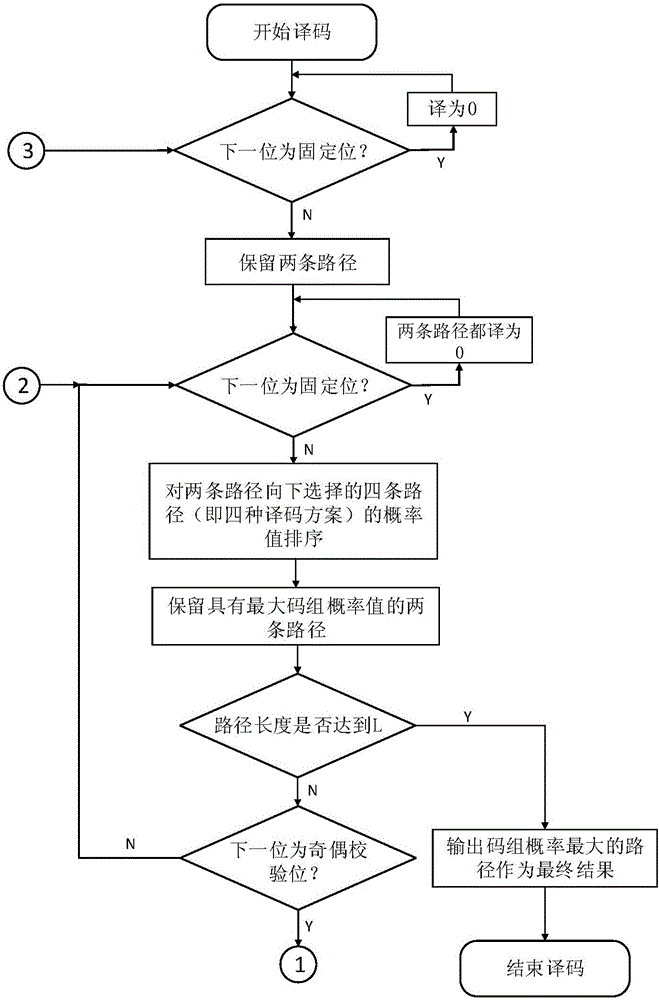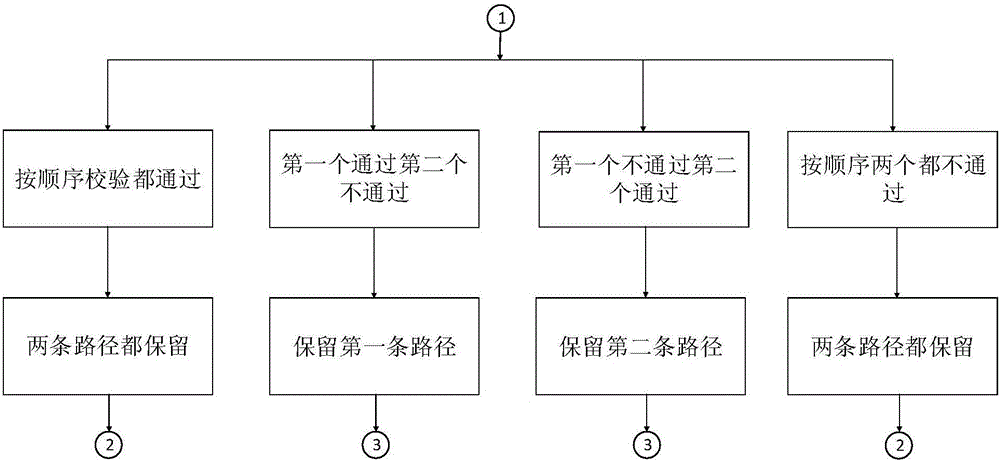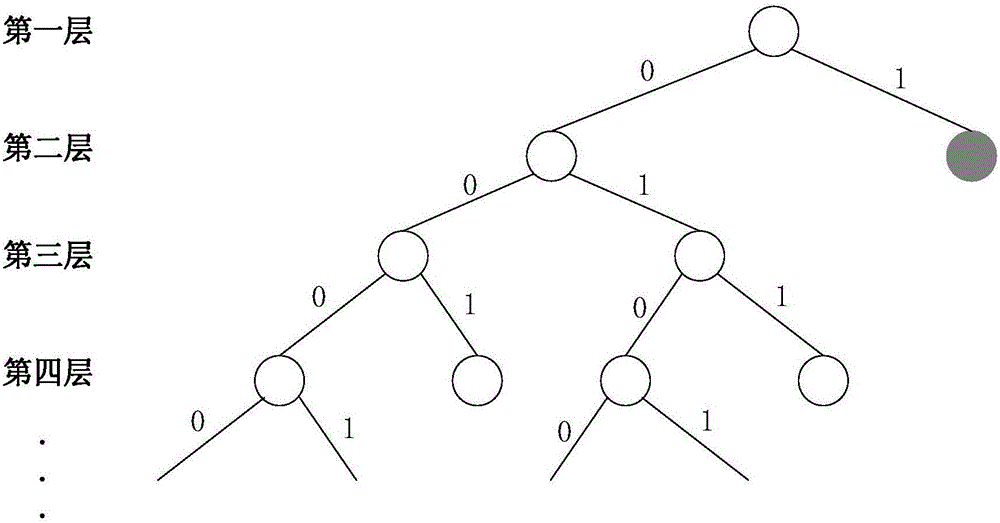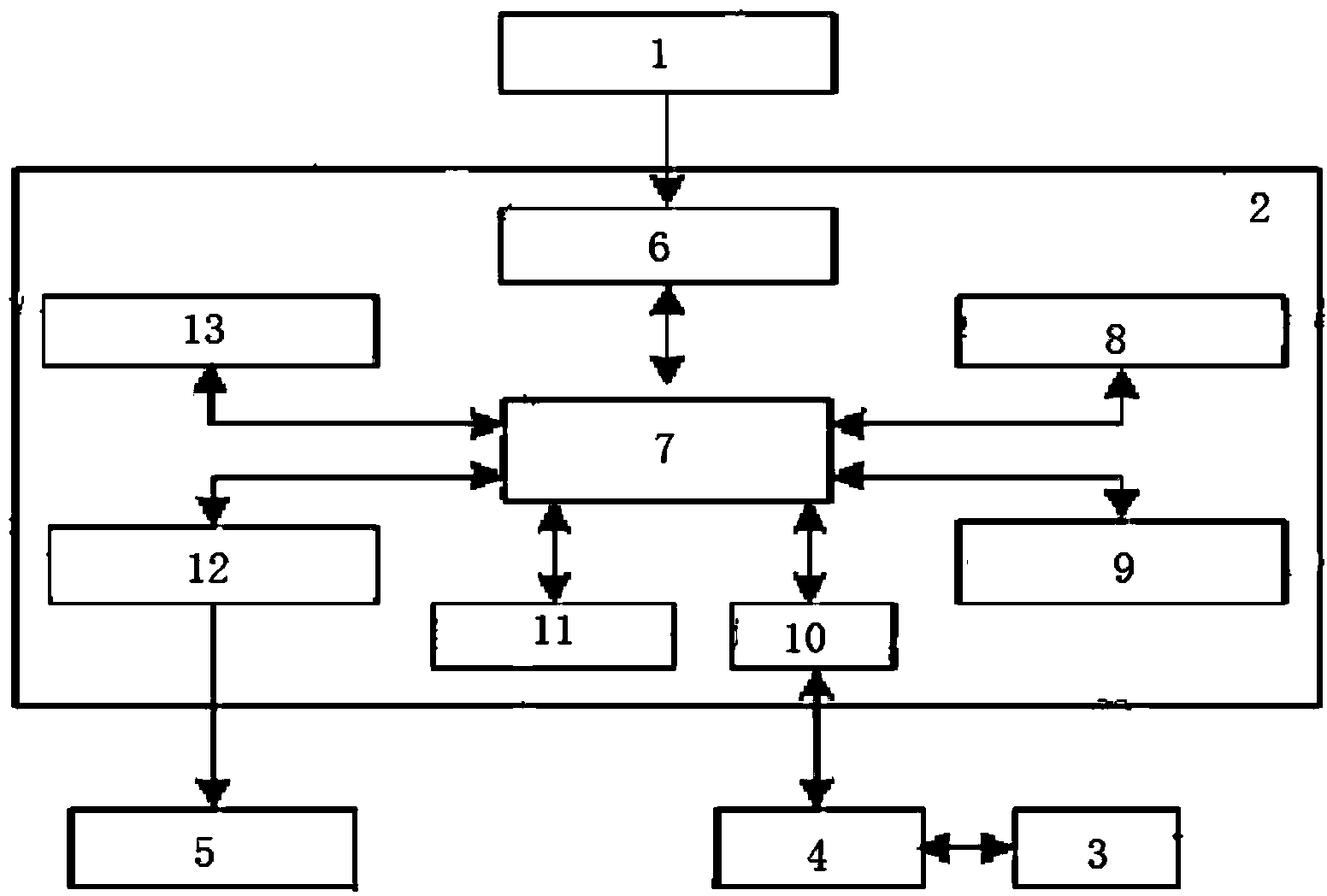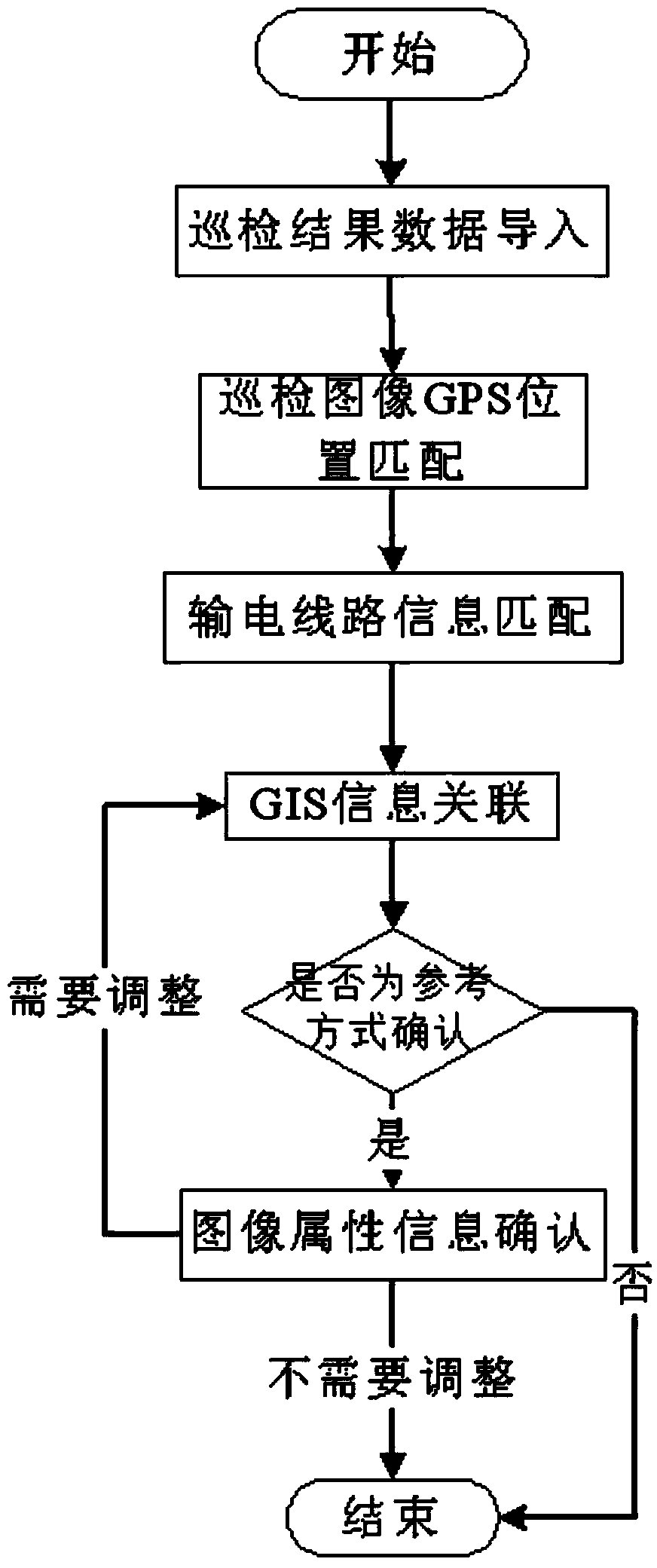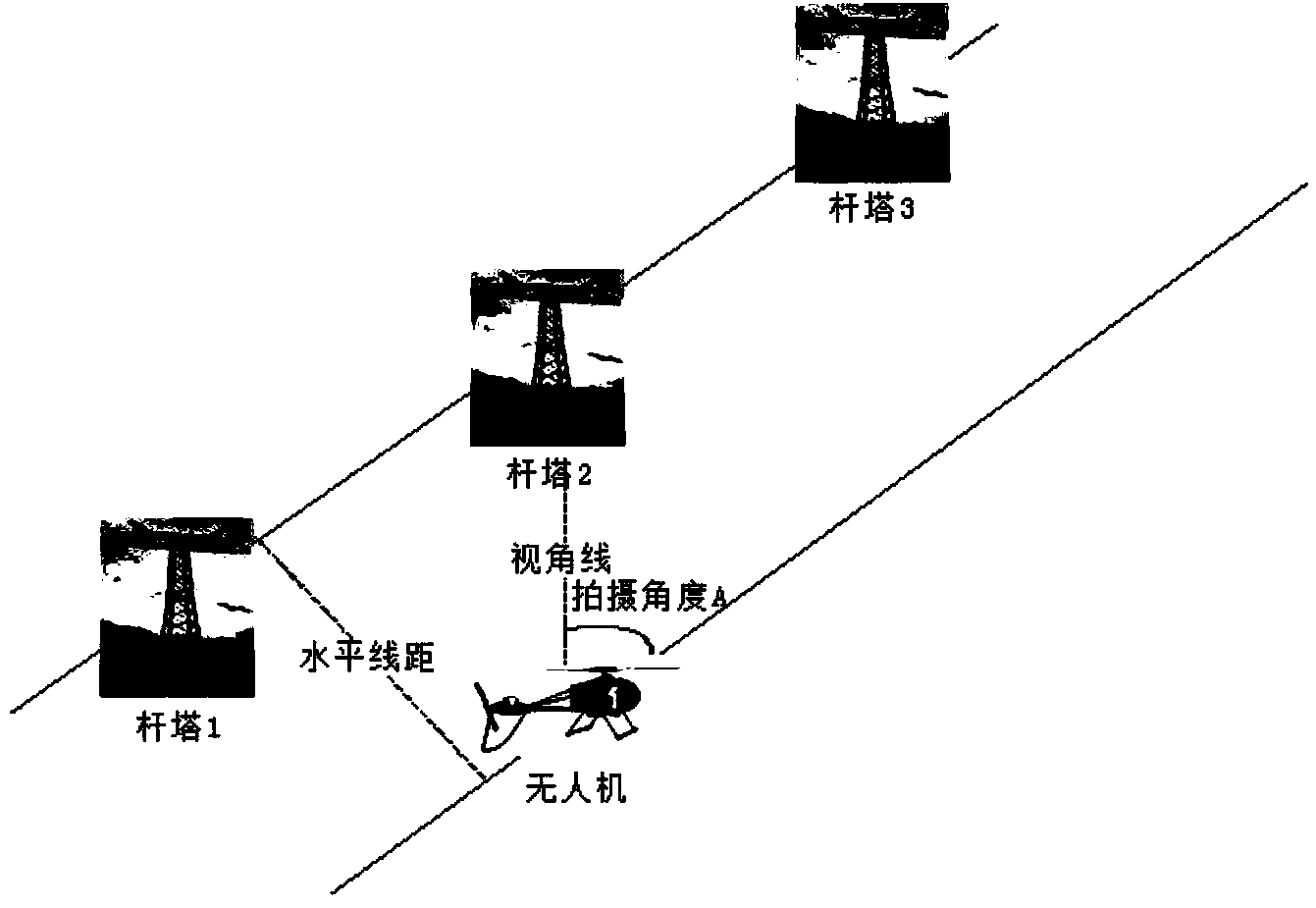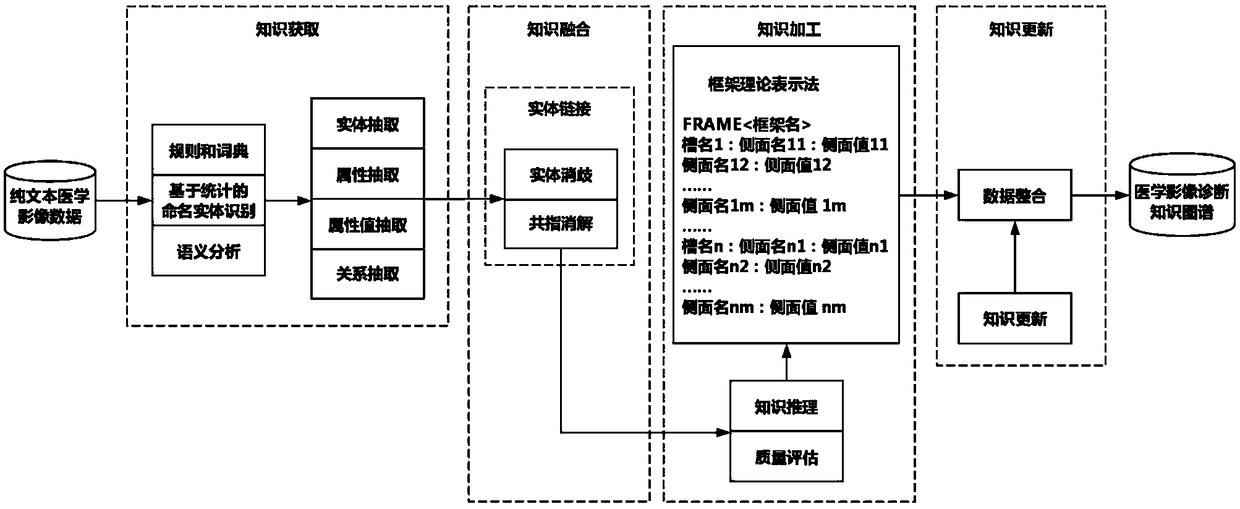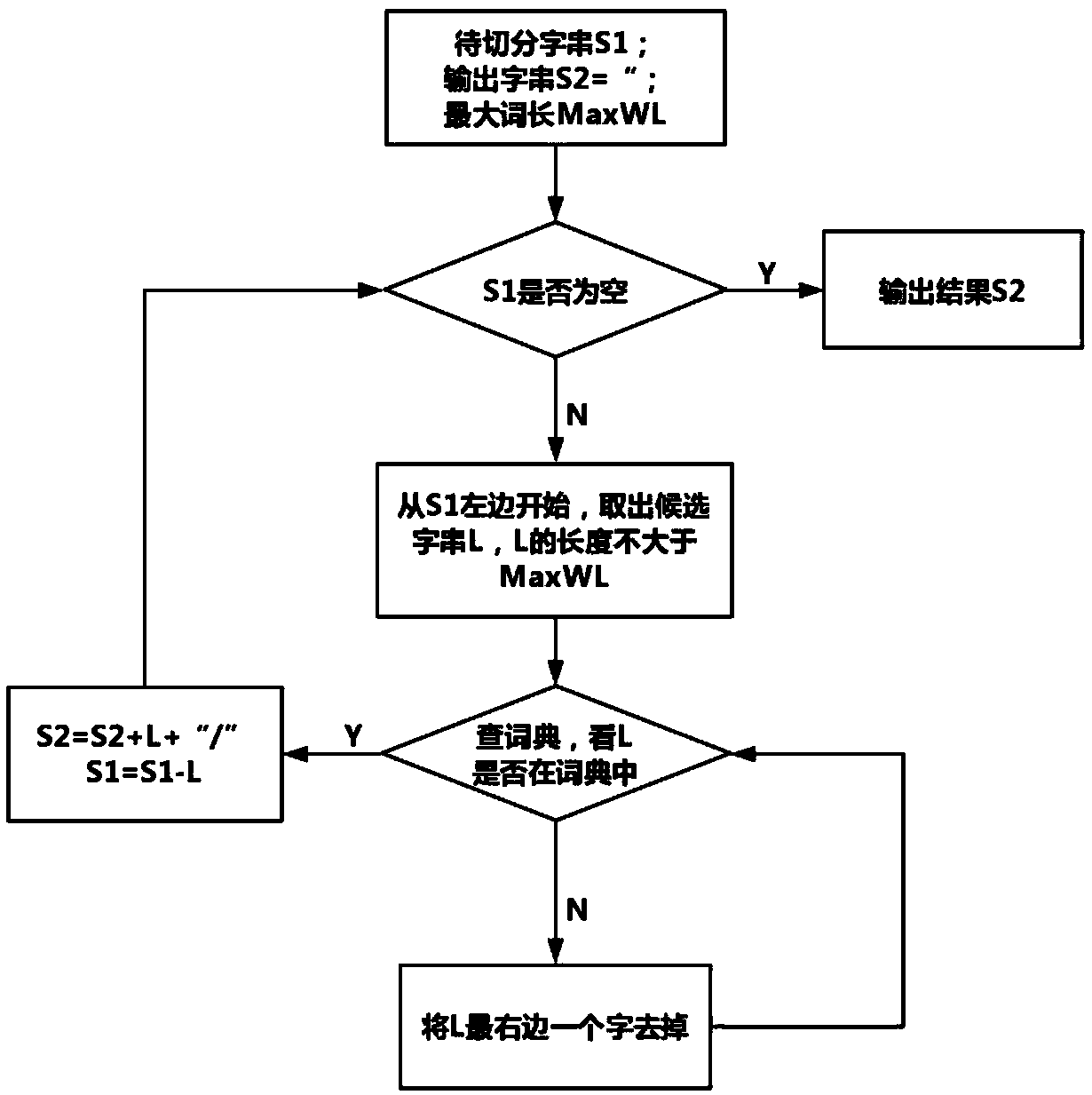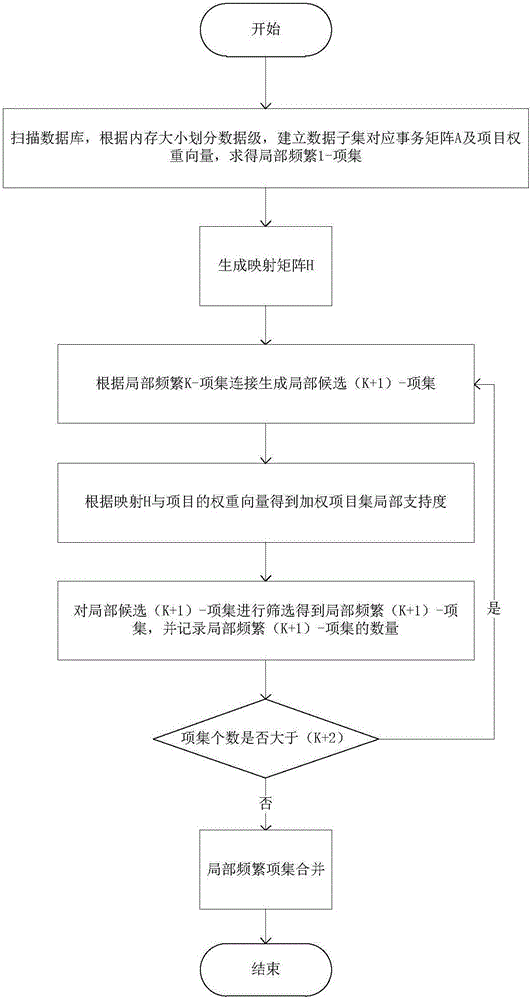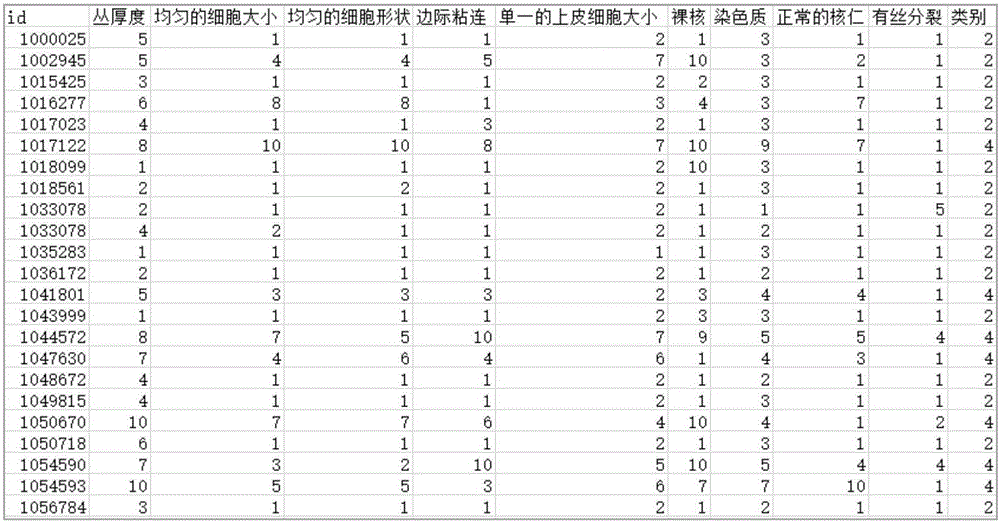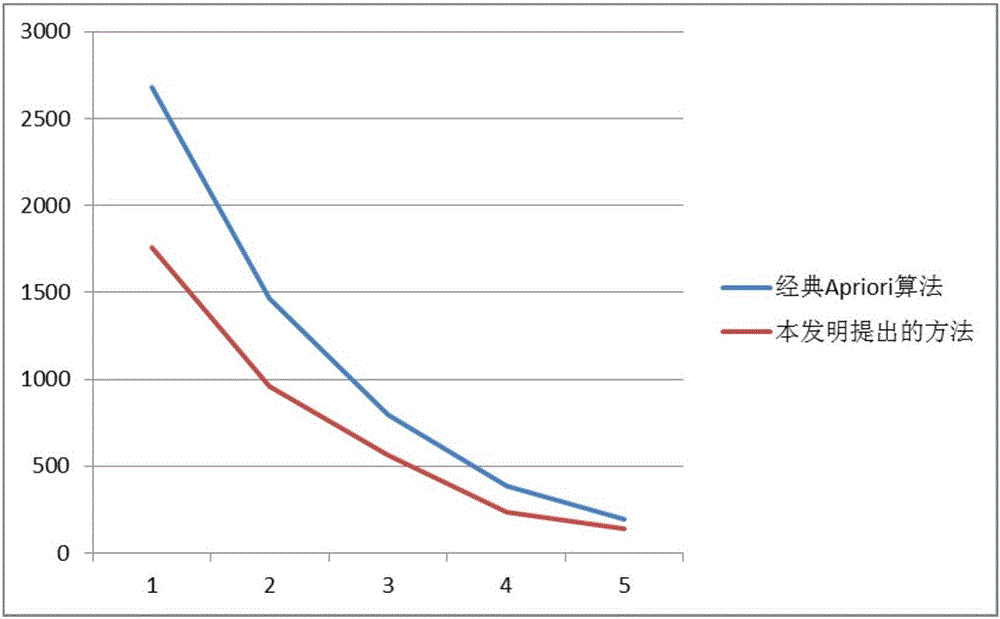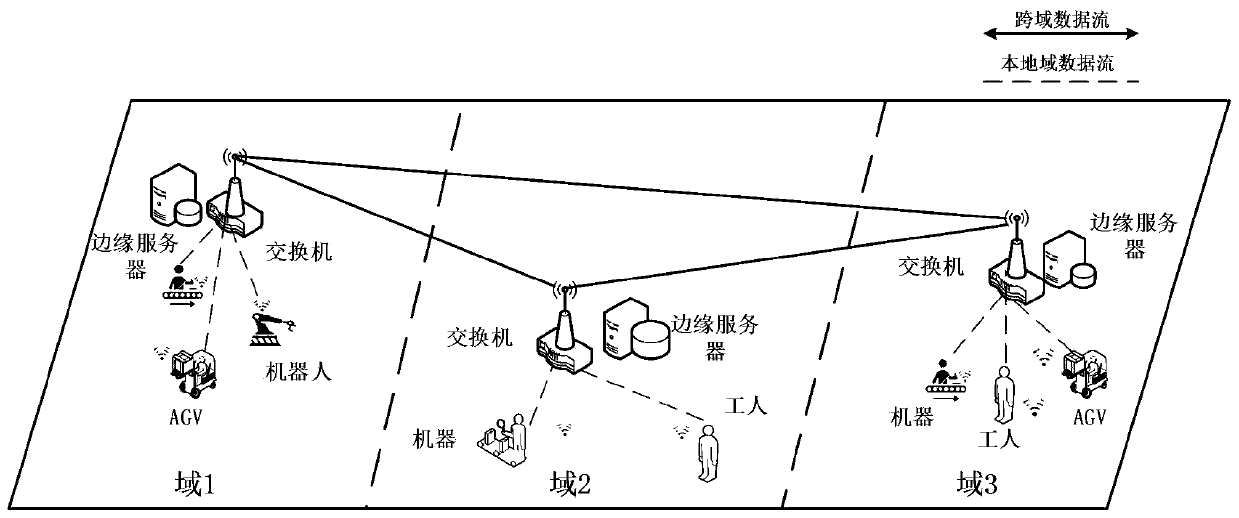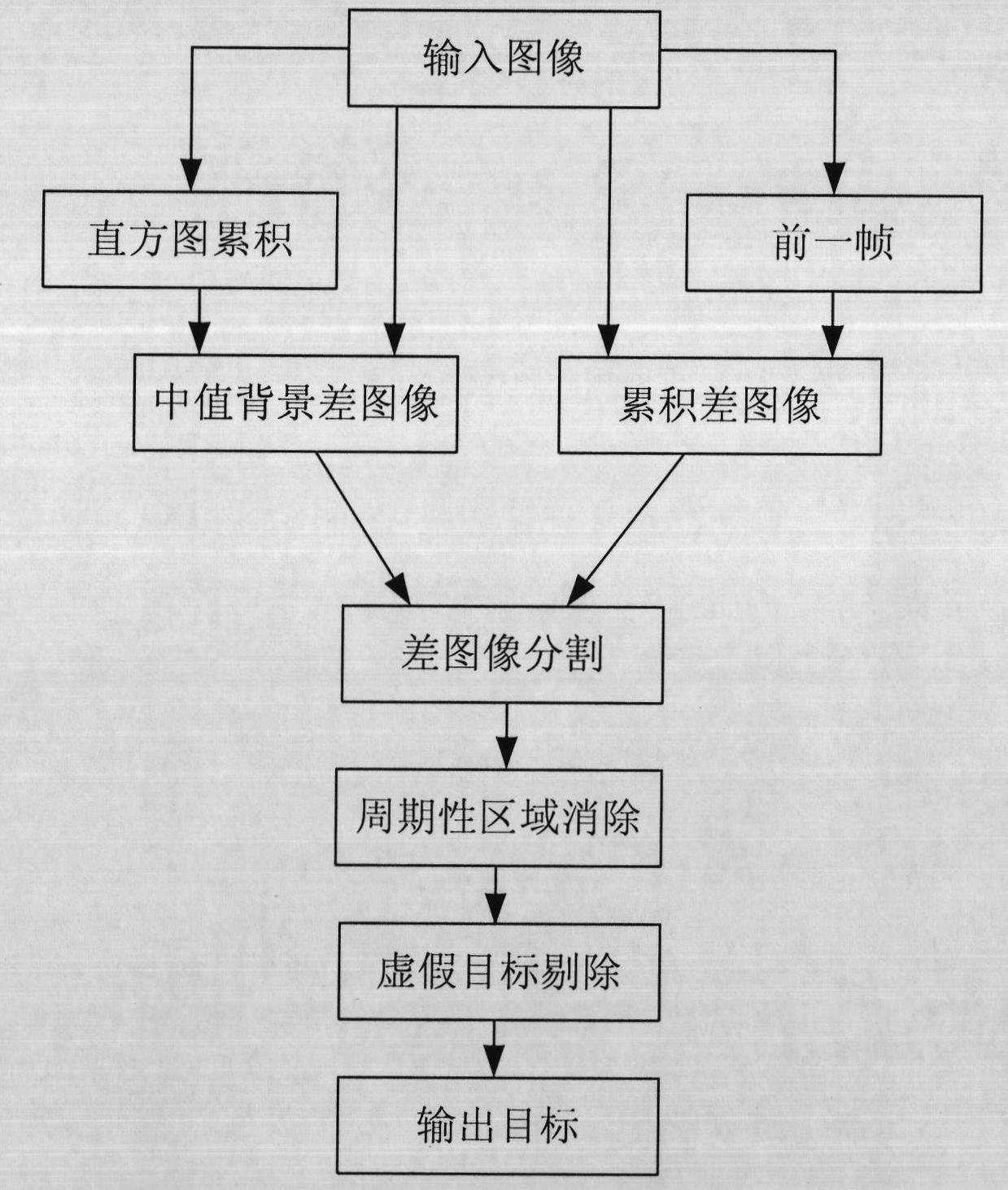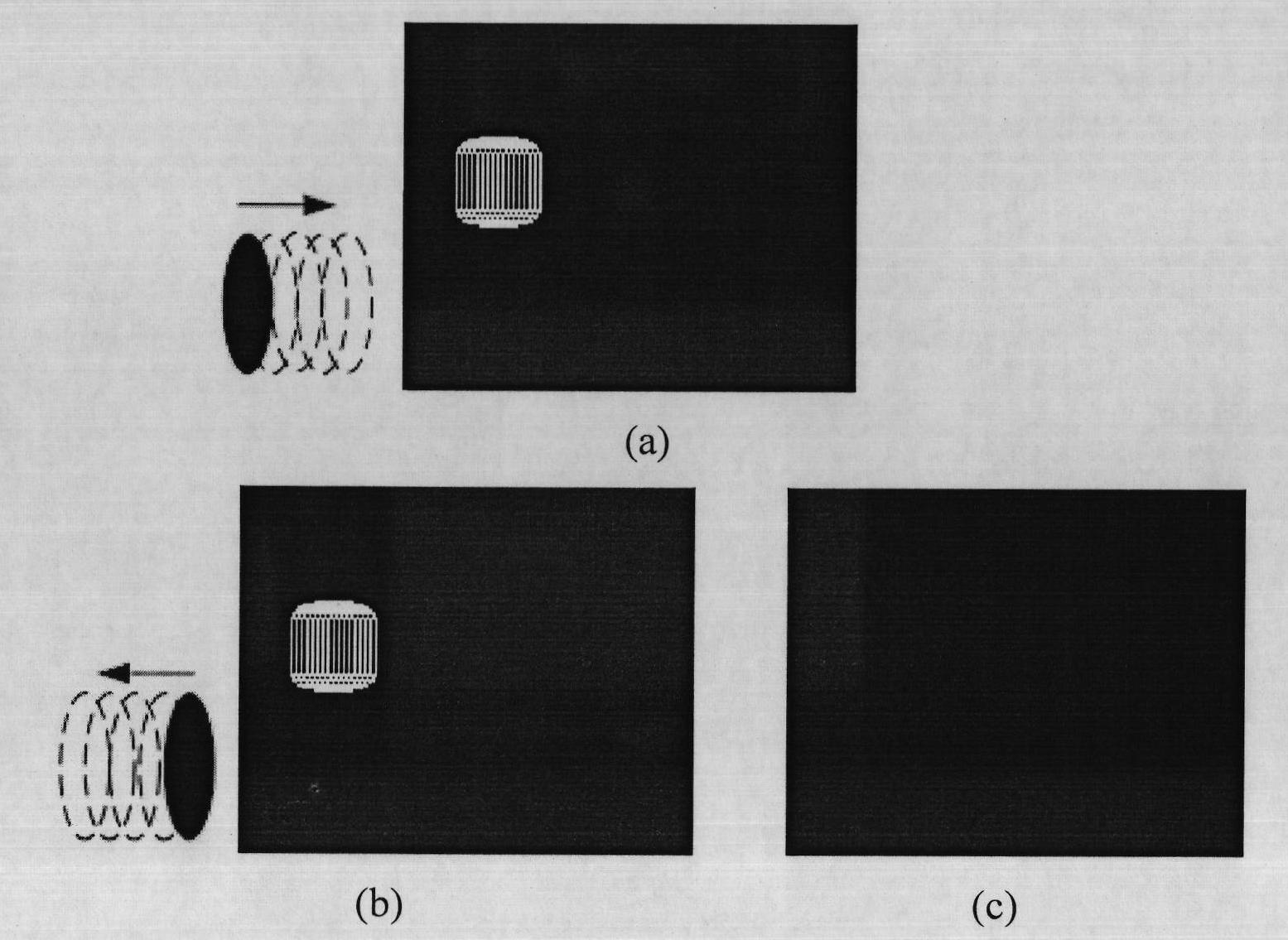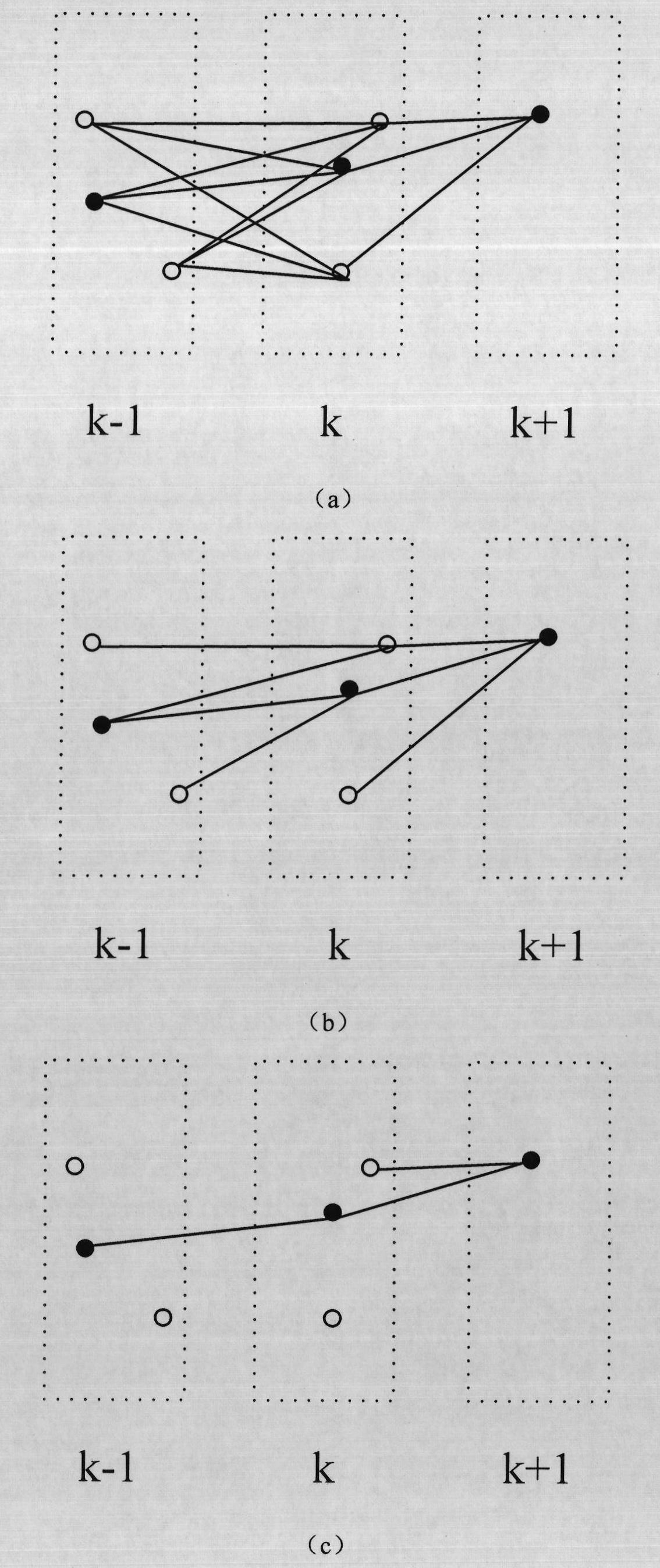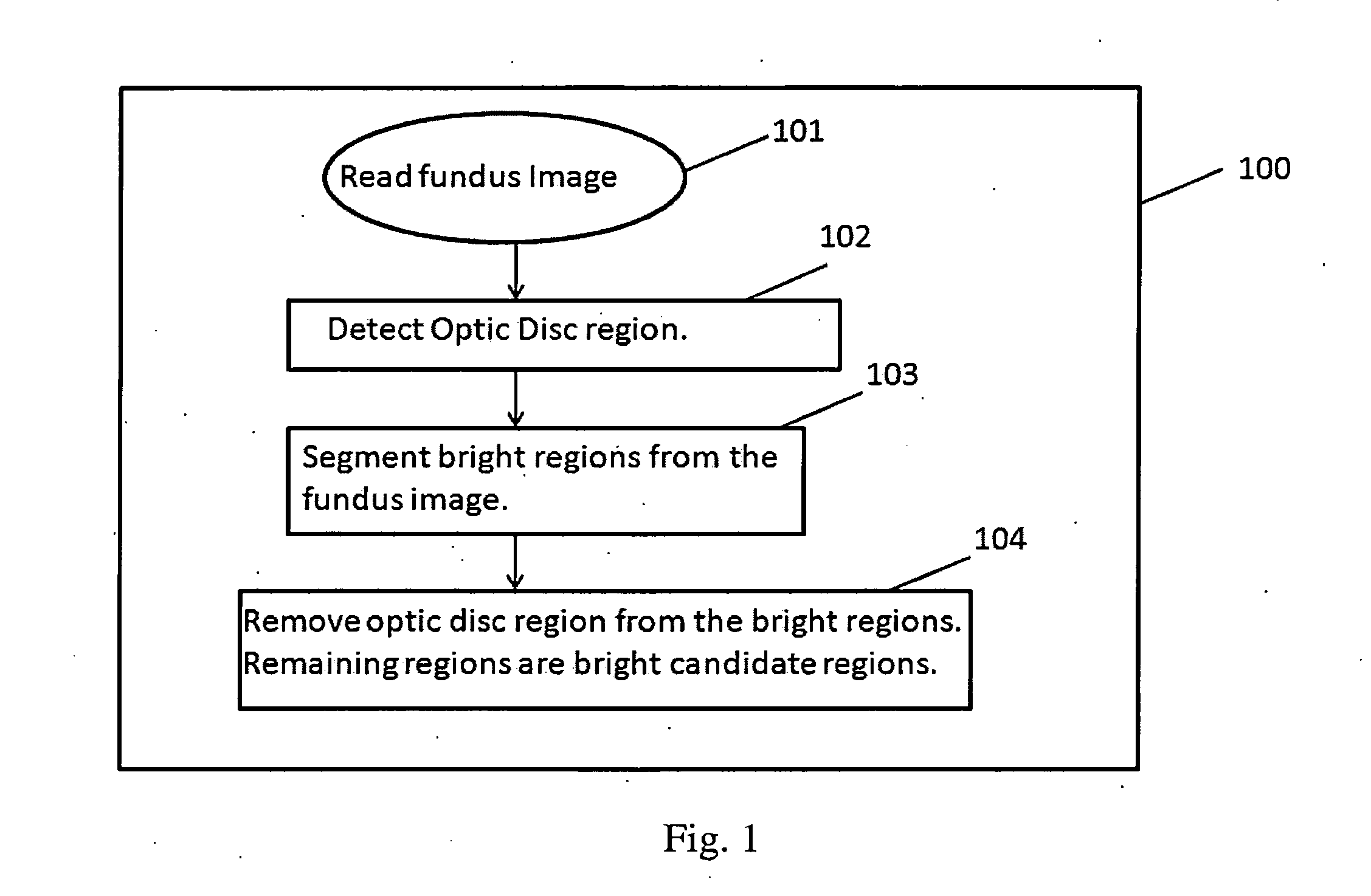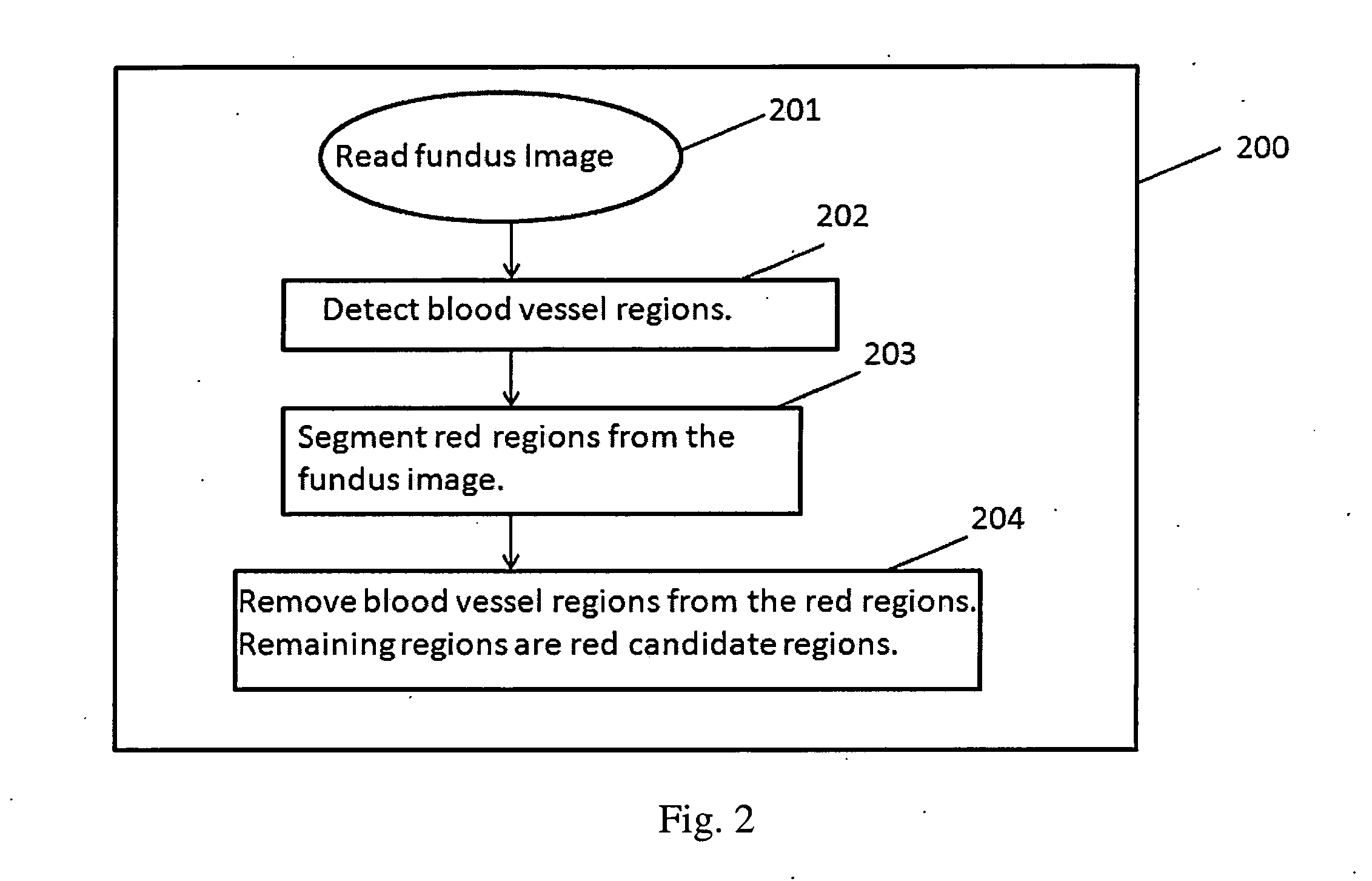Patents
Literature
Hiro is an intelligent assistant for R&D personnel, combined with Patent DNA, to facilitate innovative research.
2683results about How to "Reduce time complexity" patented technology
Efficacy Topic
Property
Owner
Technical Advancement
Application Domain
Technology Topic
Technology Field Word
Patent Country/Region
Patent Type
Patent Status
Application Year
Inventor
A touch contact positioning method, system and video display terminal
ActiveCN102023768APrecise positioningSolve the problem of "ghost spots"Input/output processes for data processingInductorTouchscreen
The present invention is applicable to the field of touch screens, providing a touch contact positioning method, system and video display terminal. The method includes the following steps of: acquiring the coarse positioning results by conducting a self-capacitance detection to an inductor in a capacitive touch screen, acquiring the accurate positioning results by conducting a mutual capacitance detection according to the coarse positioning results, and then determining the position of the touch contact according to the accurate positioning results. The embodiment of the present invention, byacquiring the coarse positioning results by conducting a self-capacitance detection to the inductor in the capacitive touch screen, acquiring the accurate positioning results by conducting a mutual capacitance detection according to the coarse positioning results, and determining the position of the touch contact according to the accurate positioning results, realizes the precise positioning of aplurality of touch contacts and solves the problem of 'ghost points' effectively with less time and complexity.
Owner:深圳市合力泰光电有限公司
Robot indoor positioning and navigating method based on vision
InactiveCN102135429ARealize navigation and positioningReduce occlusionNavigation instrumentsImaging processingOptical axis
The invention discloses a robot indoor positioning and navigating method based on vision, belonging to the field of vision navigation. According to two-dimension codes, the method designs a manpower road sign which is simple and convenient, is easy to recognize, internally contains absolute position coordinates and has certain error correction capability; the road sign is arranged on a ceiling; a camera arranged on the robot, with the optical axis vertical to the ceiling, is used for photographing; the coordinate information included in the road sign is analyzed by road sign positioning of a series of steps such as threshold segmenting of images, extracting of communicating region, profile curve matching and recognizing of road sign characteristic; and the current absolute position and course angle of the robot can be finally obtained by the position estimation arithmetic of the robot. The method has the advantages of reducing the blocking and noise interference, and greatly reducing the processing time and the complexity of surrounding environments of the image processing method.
Owner:SOUTHEAST UNIV
Image super-resolution reconstruction algorithm based on shallow convolution neural network and deep convolution neural network
InactiveCN107240066AReconstruction is accurate and efficientPromote reconstructionGeometric image transformationNeural learning methodsFeature extractionSingle image
The invention discloses an image super-resolution reconstruction algorithm based on a shallow convolution neural network and a deep convolution neural network. The method comprises the following steps: 1) selecting a training sample and a testing sample; 2) performing extracting, mapping, upsamping and multi-scale conversion to the deep network characteristics; 3) extracting the characteristics of the shallow network; and 4) combining the shallow network and the deep network. Compared with the prior art, with regard to the single image reconstruction and video sequence reconstruction, the algorithm of the invention can accurately and effectively reconstruct the model of a high-resolution image so as to obtain a good reconstruction effect. In addition, multi-scale detail characteristic extraction is achieved, and the algorithm has better results than that of other existing algorithms. The reconstruction speed is also fast.
Owner:TIANJIN UNIV
SAR image terrain classification method based on depth RBF network
ActiveCN103955702AExcellent training classification accuracyReduce the numberBiological neural network modelsCharacter and pattern recognitionTextonTest sample
The invention provides an SAR image terrain classification method based on a depth RBF network. The method mainly solves the problem of the prior art that the accuracy of classification is low. The method comprises the steps of (1) extracting the texton features of an SAR image; (2) training the texton features of the SAR image through a first-layer RBF neural network of the depth RBF network to obtain the advanced features of the image; (3) training the advanced features through a second-layer sparse autocoder network SAE of the depth RBF network to obtain more advanced features of the image; (4) training the more advanced features through a third-layer RBF neural network of the depth RBF network to obtain the terrain classification features of the image; (5) comparing the terrain classification features of an image test sample with a test sample label, adjusting the parameters of each layer of the depth RBF network, and obtaining an optimal test classification accuracy. The method is high in classification accuracy and can be used for complicated image classification.
Owner:XIDIAN UNIV
Rapid video flame detection method based on multi-characteristic fusion
InactiveCN101493980AProcessing speedSimplified update methodImage analysisCharacter and pattern recognitionMonitoring siteFlame detection
The invention discloses a video flame-detecting method based on multi-features fusion, which is characterized in that: a fast Gaussian hybrid model is established and a pixel counter is arranged when a computer reads a first frame image a monitoring site captured by a colored camera; when the computer reads new images of a second frame and the following frames, a fast Gaussian hybrid method is firstly used for carrying out motion detection so as to extract a moving object and then a flame color decision is carried out to the moving object to obtain an alternative flame area; and finally, flicker analysis is carried out on the alternative flame area so as to identify a real flame object. The video flame-detecting method carries out modeling to flame color characteristics, motion characteristics and flickering characteristics in flame areas; various flame detection interfering resources are gradually and rapidly eliminated in accordance with the recognition sequence of motion, color and flickering. The test results show that the method has relatively strong robustness; in addition, based on an AMD 2.04GHz processor, the processing speed can reach 22 frames per second for video images with pixels of 320 multiplied by 240.
Owner:UNIV OF SCI & TECH OF CHINA
Method and system for joint resource allocation and computing unloading in software defined vehicle-mounted edge network
ActiveCN110035410AGood decisionMinimize the total processing delay of on-board tasksResource allocationParticular environment based servicesData informationMathematical model
The invention discloses a method and a system for joint resource allocation and computing unloading in a software defined vehicle-mounted edge network. The method comprises the following steps: establishing a mathematical model of a wireless communication theory according to data information, and modeling a joint resource allocation and calculation unloading problem as a mixed integer nonlinear programming problem (MINLP) according to the mathematical model; decomposing an original problem into a resource allocation sub-problem and a calculation unloading sub-problem through a Tammer decomposition method, and adopting function monotonicity definition, Lagrangian duality and KKT (Karush-Kahn-Tucker) to obtain optimal resource distribution, and obtaining an optimal unloading strategy by adopting a multi-stage low-complexity heuristic algorithm; wherein the server can allocate computing resources to the vehicle according to the scheme of the controller, and the vehicle selects the serverto unload the computing task according to the strategy of the controller. According to the invention, an optimal unloading strategy and an optimal resource allocation scheme are provided for vehicles,and the total processing delay of vehicle-mounted tasks in a system range is reduced.
Owner:CENT SOUTH UNIV
Method for quick vehicle type recognition under video monitoring mode
InactiveCN101783076AAccurate classificationReduce time complexityRoad vehicles traffic controlCharacter and pattern recognitionVideo monitoringComputer vision
The invention discloses a method for quick vehicle type recognition under video monitoring mode, which is implemented according to the following steps: setting up a road monitoring device and classifying the vehicles into cars, taxis marked by special color, microbuses, middle-sized vehicles, public buses and large trucks; step 1, initialization, conducting training to the video monitoring device; step2, extracting the area of the vehicle target area and the length and the width of the boundary rectangle of the area, constructing corresponding characteristics and roughly classifying the vehicles into minitype vehicles, middle-sized vehicles and large vehicles; step 3, extracting the main colors of bodyworks of a plurality of minitype vehicle targets to recognize the taxis, then extracting the characteristic parameter of window position of the minitype vehicles, and furthermore, determining the microbuses or cars; and step 4, extracting the characteristic parameters of roof brightness and roof texture to determine whether the large vehicles are public buses or not. Through the method, a variety of vehicles can be recognized quickly and accurately according to the classification characteristics.
Owner:XIAN UNIV OF TECH
Short text query expansion and indexing method based on word vector
ActiveCN104765769AIncrease richnessReduce time complexitySpecial data processing applicationsRe sequencingText query
The invention discloses a short text query expansion and indexing method based on a word vector. The short text query expansion and indexing method particularly comprises: A, pretreatment of corpus information of a short text; B, expression of every word in a corpus dictionary by the word vector through a training model; C, query extension; D, obtaining of a text candidate set through a query expansion word set and a BM25 index model; E, extraction of subject of the short text; F, calculation of the text vector of the short text; G, re-sequencing of the short text returned by a traditional indexing model. The short text query expansion and indexing method can more exactly and effectively satisfy the indexing demand of a user; moreover, the query expansion module can find out words capable of expressing user's intension according to the existing data so as to perform the query expansion.
Owner:DALIAN UNIV OF TECH
Method for detecting and classifying all-network flow abnormity on line
ActiveCN101848160ALow time complexityReduce storage overheadData switching networksTraffic volumeAggregate data
The invention discloses a method for detecting and classifying all-network flow abnormity on line. The method comprises the following steps of: (I) acquiring network flow (NetFlow), namely, receiving a NetFlow data packet transmitted from a border router by adopting a NetFlow collector, resolving the data packet and aggregating data streams to form data suitable for statistical analysis, and transmitting the data to a central control board through network to store in a database; (II) building a flow matrix taking the entropy of flow characteristics as measure; (III) detecting the flow abnormity on line by adopting a main increment component analyzing method; and (IV) constructing sample points in four-dimensional space by utilizing residual vector acquired through on-line detection and classifying the flow abnormity on line by adopting an increment k-mean value clustering method. The method has the advantages of detecting the flow abnormity on line, classifying the flow abnormity on line in real time, meeting the requirement on the real-time detection and classification of the flow abnormity better and laying the technical foundation for subsequently defending against network attack, along with lower time complexity and storage expenditure.
Owner:中国人民解放军陆军炮兵防空兵学院
Human face video processing-based heart rate detection method
InactiveCN105989357AImprove comfortLow costCharacter and pattern recognitionSensorsFrequency domainColor space
The invention discloses a human face video processing-based heart rate detection method. The method is implemented by the steps of (1) controlling a camera to acquire a video that the camera is over against a human face for 10s; (2) performing human face characteristic point detection and tracking on the acquired video, and performing tilt correction to obtain a stable human face video; (3) performing color space conversion on the human face video; (4) extracting a clean BVP (Blood Volume Pulse) signal from the human face video by utilizing video color amplification; and (5) performing iterative frequency domain analysis on a BVP and computing the frequency of the BVP signal to estimate a heart rate. According to the method, the interferences of a background and a rigid head motion are eliminated by utilizing human face characteristic point detection and tracking, the clean BVP signal is extracted through the video color amplification, and the iterative heart rate estimation is carried out, so that the accuracy of heart rate detection is improved and very good robustness is ensured; and the method can be used for non-contact heart rate detection in a real scene under cooperative and non-cooperative conditions.
Owner:HEFEI UNIV OF TECH
Intra-frame lossless compression coding method based on HEVC (high efficiency video coding) frame
ActiveCN103024383AReduce bit rateImprove forecast accuracyTelevision systemsDigital video signal modificationDistribution characteristicPulse-code modulation
The invention discloses an intra-frame lossless compression coding method based on an HEVC (high efficiency video coding) frame, wherein the method is low in time complexity and high in prediction accuracy and increases compression ratio. By the aid of the HEVC frame, a coding unit can be adaptively divided according to image flatness, the best division scheme is determined, and the optimal prediction mode is selected. DPCM (differential pulse code modulation) differential codes are used for preliminary prediction, prediction errors are possibly large when only the differential codes are used for an area with complex texture, and accordingly, prediction values are corrected for the area by means of error compensation. By combining the two methods, reduction of time complexity and improvement of prediction accuracy can be effectively compromised. Distribution characteristics of residual errors depend on the prediction mode, so that the scanning sequence of the residual errors is determined according to the prediction mode, and entropy coding can be more effective.
Owner:BEIJING UNIV OF TECH
Multi-document auto-abstracting method facing to inquiry
InactiveCN101620596ASolve problemsMeet individual requirementsSpecial data processing applicationsFrequency vectorDocument preparation
The invention relates to a multi-document auto-abstracting method facing to inquiry, which comprises the following steps: performing preprocessing on the inquiry and documents; performing topic segmentation and semantic paragraph clustering on the preprocessed documents to obtain subtopics; expressing the inquiry and the sentences in each of the subtopics in the form of a word frequency vector, and calculating the correlation measurement of the inquiry and the subtopics; screening the subtopics according to the correlation measurement of the inquiry and the subtopics, sequencing the subtopics according to the importance of the subtopics, and selecting the front T important subtopics to obtain an ordered sequence of the subtopics correlative with the inquiry; and circularly obtaining representative sentences from the subtopic sequence in turn, and connecting the representative sentences together to generate an abstract. The method uses the topic segmentation technique so that the abstract is in a limited length range and comprises the important information in a document set as much as possible, provides more targeted services, can adjust the content of the abstract according to a user inquiry topic, and can achieve the interactions with users.
Owner:NORTHEASTERN UNIV
Multi-exposure image fusion method
InactiveCN104835130AReduce sizeReduce time complexityImage enhancementMultiscale decompositionFusion mechanism
The invention relates to a multi-exposure image fusion method. The Laplacian pyramid decomposition is utilized to perform multi-scale decomposition of an original image, so that a high frequency image and a low frequency image of the original image are obtained. Different fusion mechanisms are adopted for the high frequency image and the low frequency image to finally obtain a reconstructed image. In the Laplacian pyramid decomposition process, the size of the lower frequency image is much smaller than the size of the original image due to the processing process of down sampling of each layer, so that the time complexity of the sparse representation framework fusion method is greatly reduced, information of a specific frequency band can be highlighted, and more direction and texture information of the original image can be reserved.
Owner:BEIJING UNION UNIVERSITY
Face recognition method of deep convolutional neural network
InactiveCN104866810AImprove classification abilityThe actual output value is smallCharacter and pattern recognitionTime complexityEuclidean vector
The invention discloses a face recognition method of a deep convolutional neural network, which reduces the time complexity, and enables a weight in the network to still have a high classification capacity under the condition of reducing the number of training samples. The face recognition method comprises a training stage and a classification stage. The training stage comprises the steps of (1) randomly generating a weight wj between an input unit and a hidden unit and an offset bj of the hidden unit, wherein j equals to 1,...,L and represents the number of the weight and the offset, and the total number is L; (2) inputting a training image Y and a label thereof, by using a forward conduction formula hw, b(x)=f(W<T>x), wherein hw, b(x) is an output value, x is input, and an output value hw, b(x<(i)>) of each layer is calculated; (3) calculating the offset of the last layer according to a label value and an output value of the last layer; (4) calculating the offset of each layer according to the offset of the last layer, and acquiring the gradient direction; and (5) updating the weight. The classification stage comprises the steps of (a) keeping all parameters in the network to be unchanged, and recording a category vector outputted by the network of each training sample; (b) calculating a residual error delta, wherein delta=||hw, b(x<(i)>)-y<(i)>||<2>; and (c) classifying a tested image according to the minimum residual error.
Owner:BEIJING UNIV OF TECH
Method for automatically generating geographic maps for large-range complex urban environment
ActiveCN105096386AExpand the scope of applicable scenariosImprove robustness3D modellingBundle adjustmentVideo image
A method for generating geographic maps for large-range complex urban environment includes extracting two-dimensional roads and two-dimensional building contour information, generating a two-dimensional geographic map; a monocular PTZ camera, under the guidance of the two-dimensional geographic map, conducting video acquisition and obtaining video images; extracting key frames from the video images, extracting line segment characteristics of matching adjacent key frames to obtain line segment correspondence, positioning and establishing an environment three-dimensional geographic model based on a mobile robot of matching line characteristics; matching a three dimensional geographic model and the two-dimensional geographic map, determining the corresponding relation between the two, and generating an enhanced city geographic map; and optimizing the enhanced city geographic map based on bundle adjustment algorithm with geometrical constraints. Compared with the prior art, the method is wide in application scope, high in robustness and precision, small in storage space needed, and low in cost.
Owner:成都圭目机器人有限公司
Increment data capturing method and system
InactiveCN101183387AImprove versatilityReduce time complexitySpecial data processing applicationsRelational databaseData acquisition
The invention provides an incremental data acquisition method and an incremental data acquisition system; wherein, the method comprises that: a relational database snapshot list corresponding to a target list is created according to the structure information of the target list; extraction of snapshots in the target list with time points appointed is completed with the created snapshot list; and snapshot intercomparison is performed according to the snapshots with different time points so as to capture incremental data. The invention has the advantages that the snapshot list is adopted to store snapshots, and maintenance of metadata information of the incremental data is not needed, thus versatility is enhanced; furthermore, intercomparison time of snapshot record is shortened, computer system computation is decreased, and computer system resources are saved through creating the cluster index of the snapshot list.
Owner:NEUSOFT CORP
Kinect-based action training method
InactiveCN102500094AReduce time complexitySimplify the installation processGymnastic exercisingSpecial data processing applicationsPhysical therapyHuman–computer interaction
The invention relates to a kinect-based action training method, which can realize human body action extraction without marking points by acquiring human body action date through kinect, so that the action training is simpler and more practical. The kinect-based action training method is divided into two modes: on-line training and off-line training, wherein during the on-line training, the trained actions can be automatically divided into plurality of stages, a user can learn the actions by tracing the prompts of each stage, whether the user completes the actions of each stage or not is judged by kinetic energy and potential energy of the actions of the user, and important key points of the actions of the stage are automatically computed and are prompted to the user; and during the off-line training, the user firstly completes all the action by self, and the actions of the user can be automatically matched with standard actions by being caught by the kinect, comparison analysis can be carried out according to the matched actions so that the marking can be carried out according to the difference of the actions of the user and the standard actions on skeleton direction, and thus, the user can more intuitively find the difference.
Owner:BEIHANG UNIV
Method and system for segmenting building roof patches from large-scale image dense matching point clouds
The invention discloses a method and a system for segmenting building roof patches from large-scale image dense matching point clouds, and aims to solve the problem of how to accurately acquire building roof three-dimensional patches from color three-dimensional point clouds generated from inclined images. The method for segmenting the building roof patch from the large-scale image dense matchingpoint cloud comprises the following steps: ground filtering and vegetation filtering; removing the ground and vegetation in the image point cloud; carrying out building monomerization; removing non-building points, and realizing building clustering; removing the vertical surface of the building; segmenting, repairing and refining the roof surface patches.
Owner:ZHEJIANG HEXIN GEOGRAPHIC INFORMATION TECH CO LTD
Digital image based detection method of surface flaw of steel rail
InactiveCN101893580AThe detection process is fastReduce time complexityImage enhancementImage analysisDigital imageSelf adaptive
The invention provides a digital image based detection method of a surface flaw of a steel rail. The method comprises the following steps of: extracting steel rail regions from shot steel rail images; simulating a human vision mechanism; and converting gray-scale images into contrast images so as to locate and judge suspicious flaw regions. The detection method provided by the invention has the advantages of high detection speed, high accuracy, self-adaption capability to the steel rail image acquisition environment and can effectively eliminate the influence of unfavorable factors, such as noise, illumination, and the like.
Owner:BEIJING JIAOTONG UNIV
An image super-resolution reconstruction method based on sparse representation and deep learning
ActiveCN109741256AReduce mistakesRich high-frequency detail informationImage enhancementGeometric image transformationComputation complexityReconstruction method
The invention discloses an image super-resolution reconstruction method based on sparse representation and deep learning, and solves the problems that the image super-resolution process is complex incalculation and the quality of a reconstructed image is poor. The method comprises the following implementation steps: collecting and extracting training data blocks and a chromaticity and brightnessdictionary for combined optimization training; independently reconstructing a high-resolution image block; Carrying out high-resolution image reconstruction of sparse representation; Training a residual error network based on deep learning to optimize high-frequency details; Image super-resolution reconstruction. In order to prevent an edge effect and a fuzzy effect, chroma and brightness data aredistinguished and independently reconstructed; in order to optimize high-frequency detail information of a sparse representation output high-resolution image, the high-resolution image based on sparse representation reconstruction is input into a residual network, and a high-frequency residual image is output through four times of convolution feature extraction and feature fusion and input bitwise addition to reconstruct a super-resolution image. The method is low in calculation complexity, high in image reconstruction quality and widely applied to the fields of remote sensing monitoring, criminal investigation, traffic management and the like.
Owner:XIDIAN UNIV
Method for remapping resource demand dynamic change based on virtual network
ActiveCN102223281AReduce computational complexityMinimize resource consumptionNetworks interconnectionVirtual linkResource consumption
The invention discloses a method for remapping resource demand dynamic change based on a virtual network, relating to the internet technical field. The method comprises the following steps of: establishing a physical network model, a virtual network model and a physical network available resource model; according to the physical network model and the virtual network model, establishing the original virtual network mapping model; according to the physical network model and the original virtual network mapping model, determining available physical network resources; for the resource demand dynamic change of the virtual network, clearly determining a virtual node and a virtual link to be remapped; determining an order for joining the remapping process of the virtual node to be remapped; according to the order, completing the node mapping and the relative link mapping to the virtual node to be remapped; and updating the available physical network resources. The method disclosed by the invention aims to achieve an optimization purpose of minimum resource consumption, and therefore, the resource cost of each virtual network in the remapping process can be minimized so as to accord with the actual situation.
Owner:TSINGHUA UNIV
Multidimensional weighted 3D recognition method for dynamic gestures
InactiveCN104123007AIncrease flexibilityImprove generalization abilityInput/output for user-computer interactionGraph readingFeature vectorSystem transformation
The invention discloses a multidimensional weighted 3D recognition method for dynamic gestures. At the training stage, firstly, standard gestures are segmented to obtain a feature vector of the standard gestures; secondly, coordinate system transformation, normalization processing, smoothing processing, downsampling and differential processing are performed to obtain a feature vector set of the standard gestures, weight values of all joint points and weight values of all dimensions of elements in the feature vector set, and in this way, a standard gesture sample library is constructed. At the recognition stage, by the adoption of a multidimensional weighted dynamic time warping algorithm, the dynamic warping distances between the feature vector set Ftest of the gestures to be recognized and feature vector sets Fc =1,2,...,C of all standard gestures in the standard gesture sample library are calculated; when the (m, n)th element S(m, n) of a cost matrix C is calculated, consideration is given to the weight values of all the joint points and the weight values of all the dimensions of the elements, the joint points and coordinate dimensions making no contribution to gesture recognition are removed, in this way, the interference on the gesture recognition by joint jittering and false operation of the human body is effectively removed, the anti-interference capacity of the algorithm is enhanced, and finally the accuracy and real-time performance of the gesture recognition are improved.
Owner:UNIV OF ELECTRONICS SCI & TECH OF CHINA
Polarimetric SAR classification method based on semi-supervised convolutional neural network
ActiveCN107563422AImprove pre-training efficiencyReduce the numberCharacter and pattern recognitionNeural architecturesTest sampleConvolution
The invention discloses a polarimetric SAR classification method based on a semi-supervised convolutional neural network. According to the method, first, image data is input, and super pixel segmentation is performed; training samples and test samples are extracted; a neighborhood preserving and sparse filtering deep learning network (NDSFN) is adopted to perform unsupervised pre-training on parameters of the convolutional neural network, and a needed filter set is obtained; a feature map is obtained through convolution operation; fuzzy processing is performed on the feature map through downsampling; parameter settings of the NDSFN are adjusted according to the filter size in a second convolution layer to obtain a new feature map; a Softmax classifier is utilized to perform image classification on the training samples; and a small quantity of marked samples are adopted for slight adjustment to obtain a polarimetric SAR terrain classification. Through the method, by constructing a novelsemi-supervised convolutional neural network (SNCNN) model, the problem that a traditional supervised convolutional neural network has a high requirement for marked samples is effectively solved.
Owner:XIDIAN UNIV
Low-complexity polarization code decryption SCL algorithm based on segmented verification assistance
InactiveCN105933010AReduce time complexityPrevent error propagationError correction/detection using linear codesError detection onlyRound complexitySignal-to-noise ratio (imaging)
The invention discloses a low-complexity polarization code decryption SCL algorithm based on segmented verification assistance, and the algorithm selects a parity check code, repeatedly uses the parity check code in a decryption process, and achieves the performances of SCL-CRC24. Moreover, compared with a conventional scheme, the algorithm is better in low signal to noise ratio anti-noise performance and error rate. In addition, the spatial complexity of the algorithm is lower than that of the SCL-CRC24, the time complexity is greatly reduced, and the decoding speed is greatly improved. Compared with a CRC-24 verification algorithm sacrificing multiple information bits, the algorithm employs a parity check method, enables verification elements to be distributed in the information bits, is repeatedly used in the decoding process, and is lower in time complexity than the prior art.
Owner:SOUTH CHINA UNIV OF TECH
Unmanned aerial vehicle routing inspection image retrieval system and method based on electric transmission line and GIS
ActiveCN103839194AImprove retrieval efficiencyImprove processing efficiencyData processing applicationsSpecial data processing applicationsImaging processingDisplay device
The invention discloses an unmanned aerial vehicle routing inspection image retrieval system and method based on an electric transmission line and a GIS. The unmanned aerial vehicle routing inspection image retrieval system comprises an image processing server, an external signal input device, a result display device, an unmanned aerial vehicle and a ground monitor station. The external signal input device inputs external signals or instructions to the image processing server, the result display device outputs a processing result of the image processing server, the ground monitor station reads the flight state information and routing inspection result data of the unmanned aerial vehicle and sends the read data to the image processing server, and the ground monitor station is in wireless communication with the image processing server. By means of the unmanned aerial vehicle routing inspection image retrieval system and method based on the electric transmission line and the GIS, the data retrieving and processing efficiency of the routing inspection result can be improved, the image processing cost in routing inspection is lowered, the image retrieving and processing speed of the server is increased, and the processing time cost of the routing inspection result is lowered.
Owner:STATE GRID INTELLIGENCE TECH CO LTD
Knowledge map construction method for medical images
ActiveCN109378053AReduce redundancyIncrease acquisition rateMedical imagesInstrumentsMedical knowledgeAmbiguity
The invention discloses a knowledge map construction method for medical images, belonging to the field of knowledge maps. The construction process includes a step of knowledge representation with a framework theory representation method, a step of knowledge acquisition, wherein the knowledge sources of entity, attribute and attribute value extraction is unstructured data, a step of knowledge fusion with the integration of acquired new knowledge and the elimination of ambiguity, a step of knowledge processing with the knowledge reasoning and quality assessment of the data which is subjected tothe knowledge fusion and the adding of qualified data to a knowledge map, and a step of knowledge update with the update of the knowledge map according to the update and development of medical image knowledge. According to the characteristics of the medical image knowledge, and the knowledge acquisition rate is greatly improved with the unstructured data such as textbooks and academic journals asa source of knowledge.
Owner:安徽影联云享医疗科技有限公司
Weighted association rule mining method based on data source partition matrix
InactiveCN106126577AQuick calculation of supportReduce I/O timeSpecial data processing applicationsRule miningRound complexity
The invention relates to a weighted association rule mining method based on a data source partition matrix, and belongs to the technical field of manual intelligence, machine learning and data mining. By using a manual intelligence method, implied valuable expert knowledge can be mined from massive and complex industrial text data and expressed in an association rule manner, and a support can be provided for establishment of a knowledge base in an expert system. According to the method, a classic association rule mining algorithm is analyzed; a method for rapidly computing a support degree based on the data source partition matrix is provided aiming at the problem that an Apriori algorithm is low in efficiency as a data set is scanned repeatedly; and a weighted calibration method based on probability is used for weighting data item sets during an association rule mining process aiming at the problem that the Apriori algorithm treats data items in the transaction data set equally. Experiments verify that the provided method can reduce space complexity and time complexity of traditional association rule mining.
Owner:BEIJING INSTITUTE OF TECHNOLOGYGY
Task unloading method based on power control and resource allocation
ActiveCN111245651AReduce offload overheadReduce time complexityData switching networksQuality of serviceOptimal decision
The invention discloses a task unloading method based on power control and resource allocation, and relates to the field of industrial Internet of Things. The method comprises the steps: establishinga cross-domain network model of an industrial field; constructing a calculation model of an equipment task; according to the model, constructing a mixed integer nonlinear programming model for communication power control, resource allocation and calculation unloading problems; decomposing a problem into three sub-problems; solving an optimal communication power and a resource allocation strategy by utilizing convex optimization knowledge, a Lagrange multiplier method and a KKT (Karush-Kuhn-Tucker) condition; after substituting an original target function, solving an optimal decision of a taskcalculation position by utilizing a deep reinforcement learning algorithm, and obtaining an optimal strategy of communication power, resource allocation and the calculation position of task unloading.The method can obtain the optimal strategy in industrial network task unloading, and has the technical effects of reducing the task delay, reducing the equipment energy consumption and ensuring the service quality.
Owner:SHANGHAI JIAO TONG UNIV
Infrared image-based weak and small moving target detecting method
InactiveCN102074022AAccurate removalAccurate detectionImage analysisFrame differenceVideo monitoring
The invention discloses an infrared image-based weak and small moving target detecting method. The method disclosed by the invention comprises the steps of median background difference image generation, accumulated difference image generation, difference image segmentation, periodical motion area elimination and false target elimination. Concretely, the method comprises: establishing a grayscale histogram for each pixel to count the frequency of the appearance of the pixel on each grayscale in the latest time period, calculating a median to obtain median background, and calculating the absolute frame difference between the median background and a detected frame to obtain a median background difference image; calculating the frame difference between each two adjacent frames continuously, and accumulatively adding difference images to obtain an accumulated difference image; eliminating interference from periodical motion areas, and highlighting a real moving target; and finding a reasonable target track by using motion and grayscale consistency of the target. The method disclosed by the invention can accurately and continuously detect the weak and small moving target day and night at a remote distance, has high real-time performance and high robustness, and is easy to promote in application field of military robot battle reconnaissance, video monitoring and the like.
Owner:NANJING UNIV OF SCI & TECH
Method and apparatus to detect lesions of diabetic retinopathy in fundus images
InactiveUS20140314288A1Minimal run-time complexityFastImage enhancementImage analysisCotton wool patchesHard exudates
The present invention relates to the design and implementation of a three stage computer-aided screening system that analyzes fundus images with varying illumination and fields of view, and generates a severity grade for diabetic retinopathy (DR) using machine learning. In the first stage, bright and red regions are extracted from the fundus image. An optic disc has similar structural appearance as bright lesions, and the blood vessel regions have similar pixel intensity properties as the red lesions. Hence, the region corresponding to the optic disc is removed from the bright regions and the regions corresponding to the blood vessels are removed from the red regions. This leads to an image containing bright candidate regions and another image containing red candidate regions. In the second stage, the bright and red candidate regions are subjected to two-step hierarchical classification. In the first step, bright and red lesion regions are separated from non-lesion regions. In the second step, the classified bright lesion regions are further classified as hard exudates or cotton-wool spots, while the classified red lesion regions are further classified as hemorrhages and micro-aneurysms. In the third stage, the numbers of bright and red lesions per image are combined to generate a DR severity grade. Such a system will help in reducing the number of patients requiring manual assessment, and will be critical in prioritizing eye-care delivery measures for patients with highest DR severity.
Owner:PARHI KESHAB K +1
Features
- R&D
- Intellectual Property
- Life Sciences
- Materials
- Tech Scout
Why Patsnap Eureka
- Unparalleled Data Quality
- Higher Quality Content
- 60% Fewer Hallucinations
Social media
Patsnap Eureka Blog
Learn More Browse by: Latest US Patents, China's latest patents, Technical Efficacy Thesaurus, Application Domain, Technology Topic, Popular Technical Reports.
© 2025 PatSnap. All rights reserved.Legal|Privacy policy|Modern Slavery Act Transparency Statement|Sitemap|About US| Contact US: help@patsnap.com
